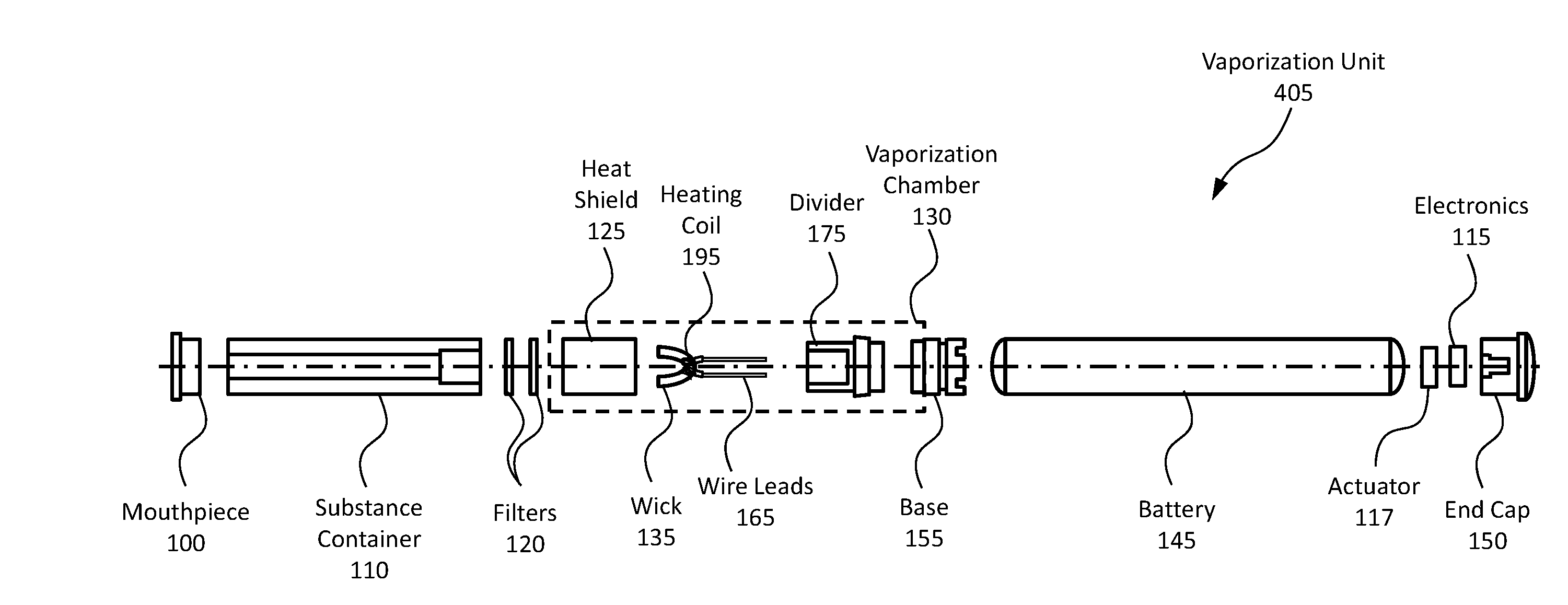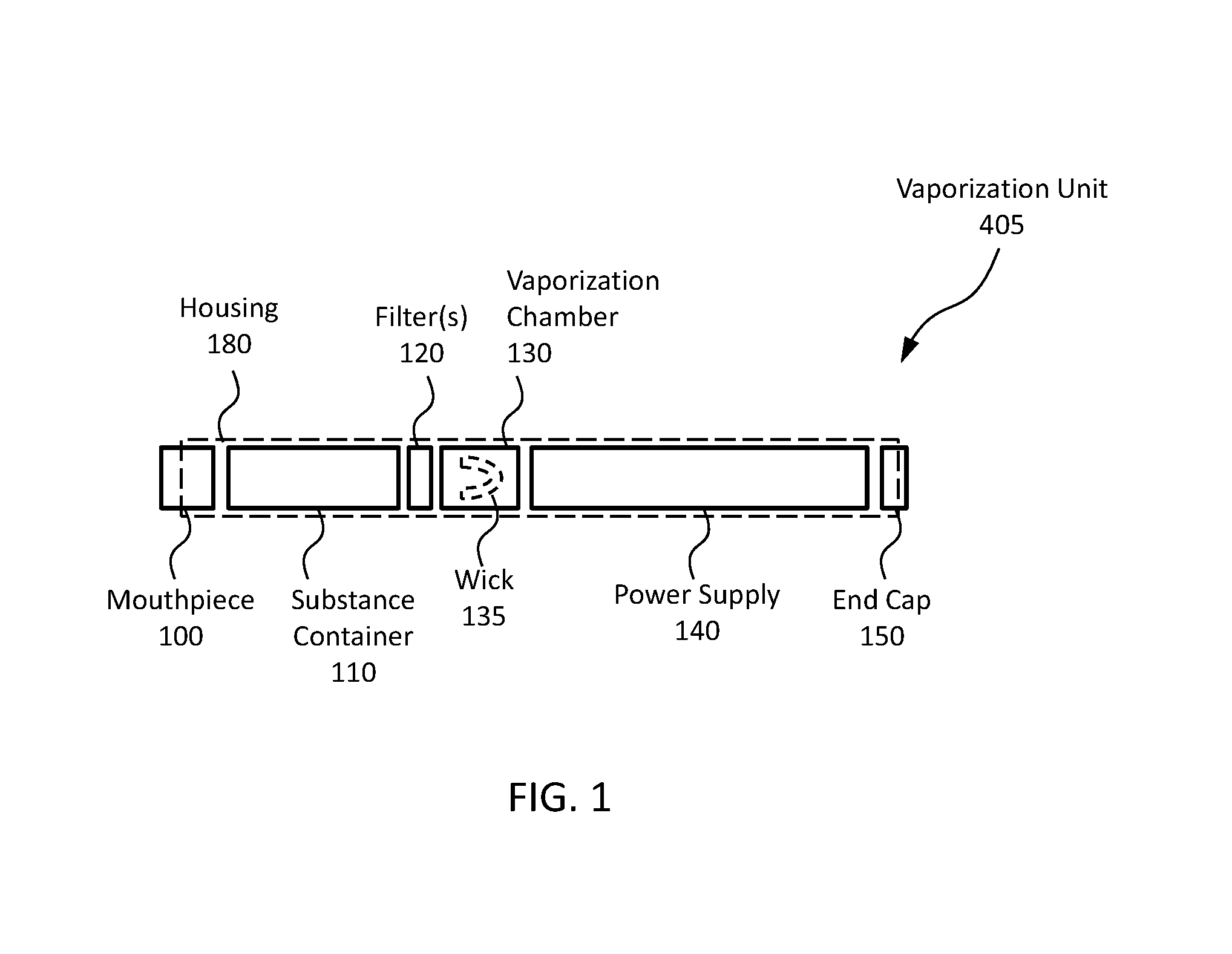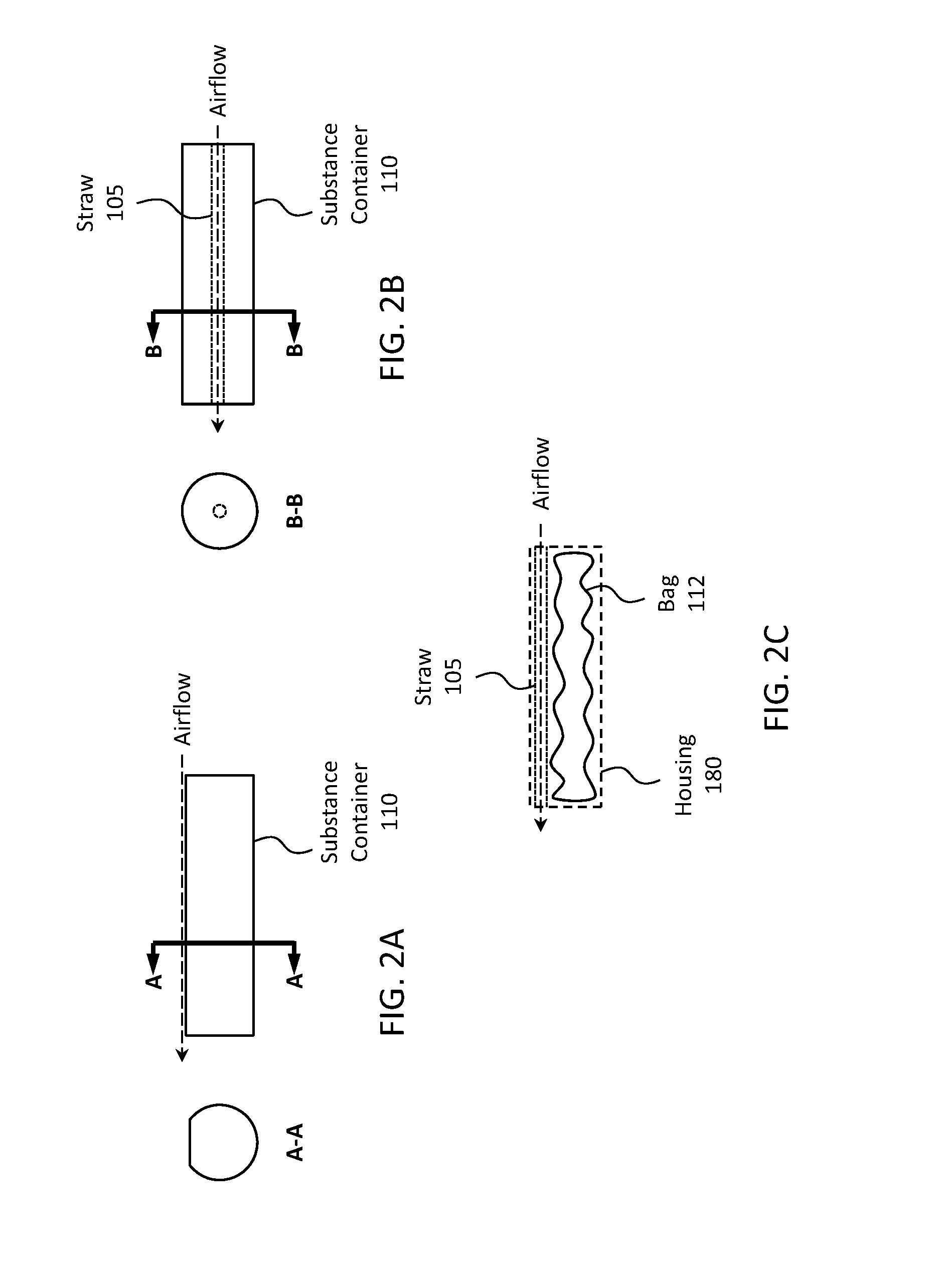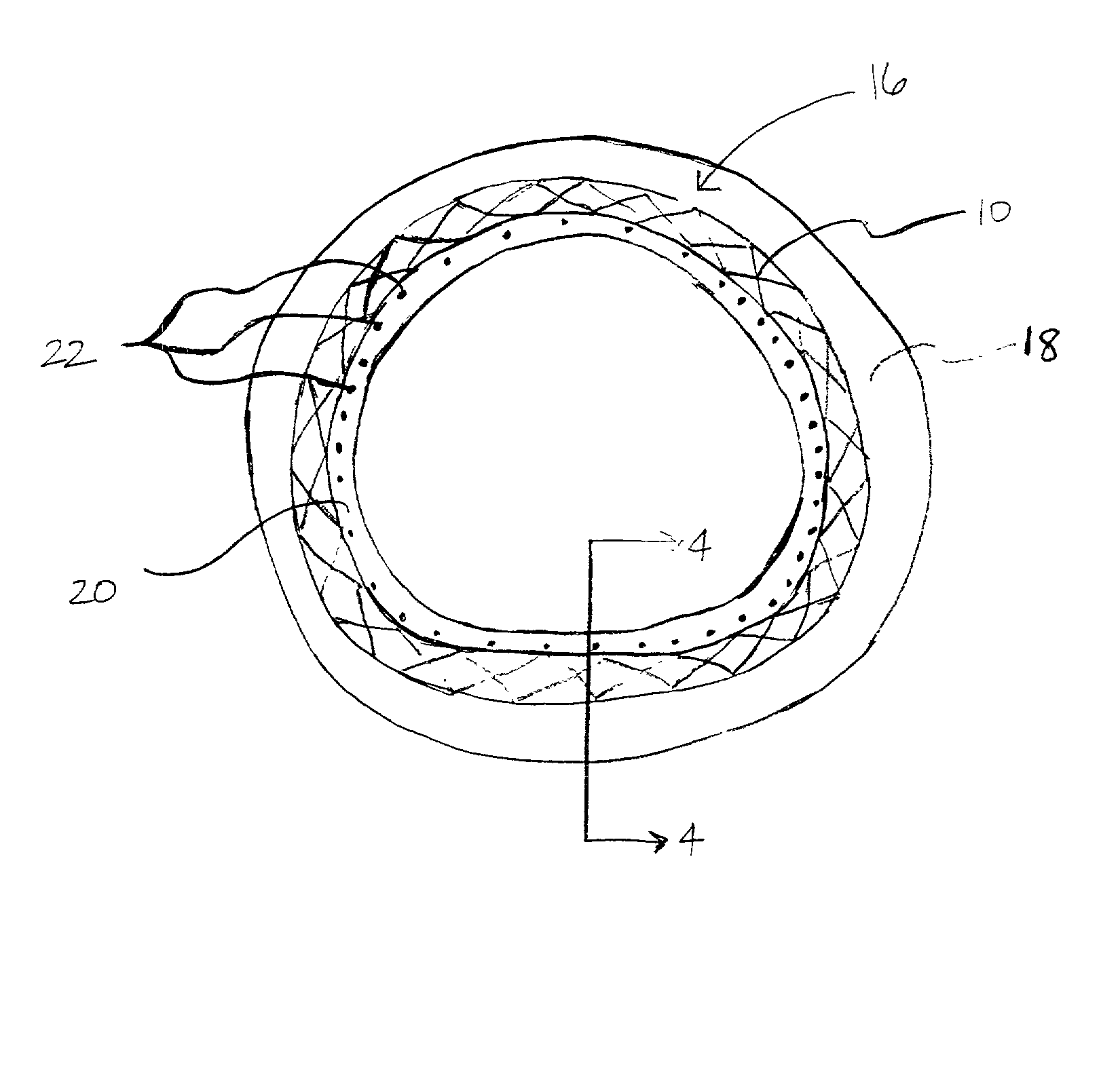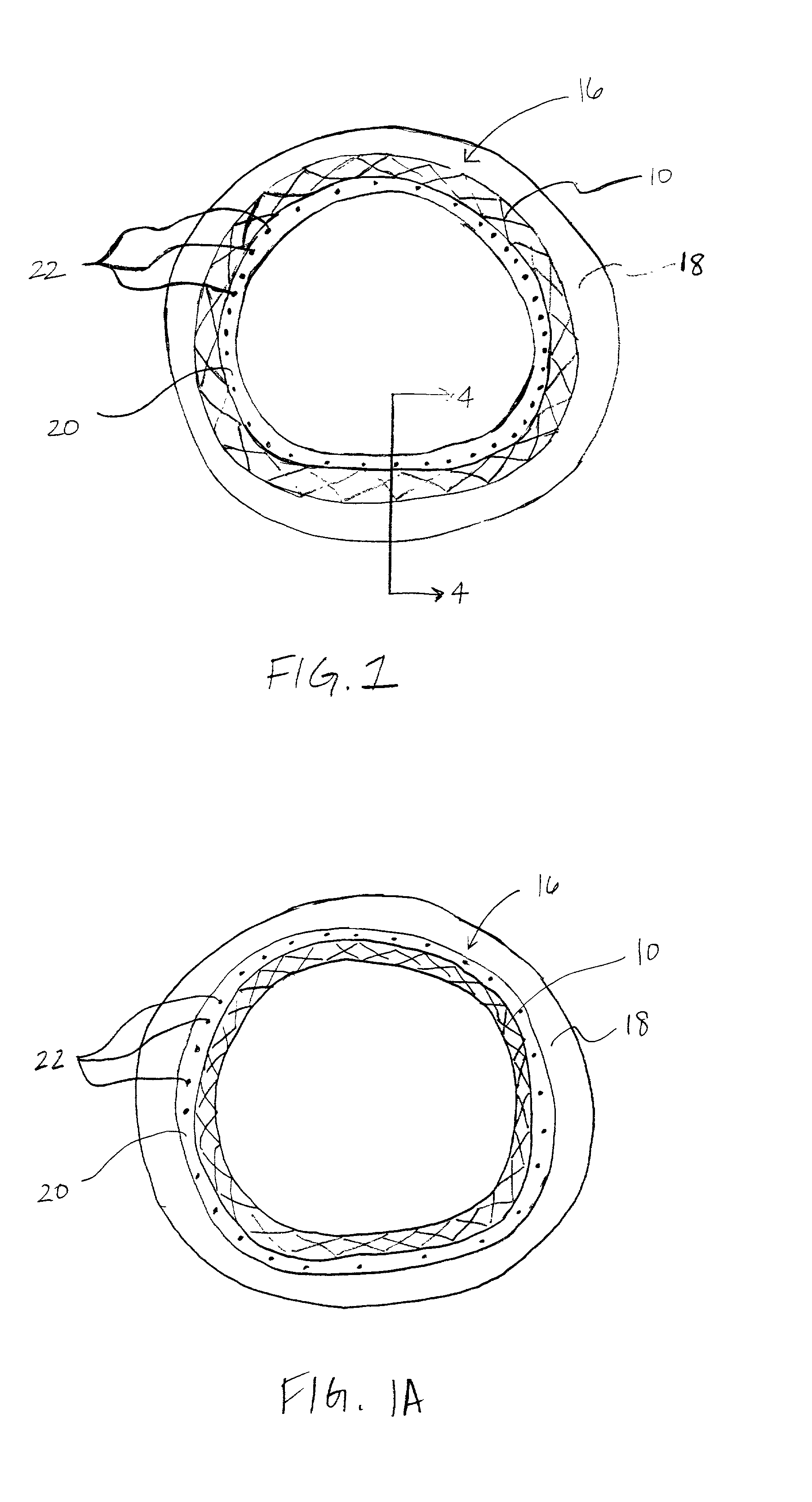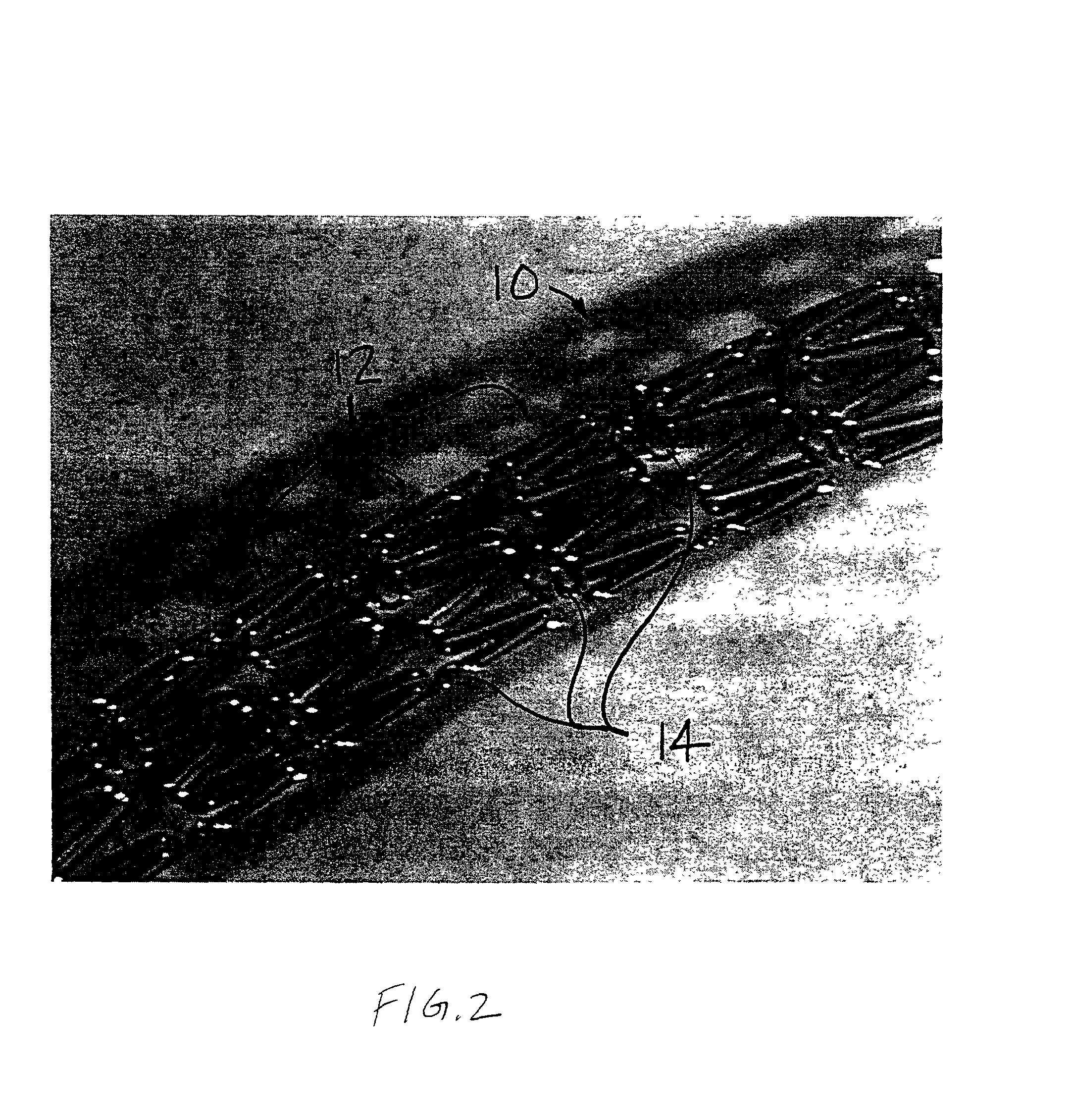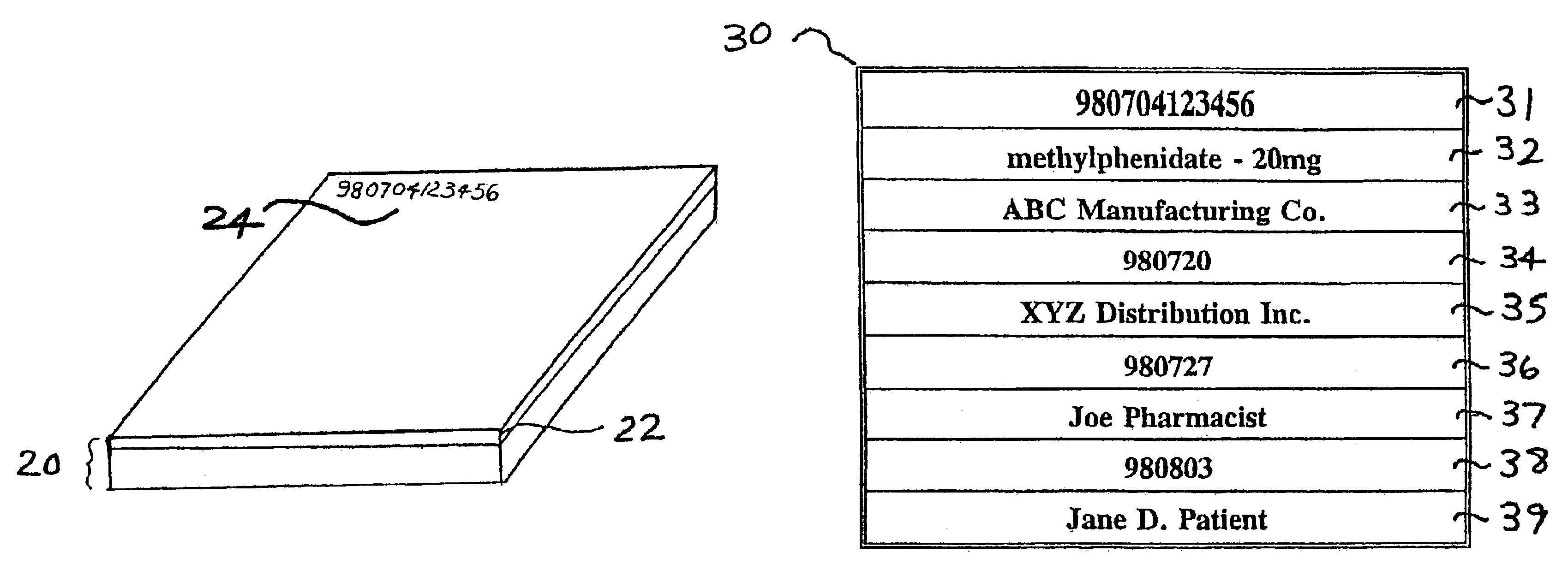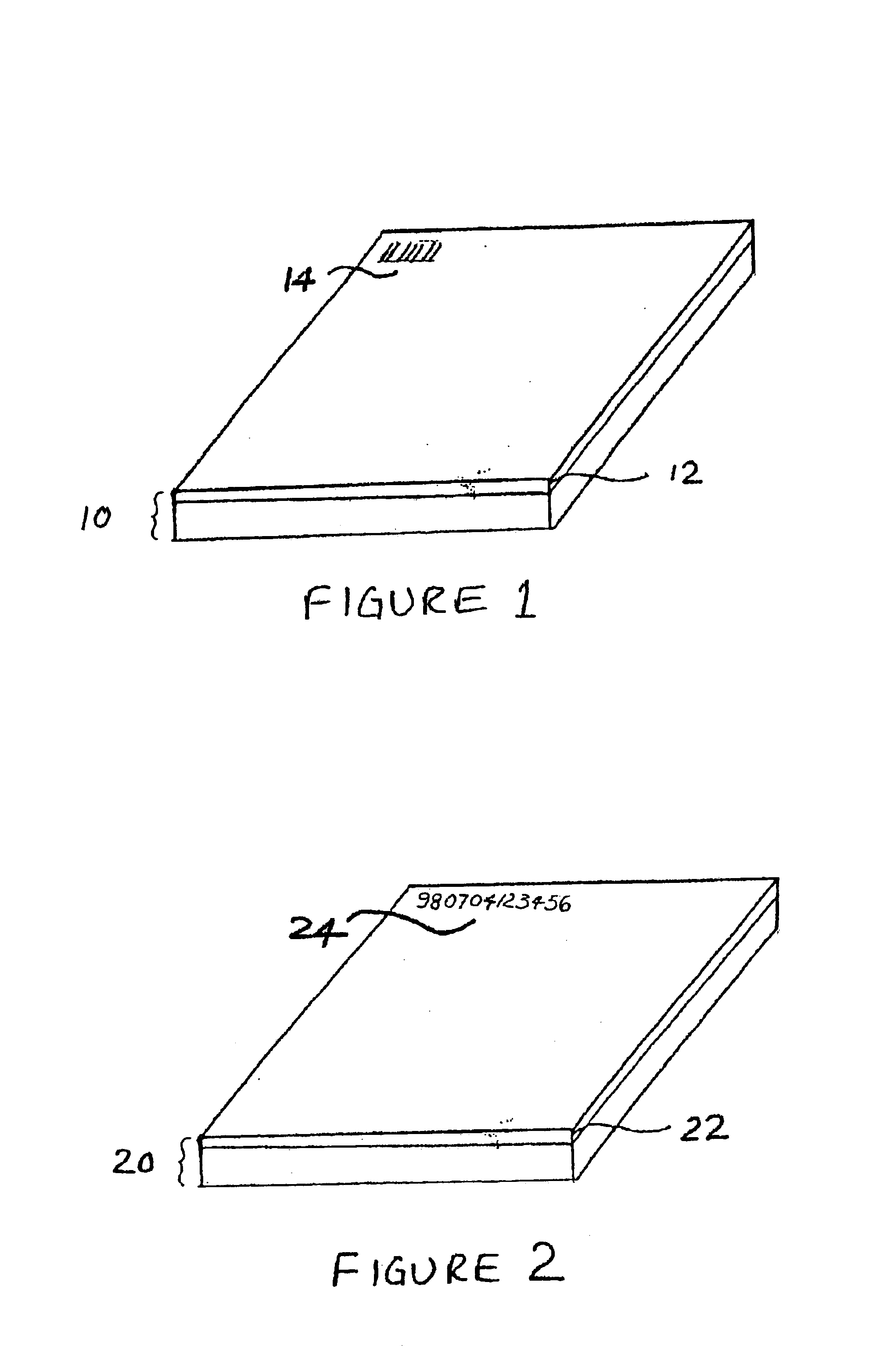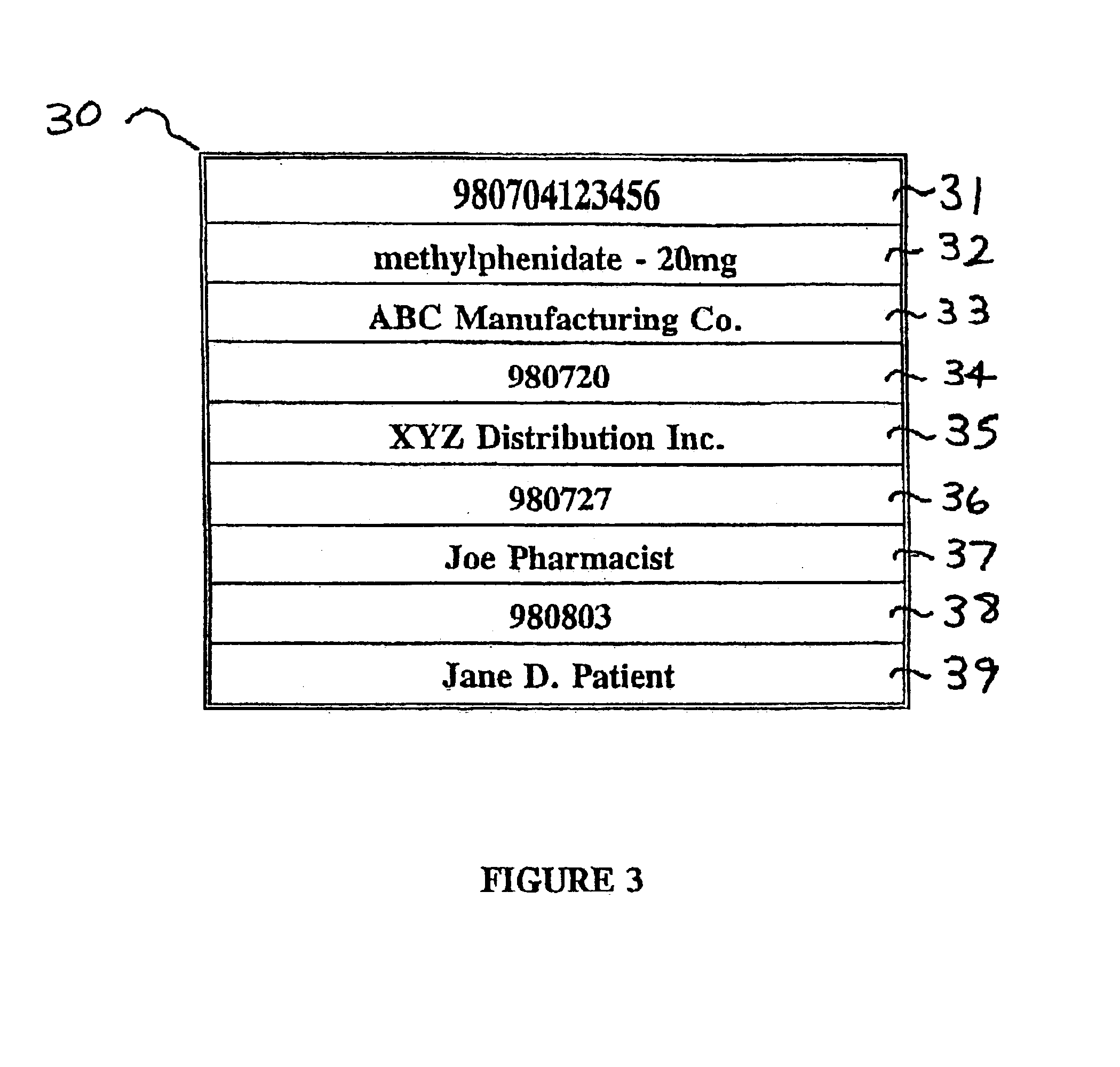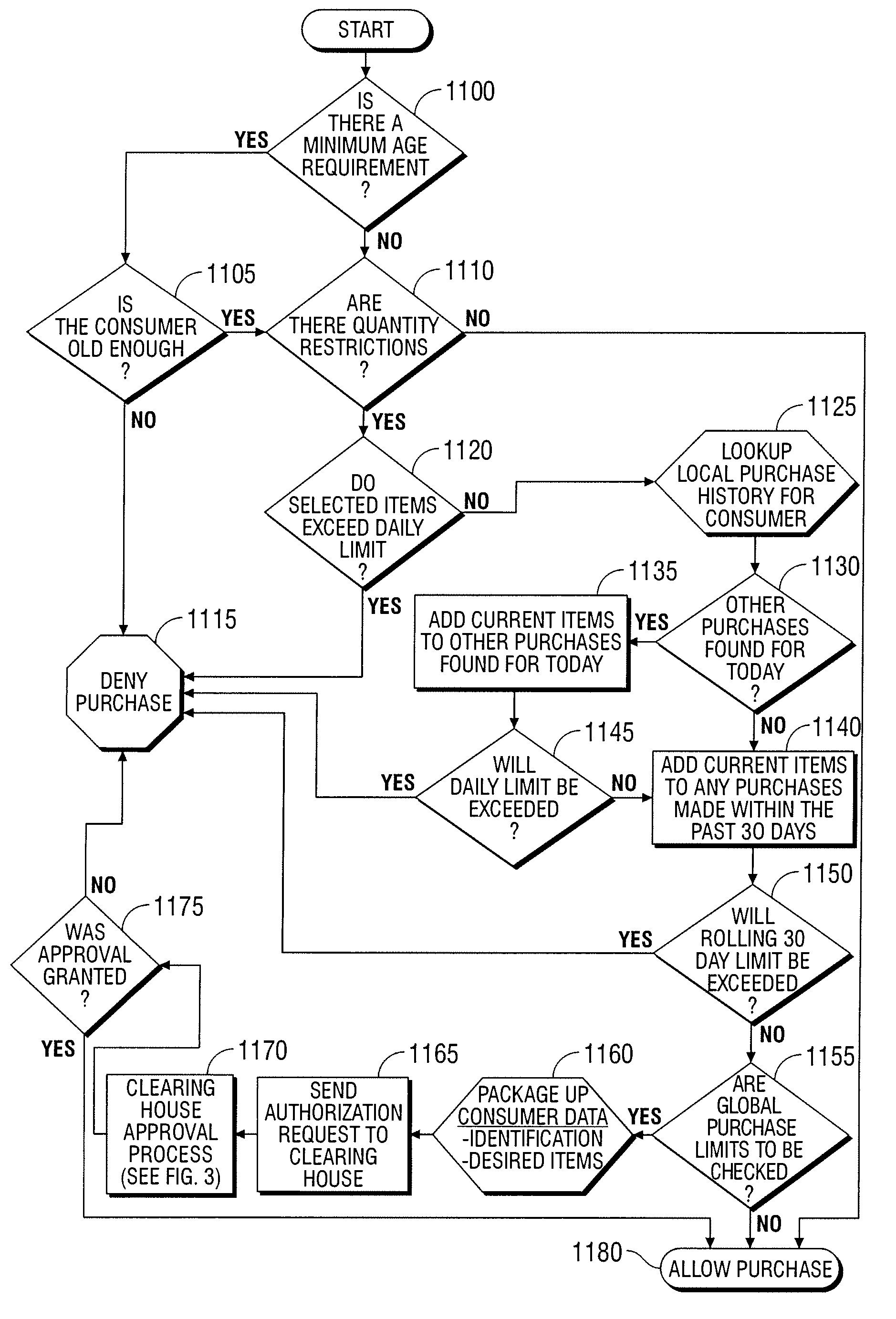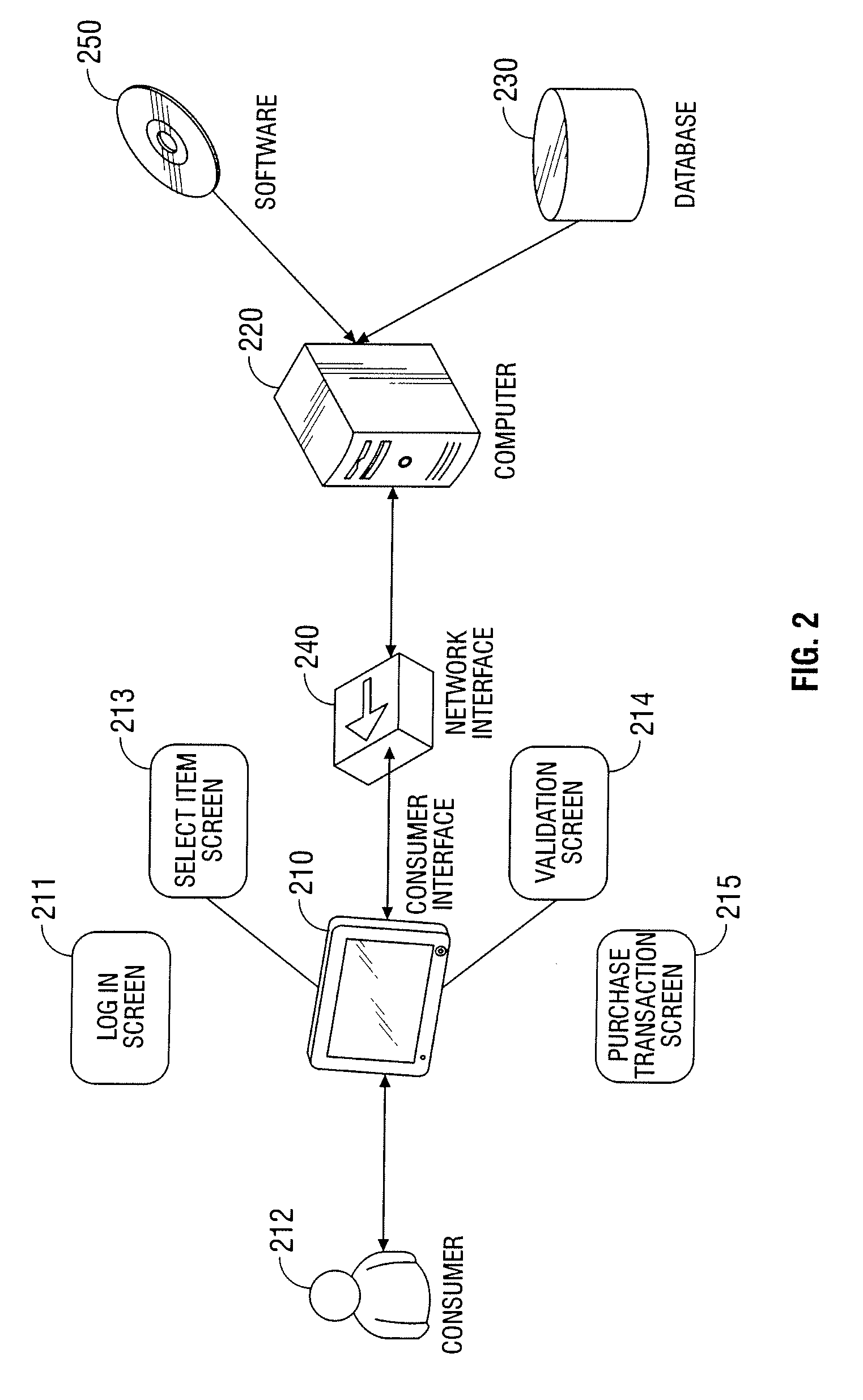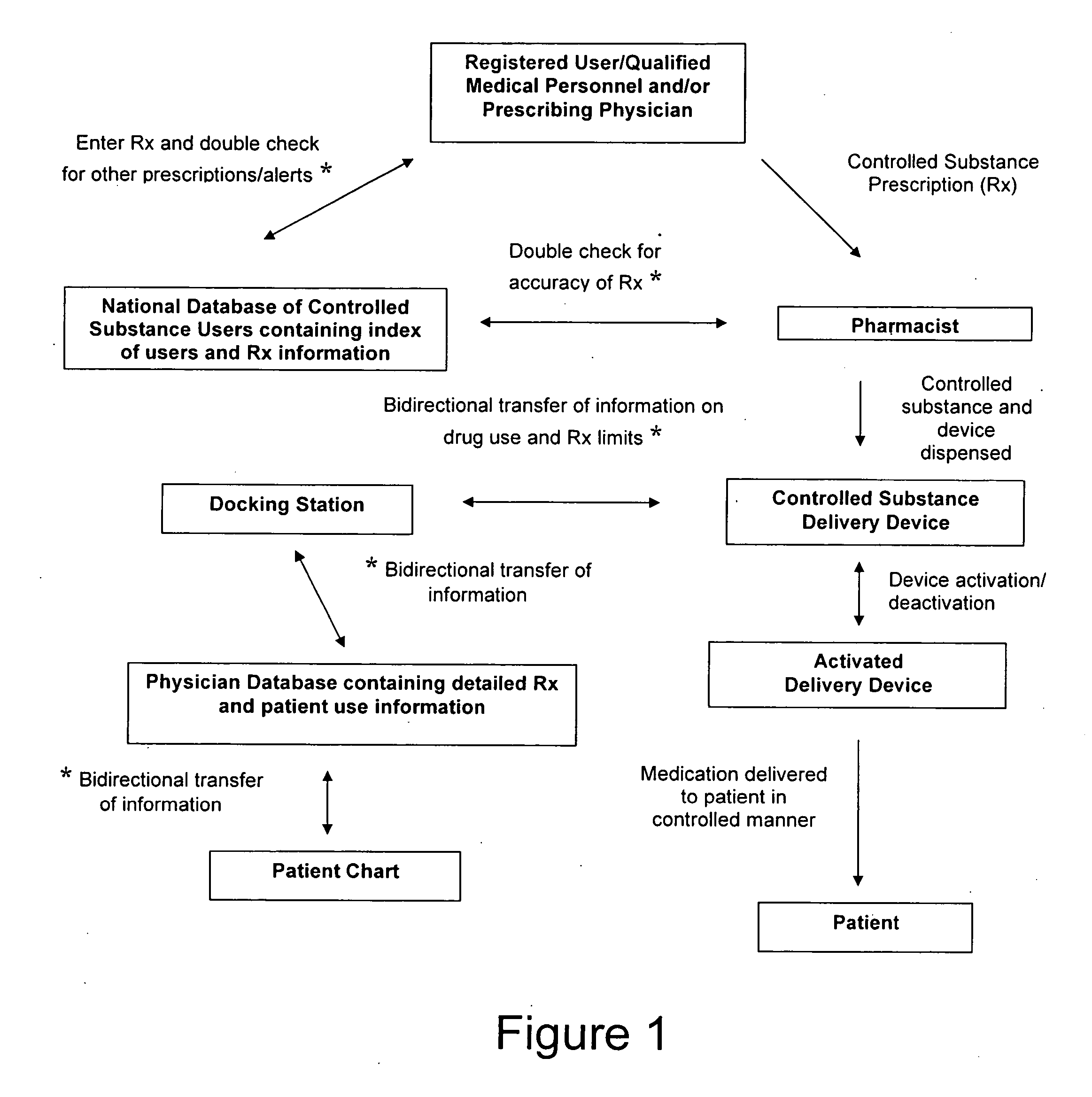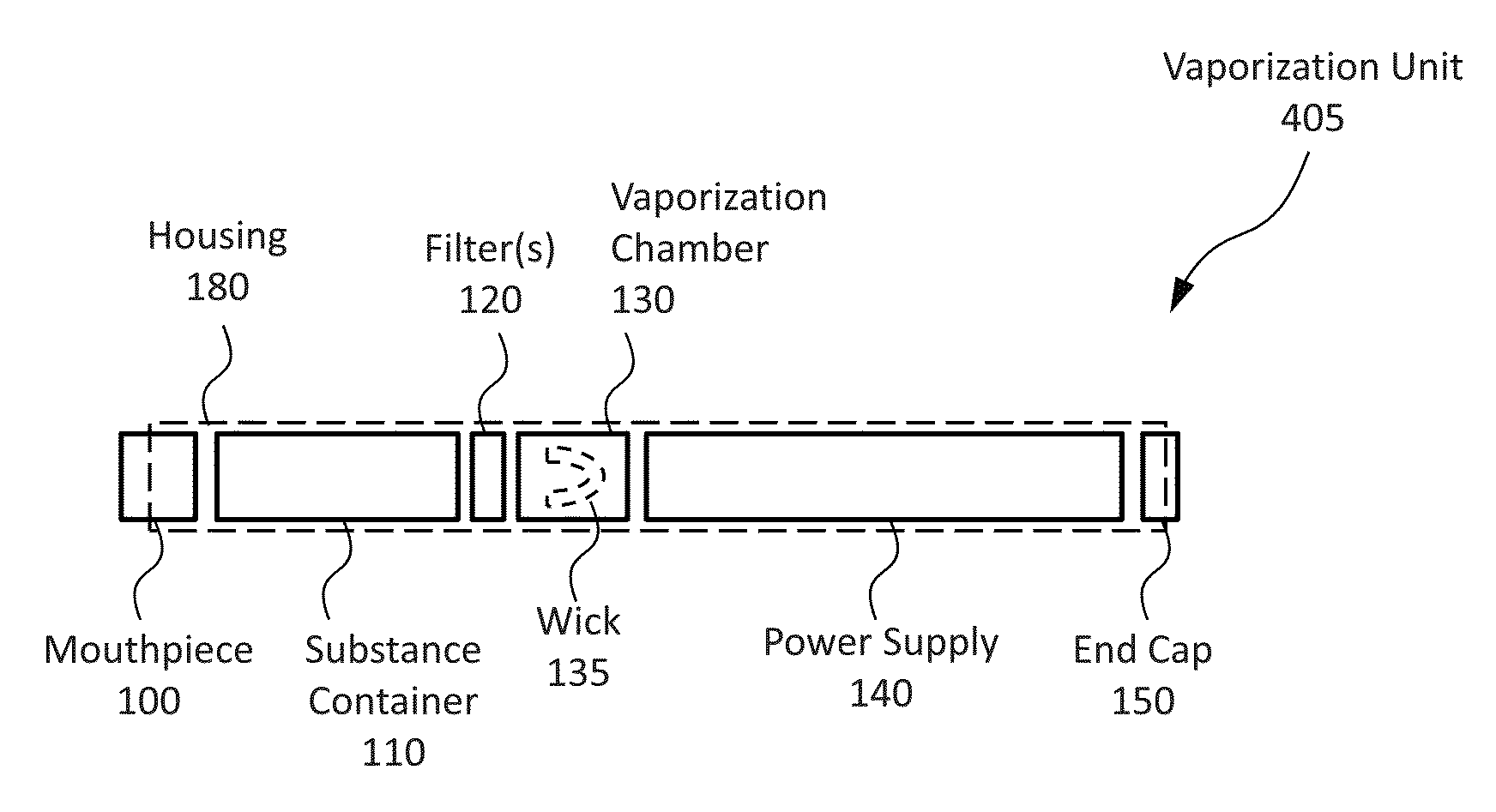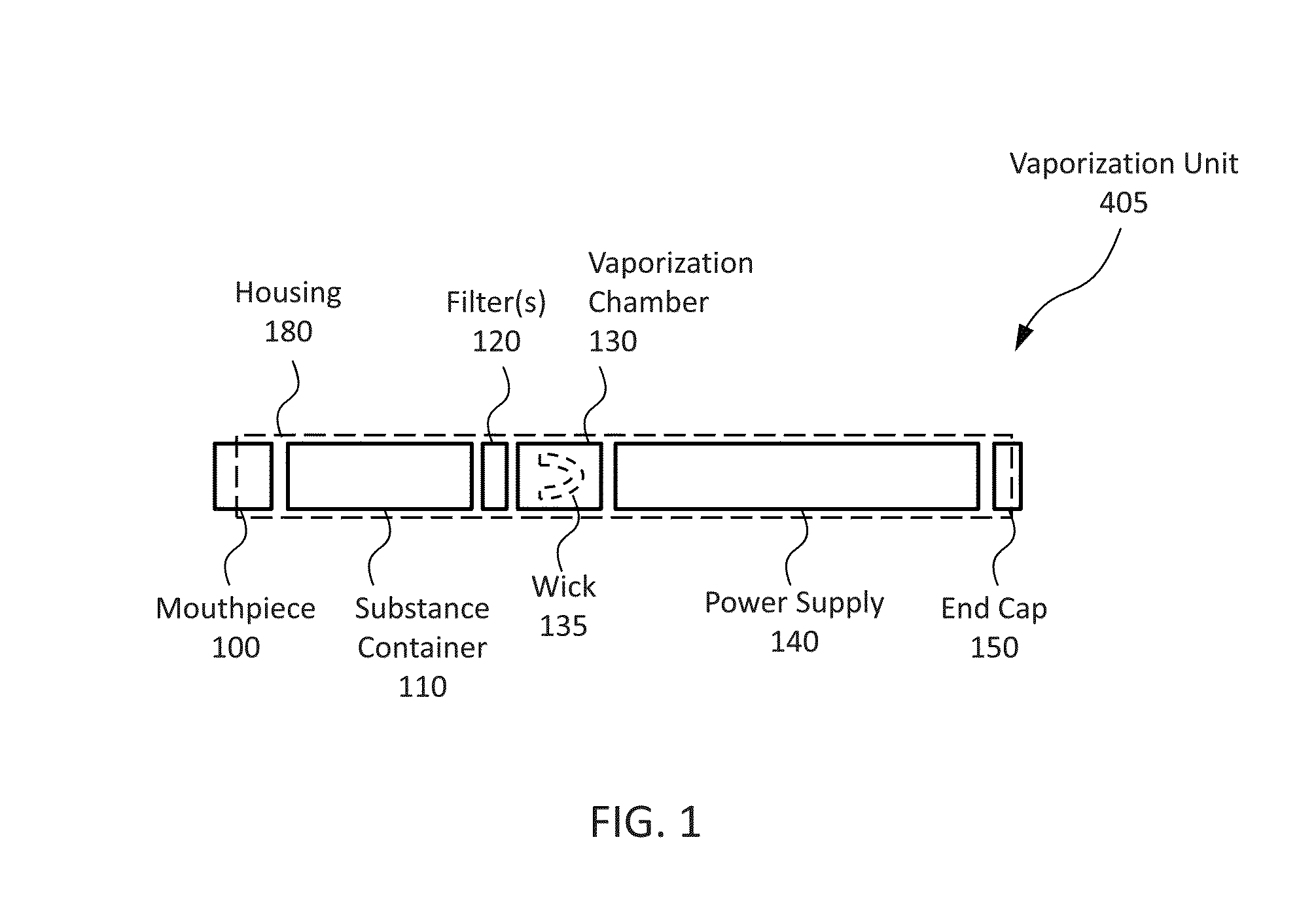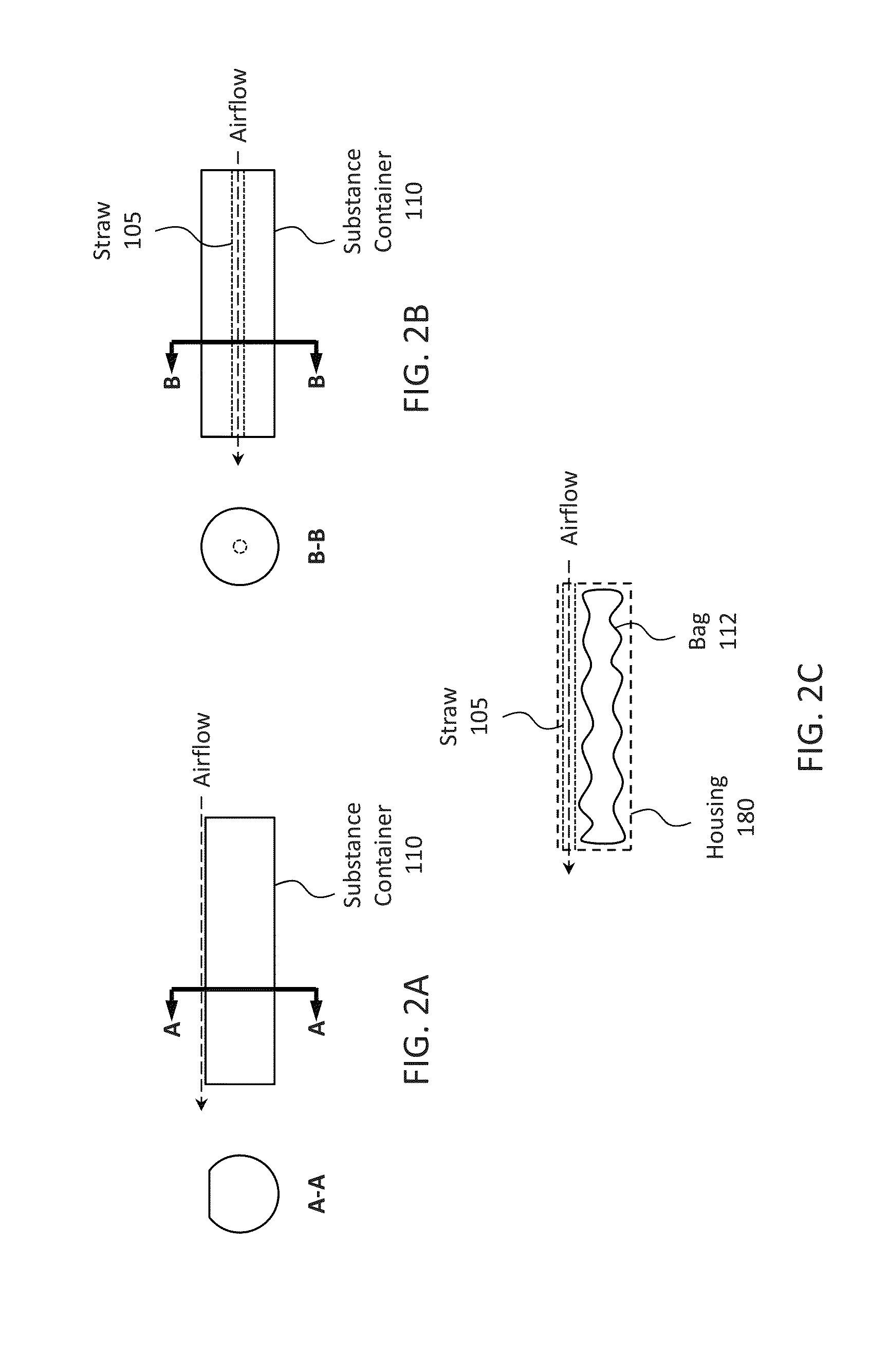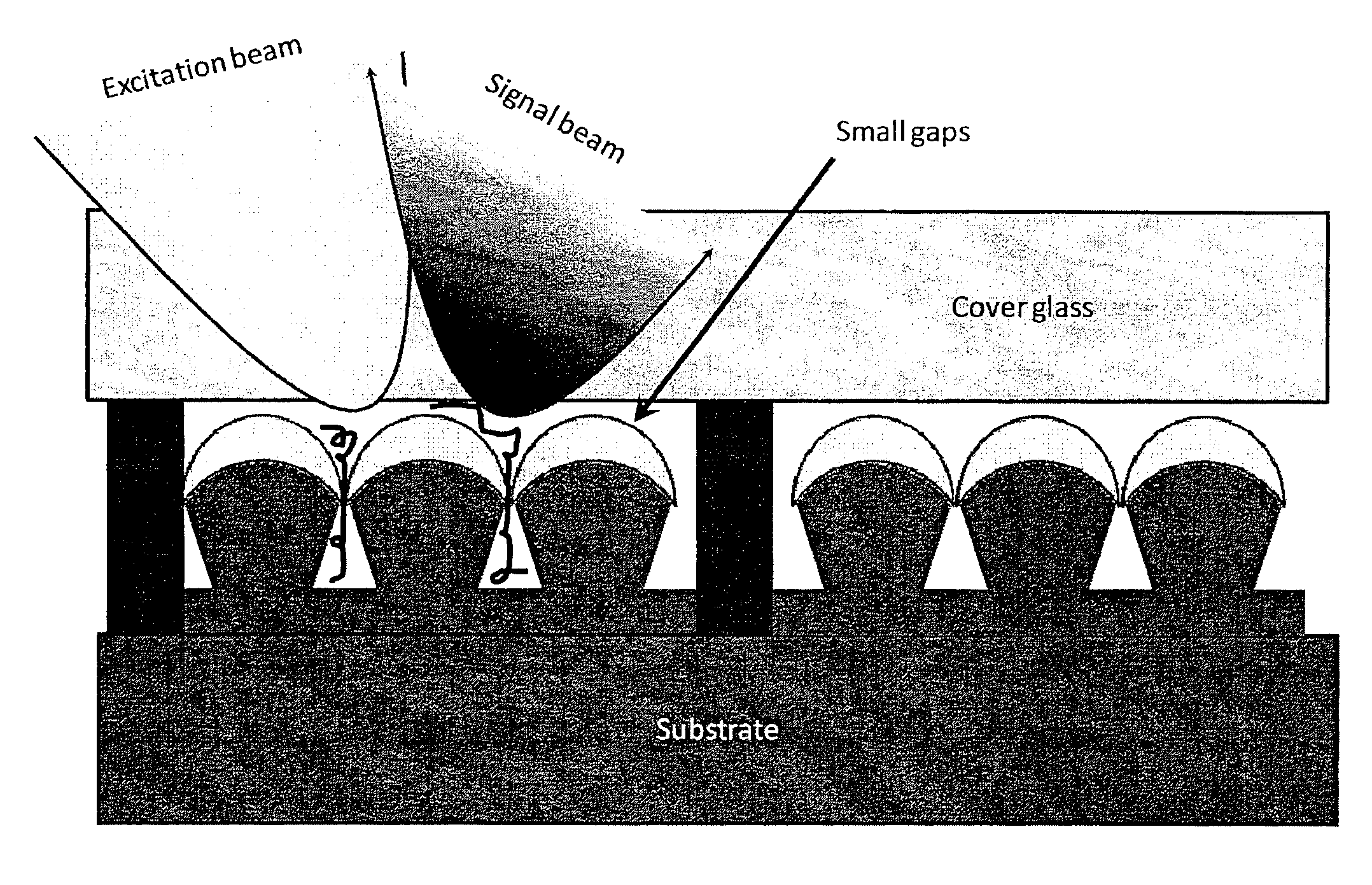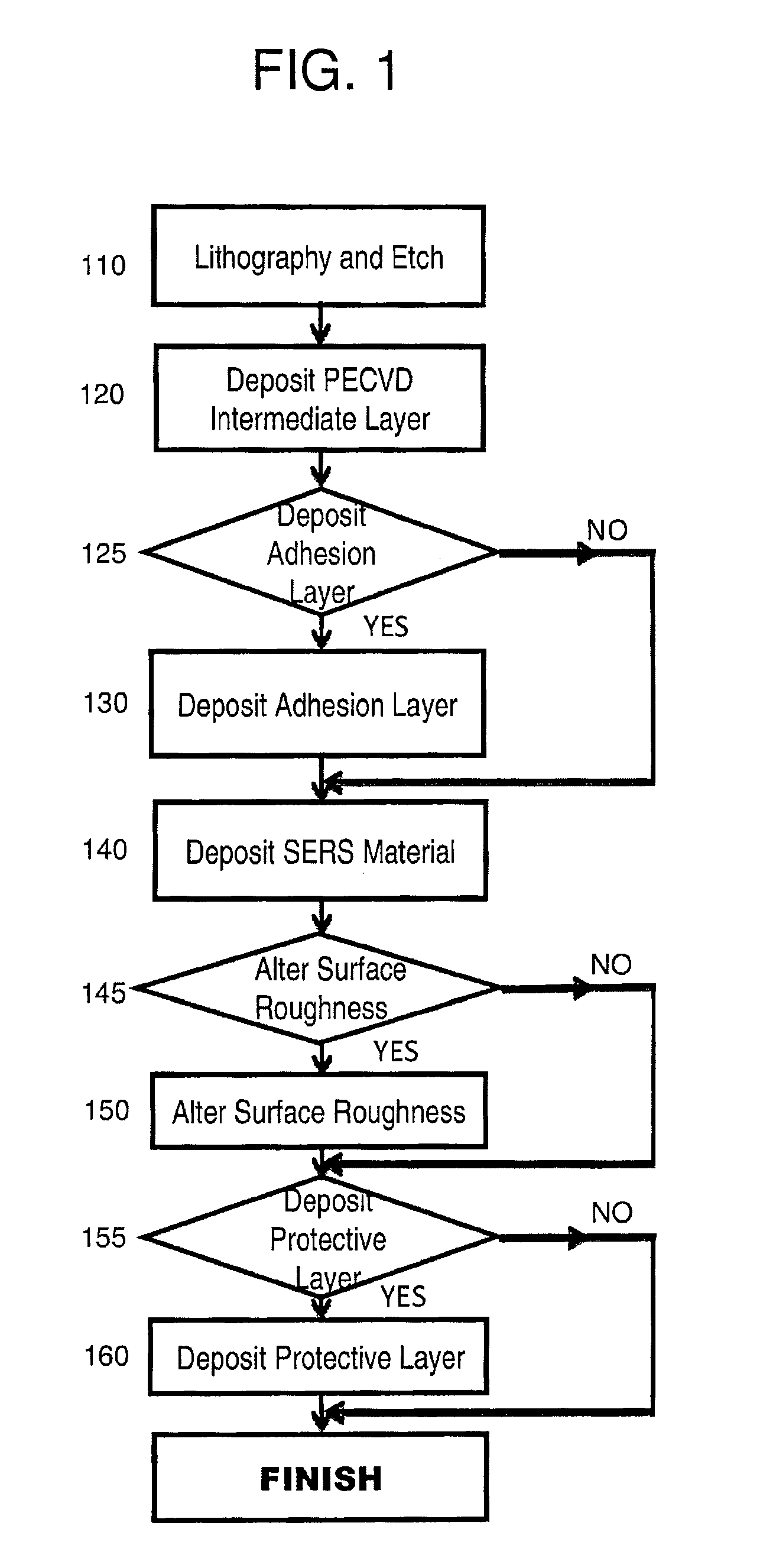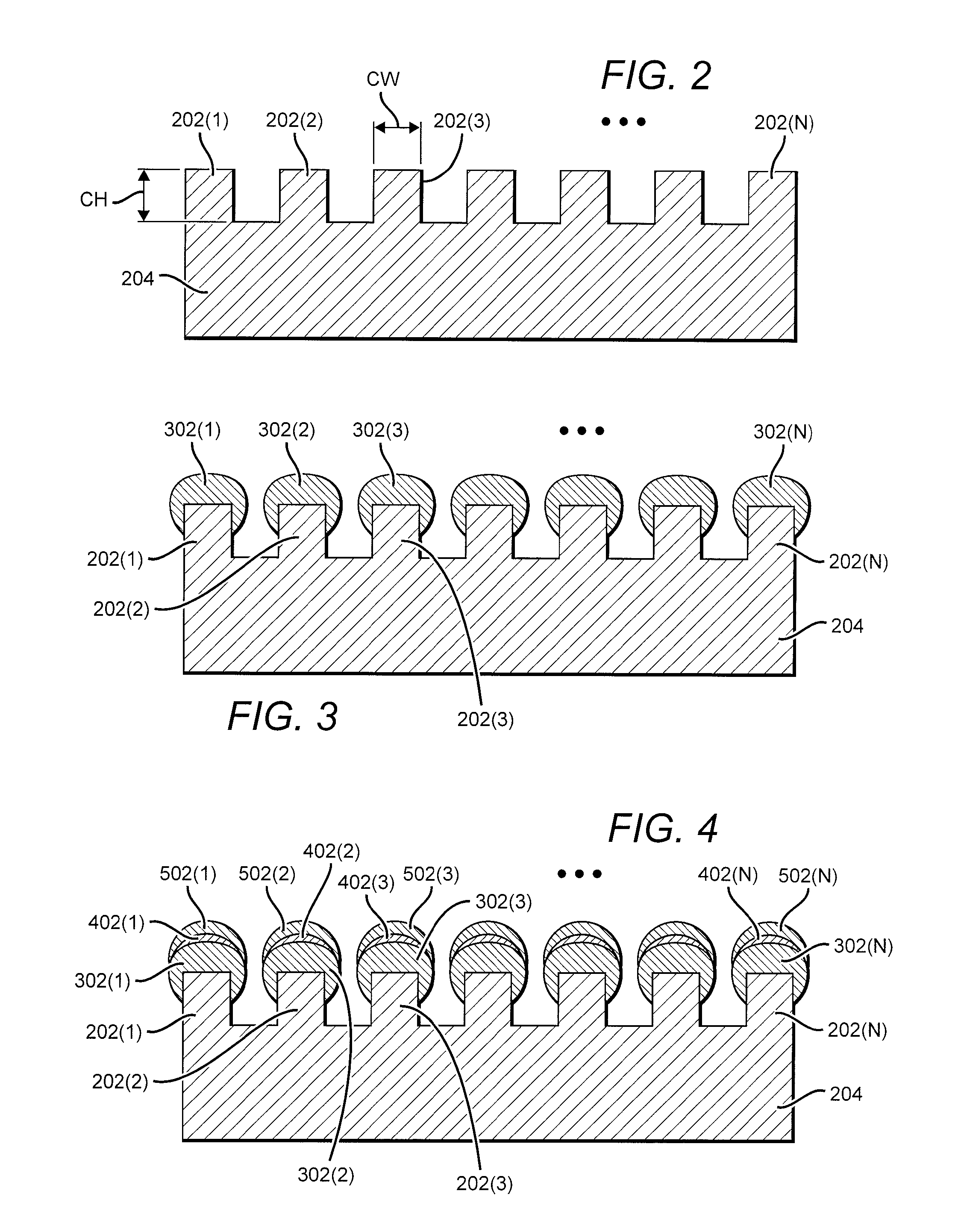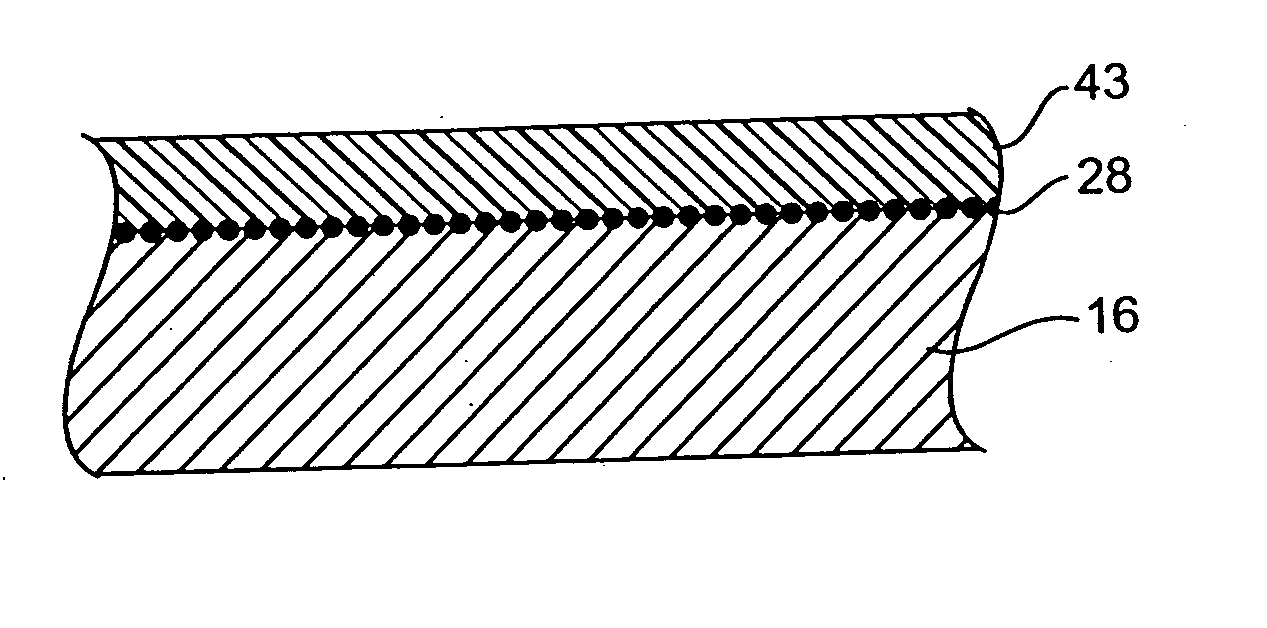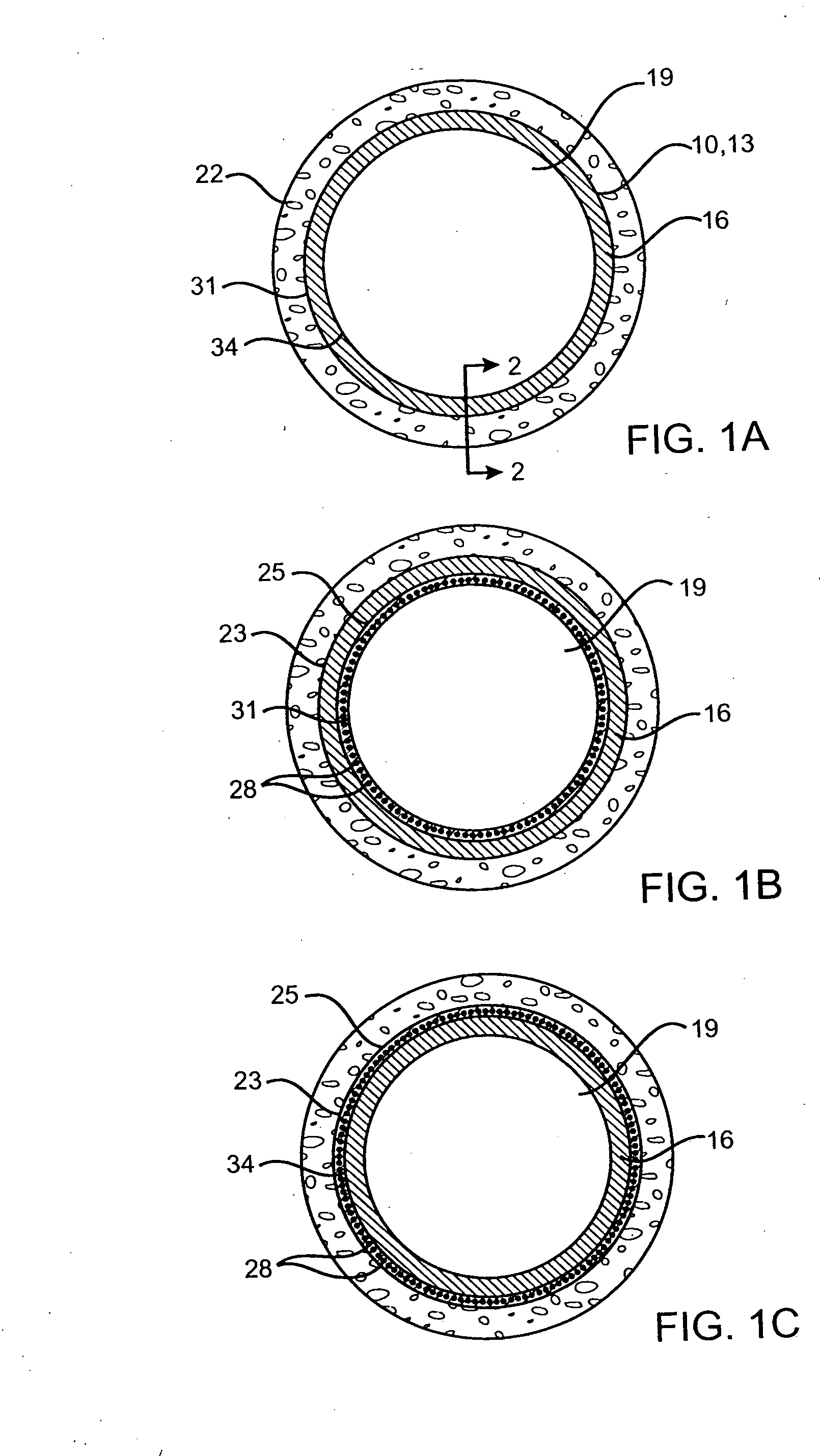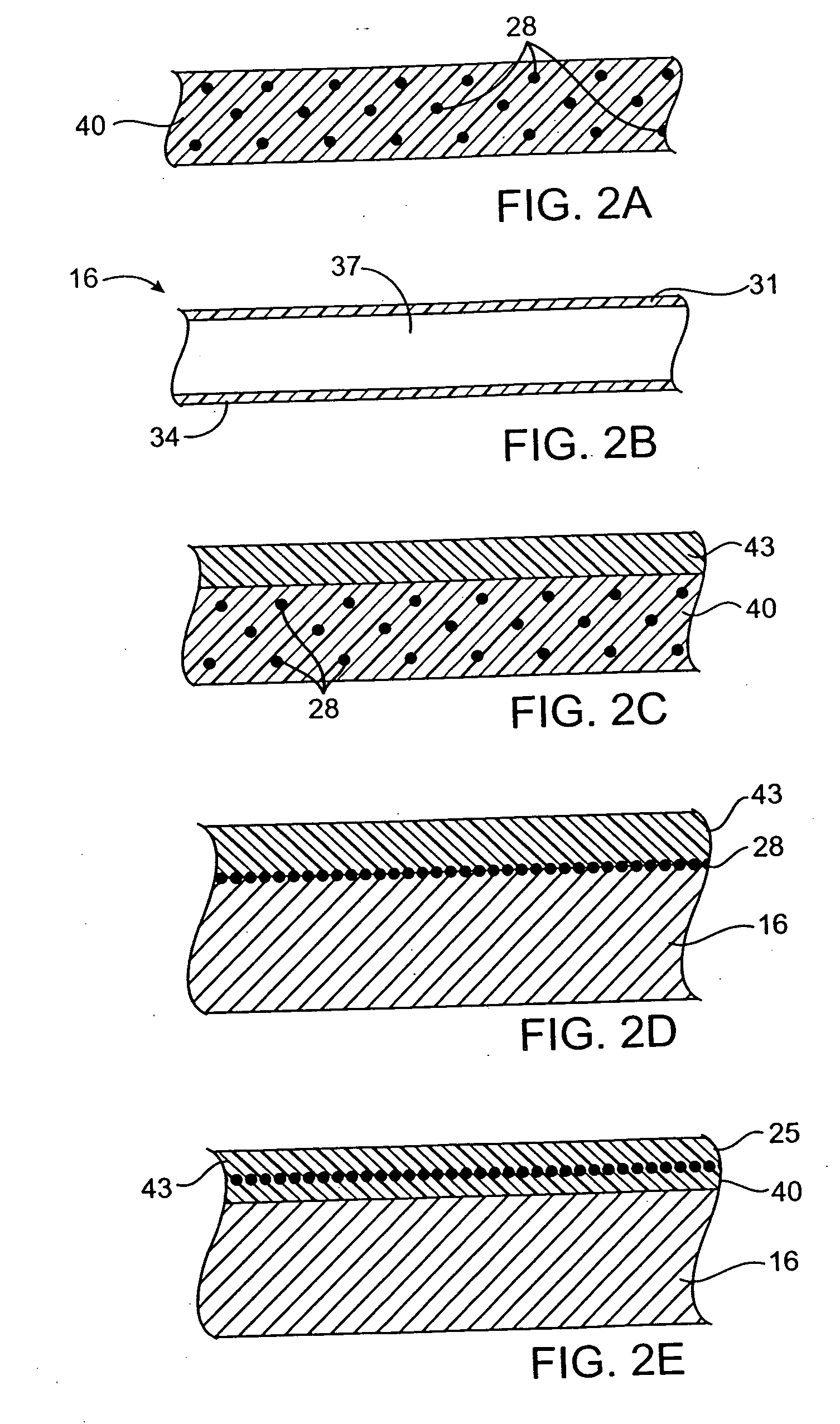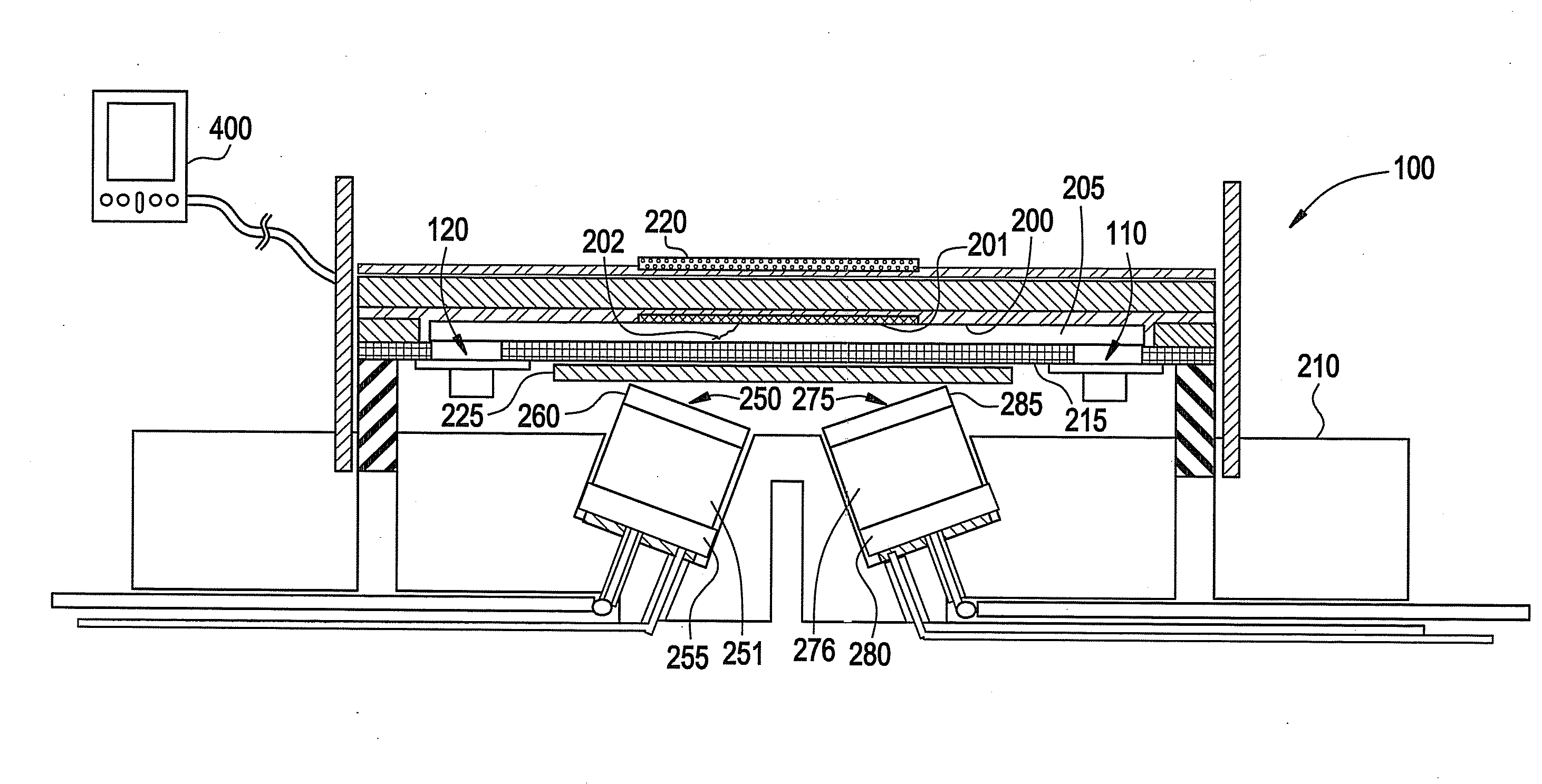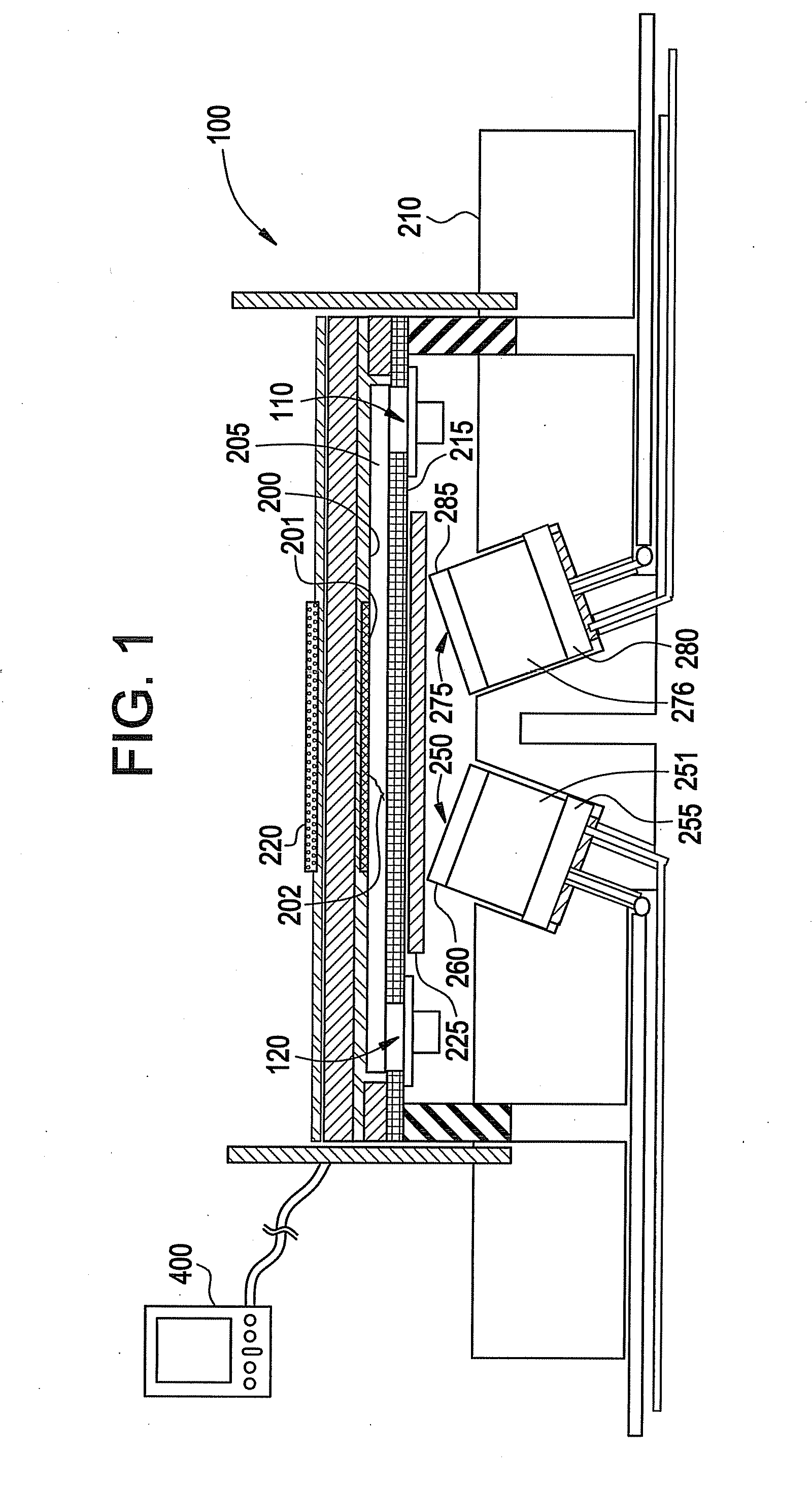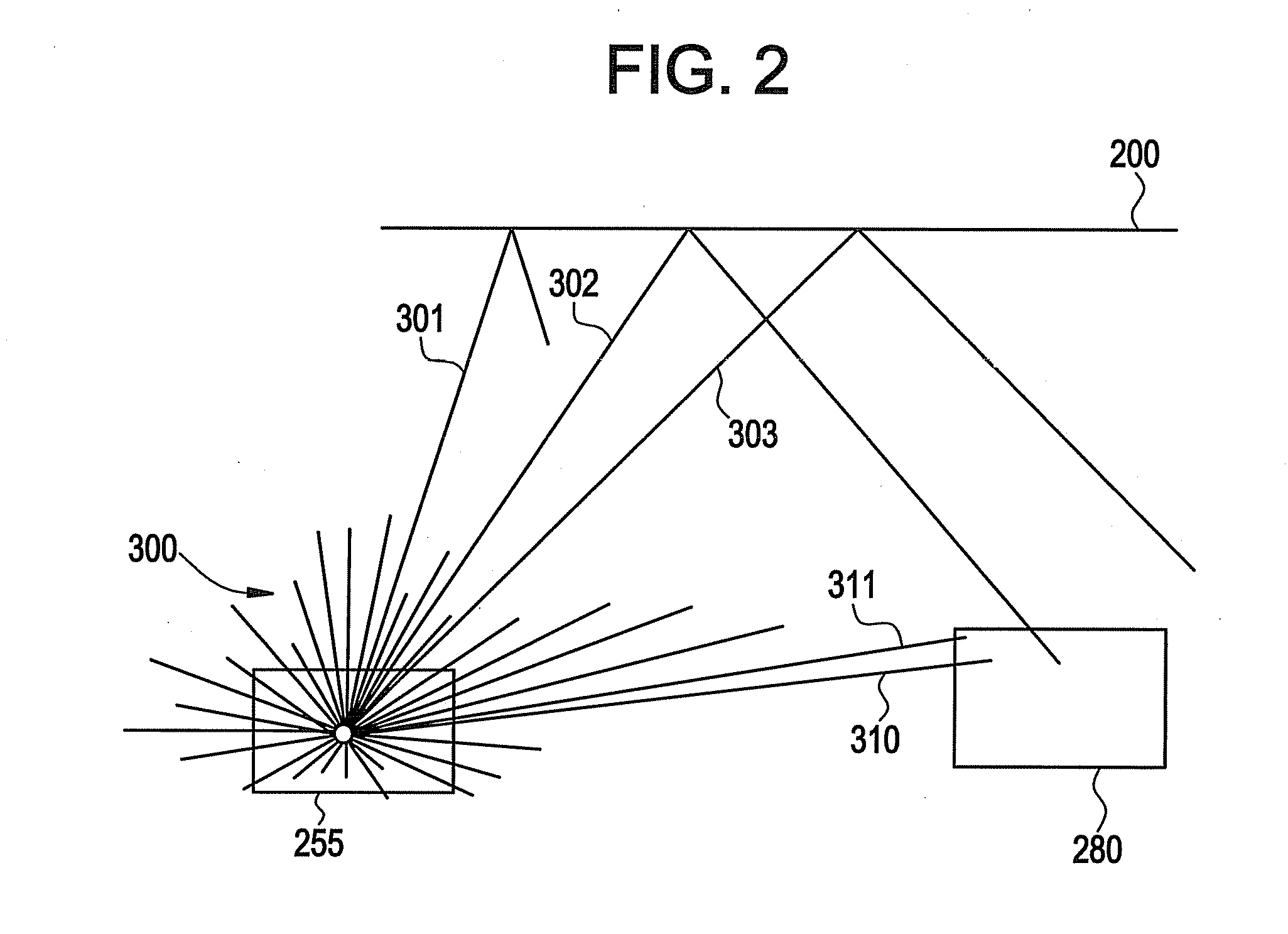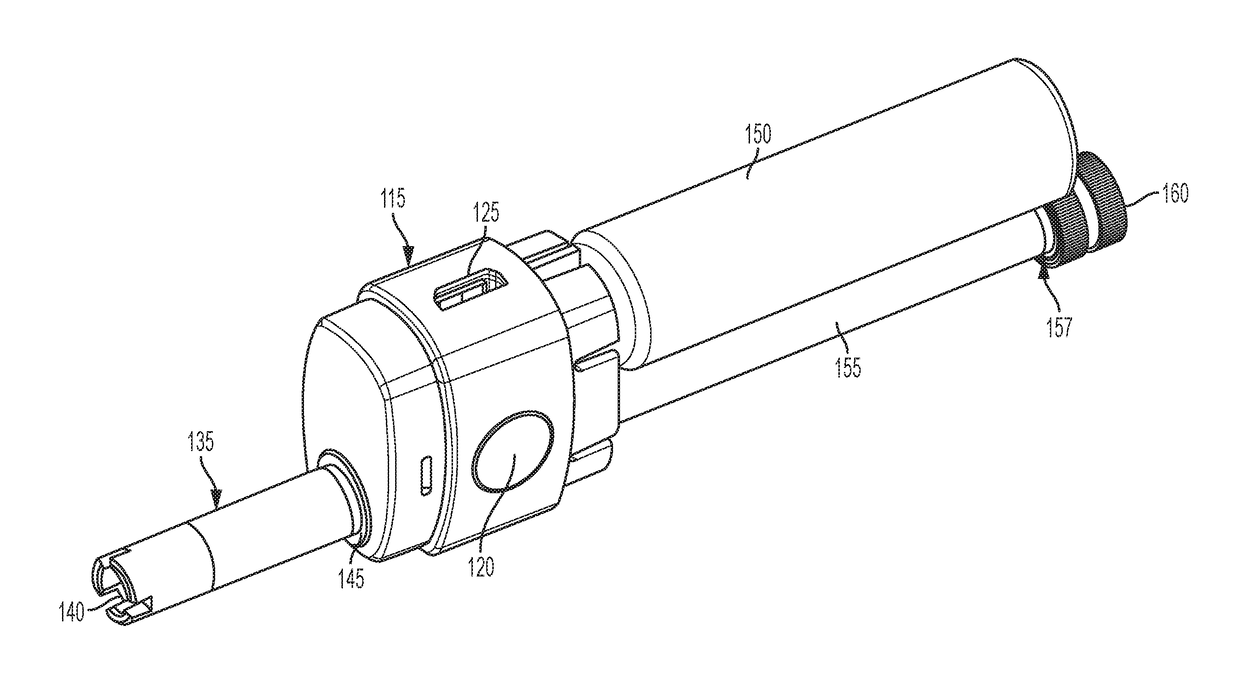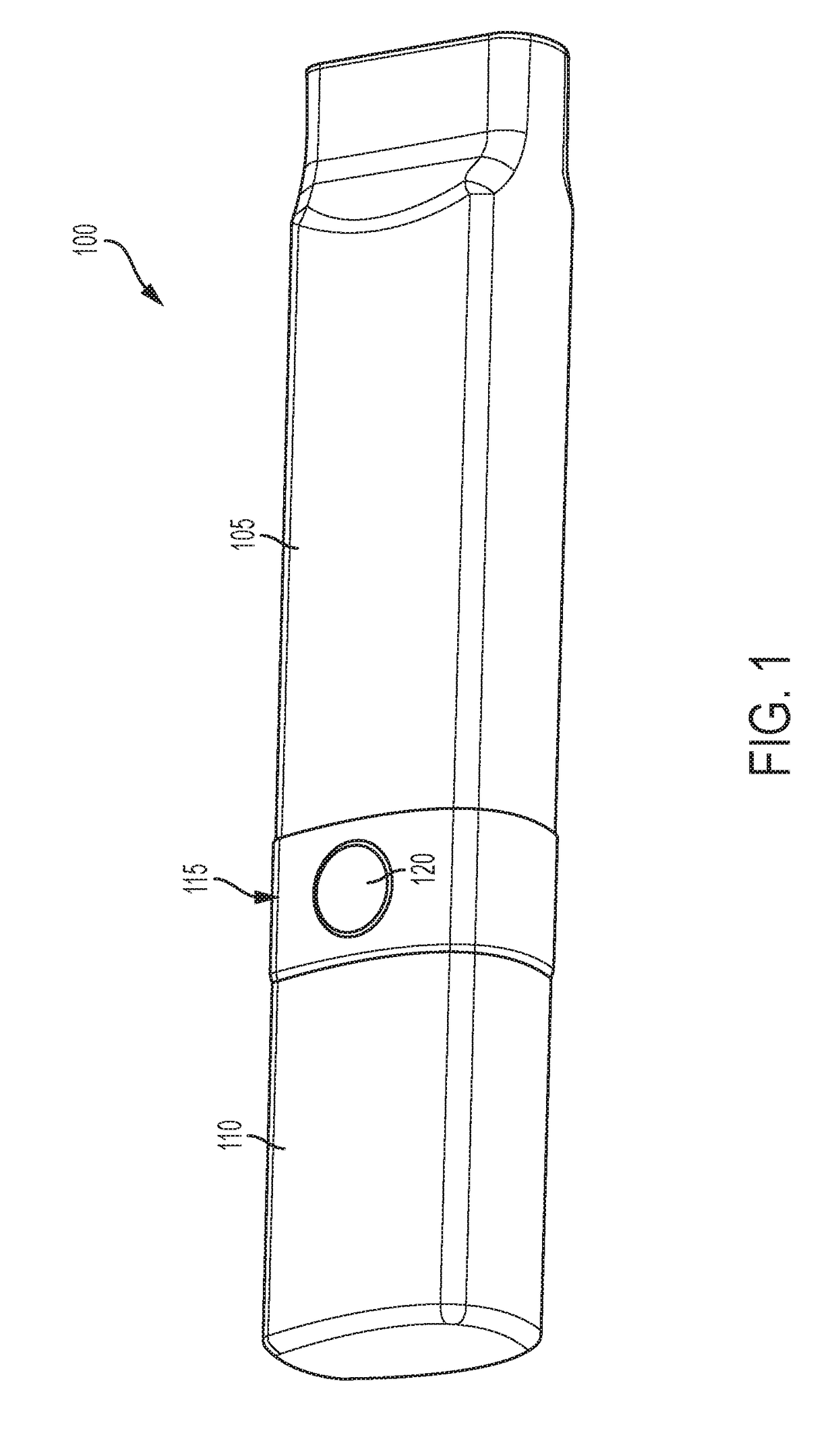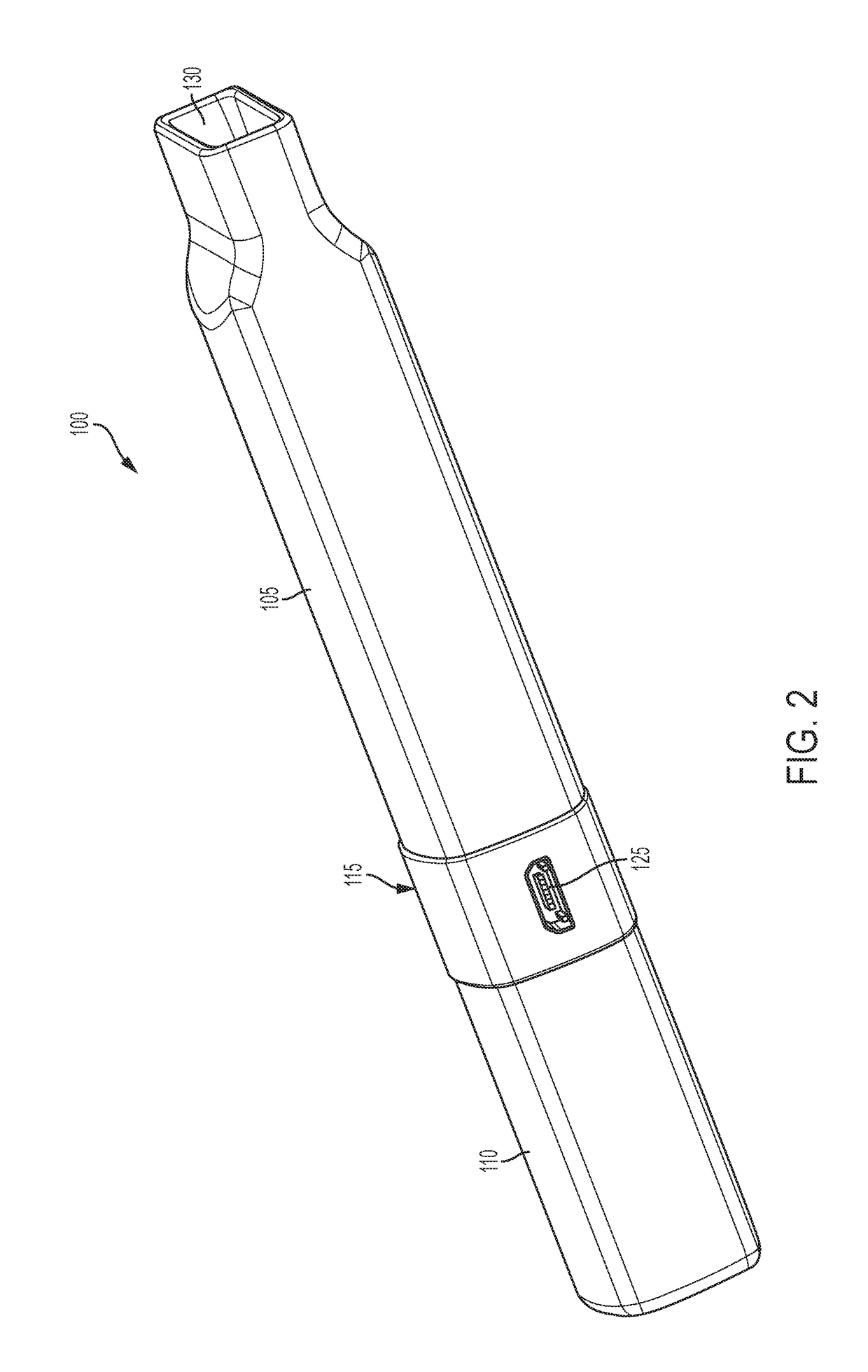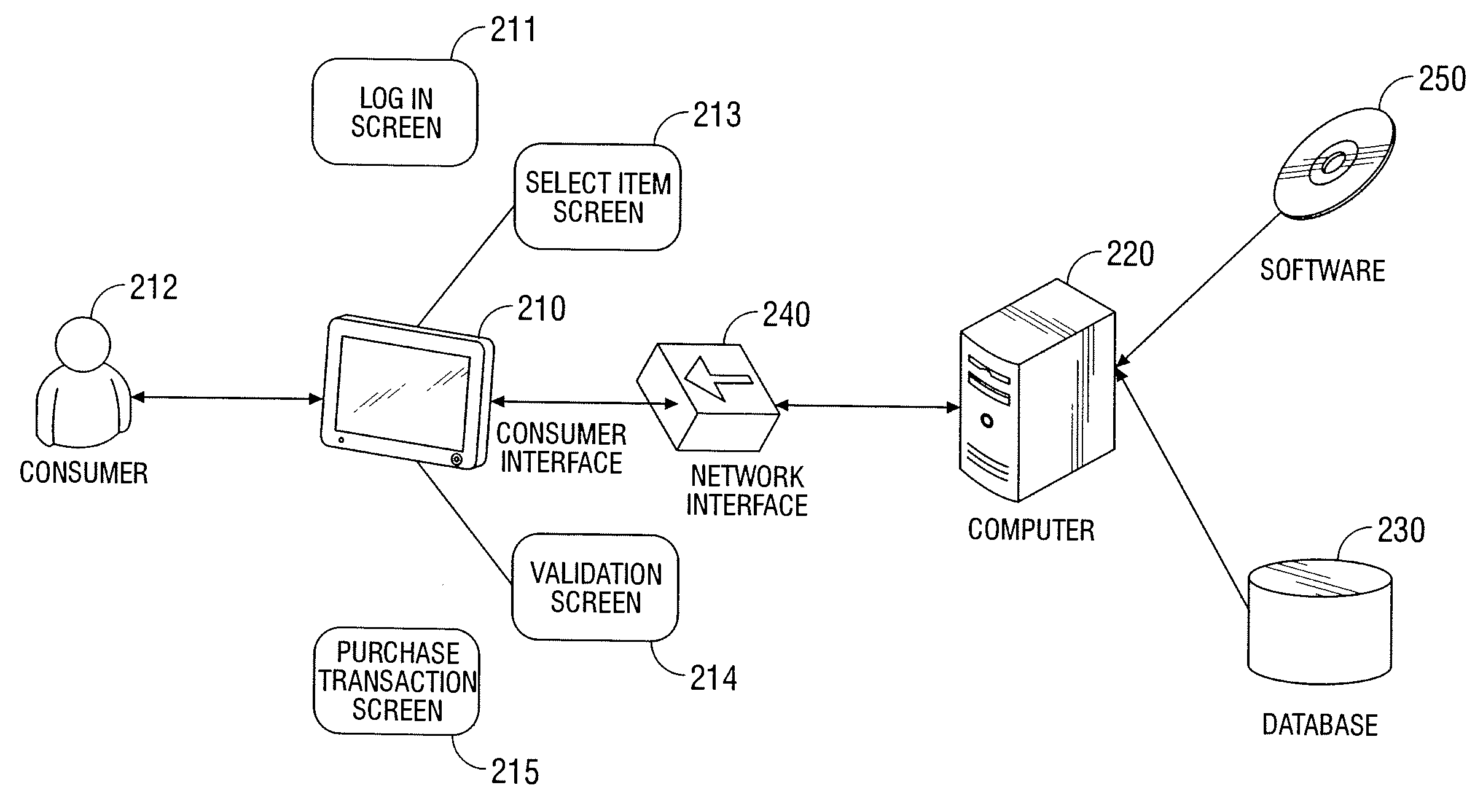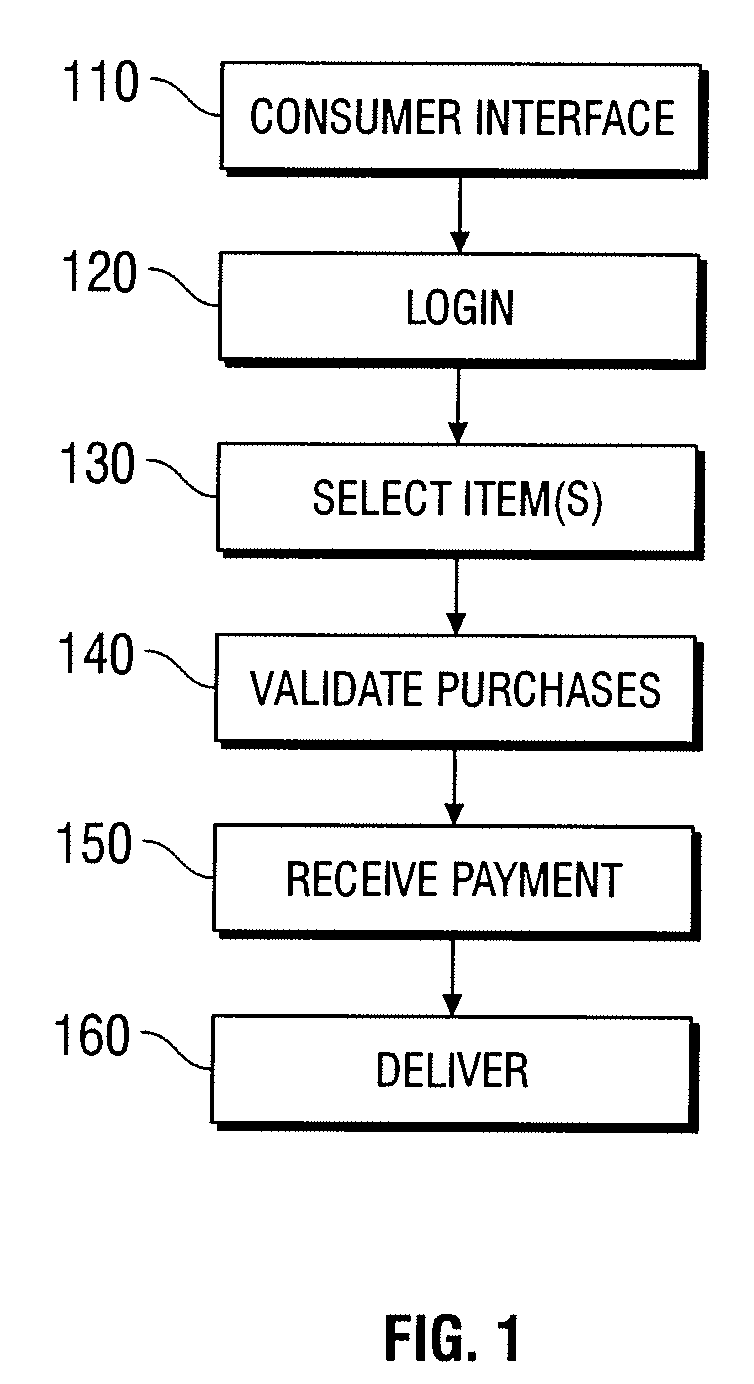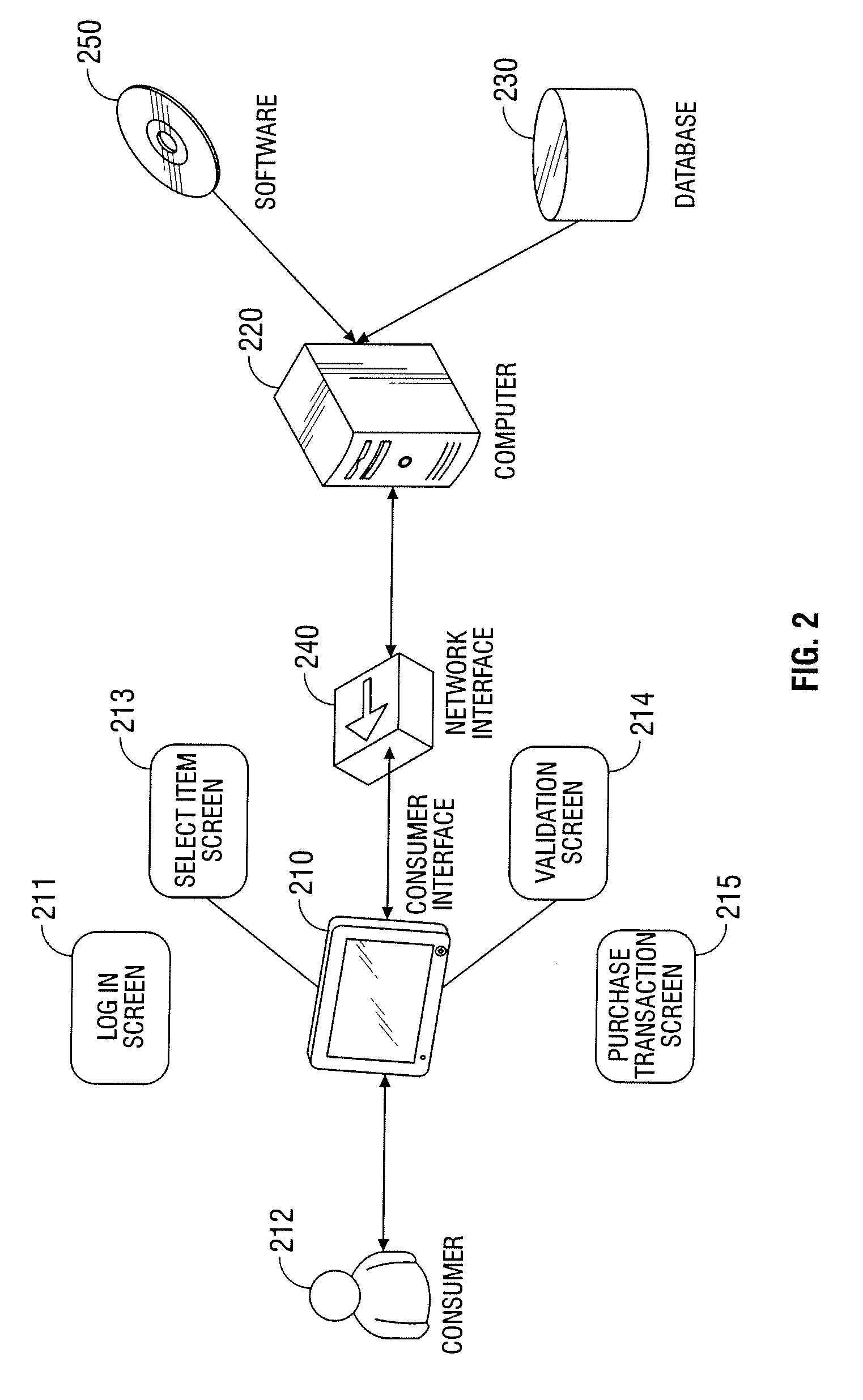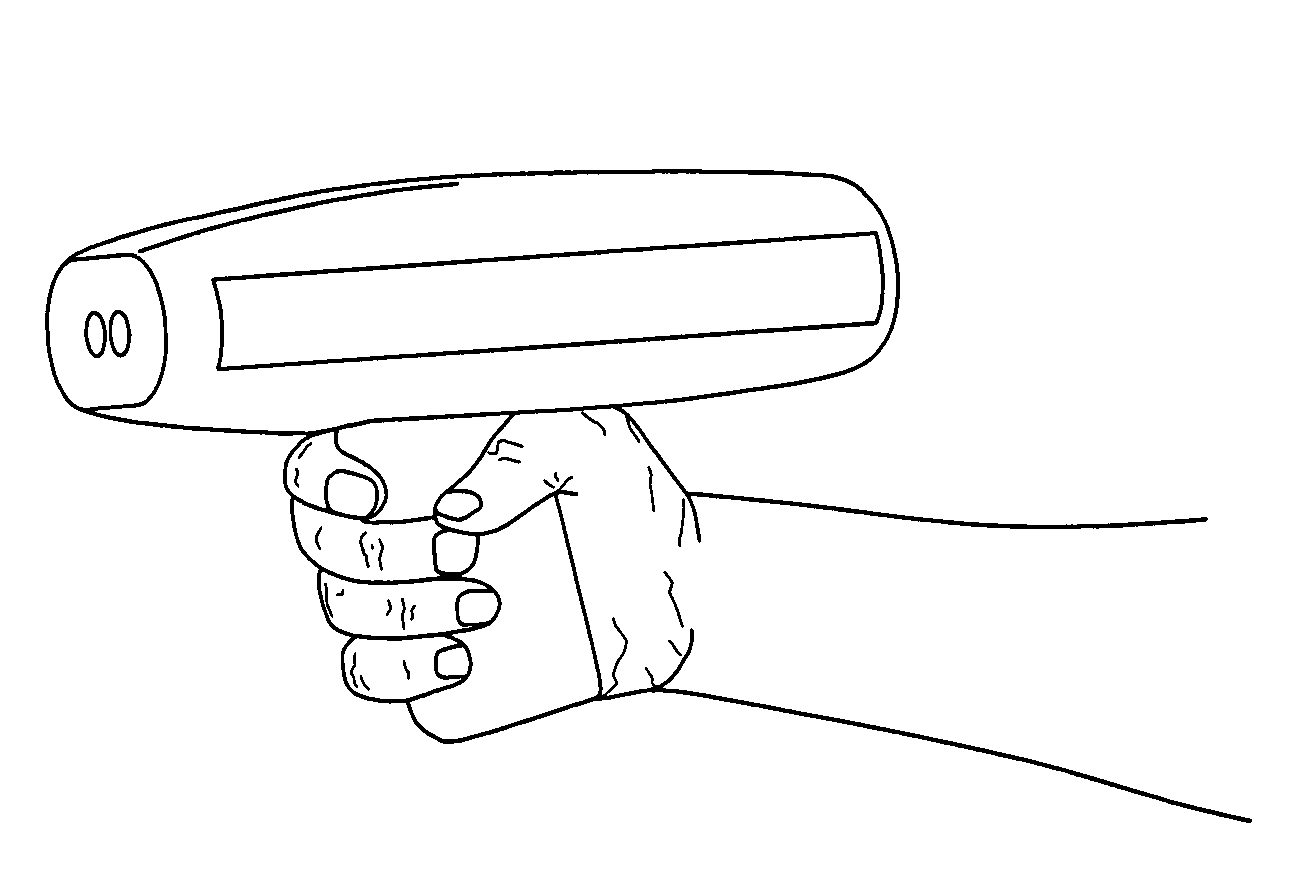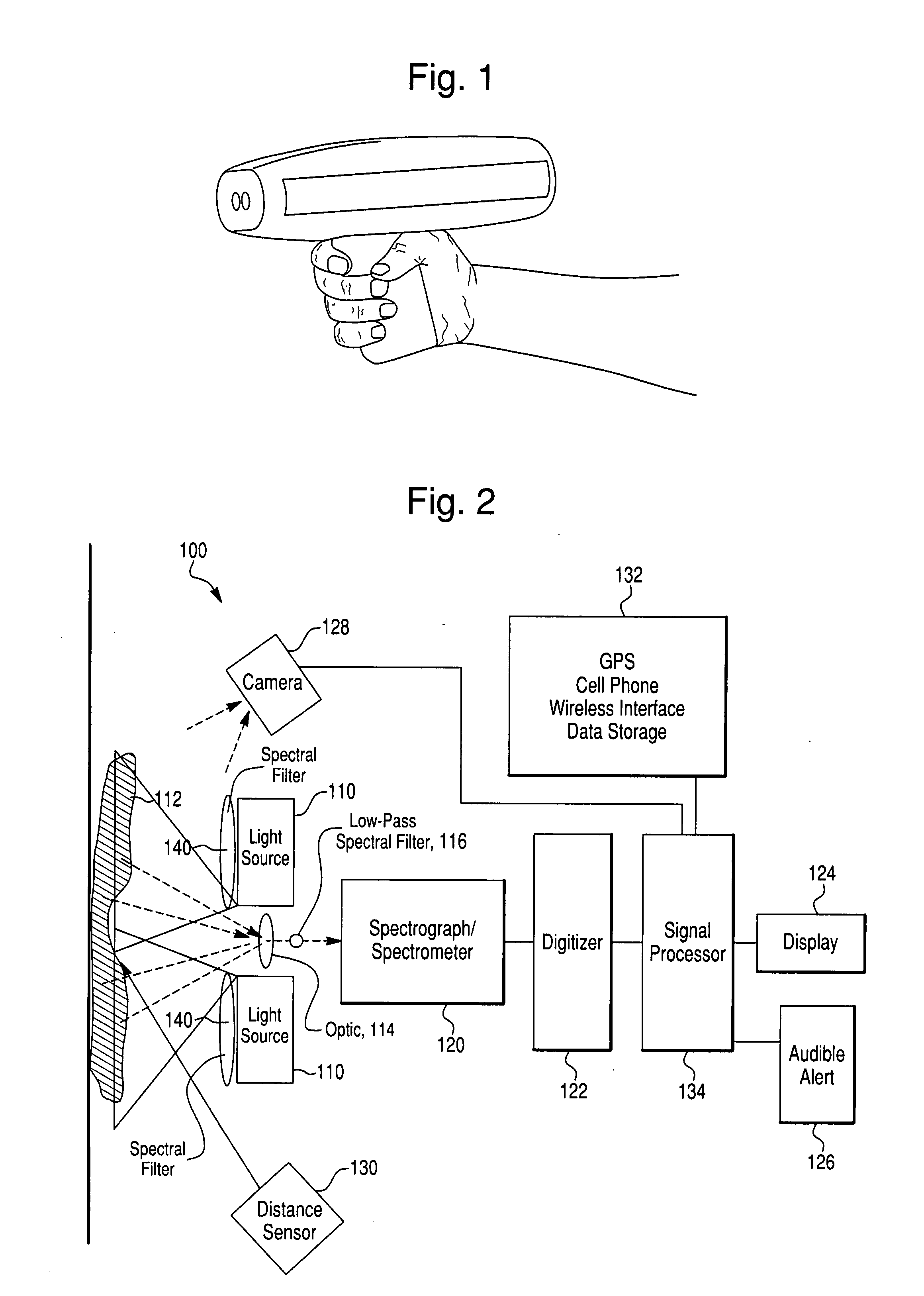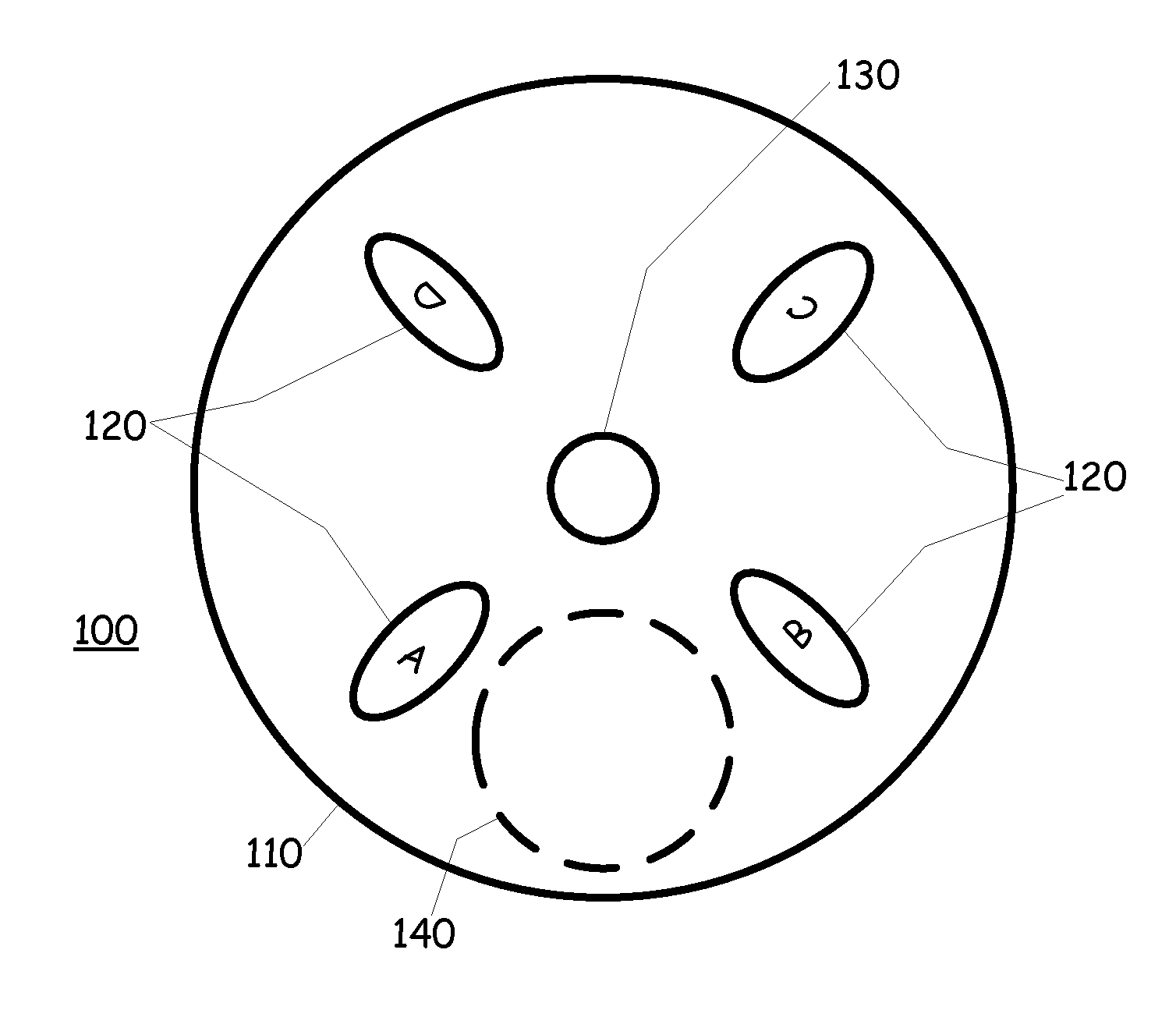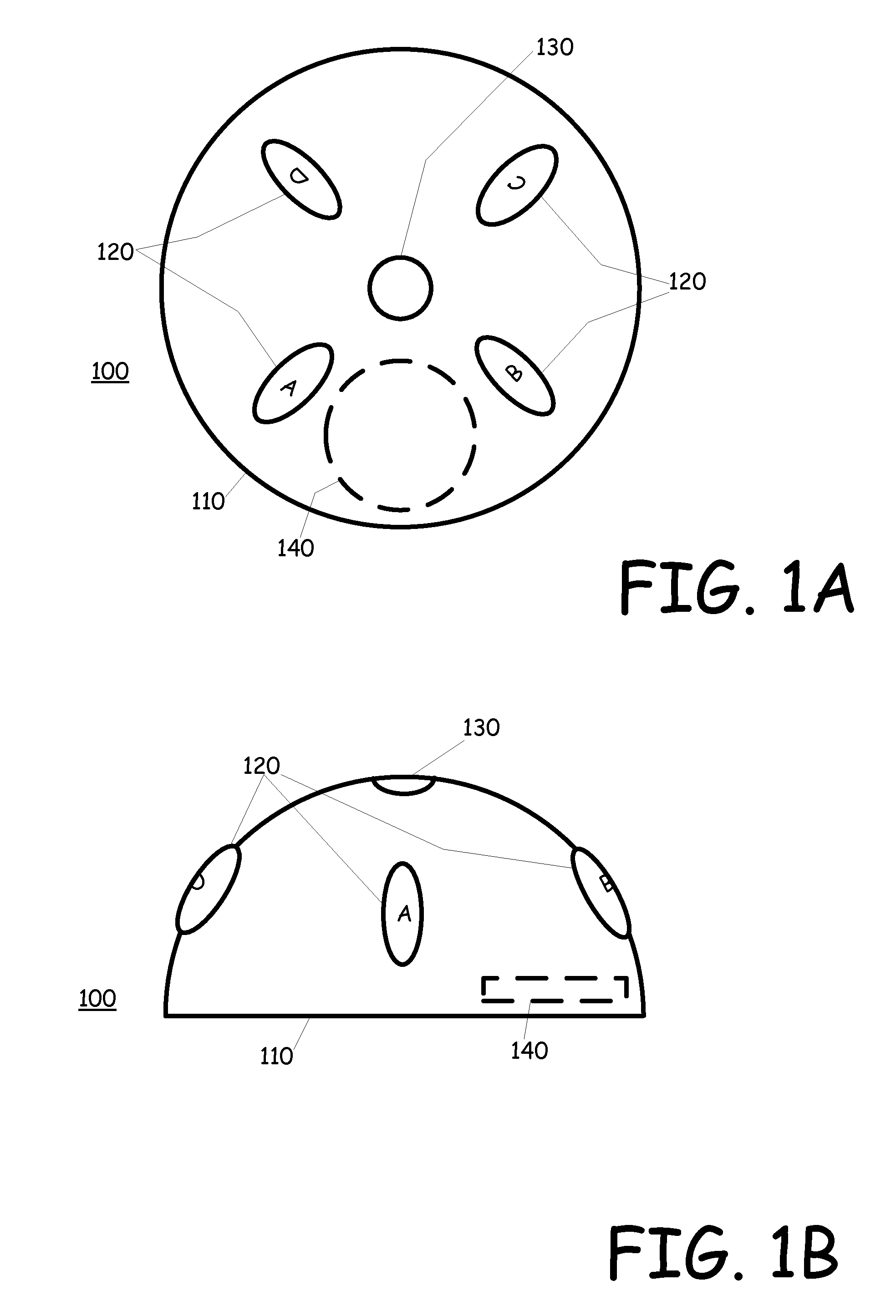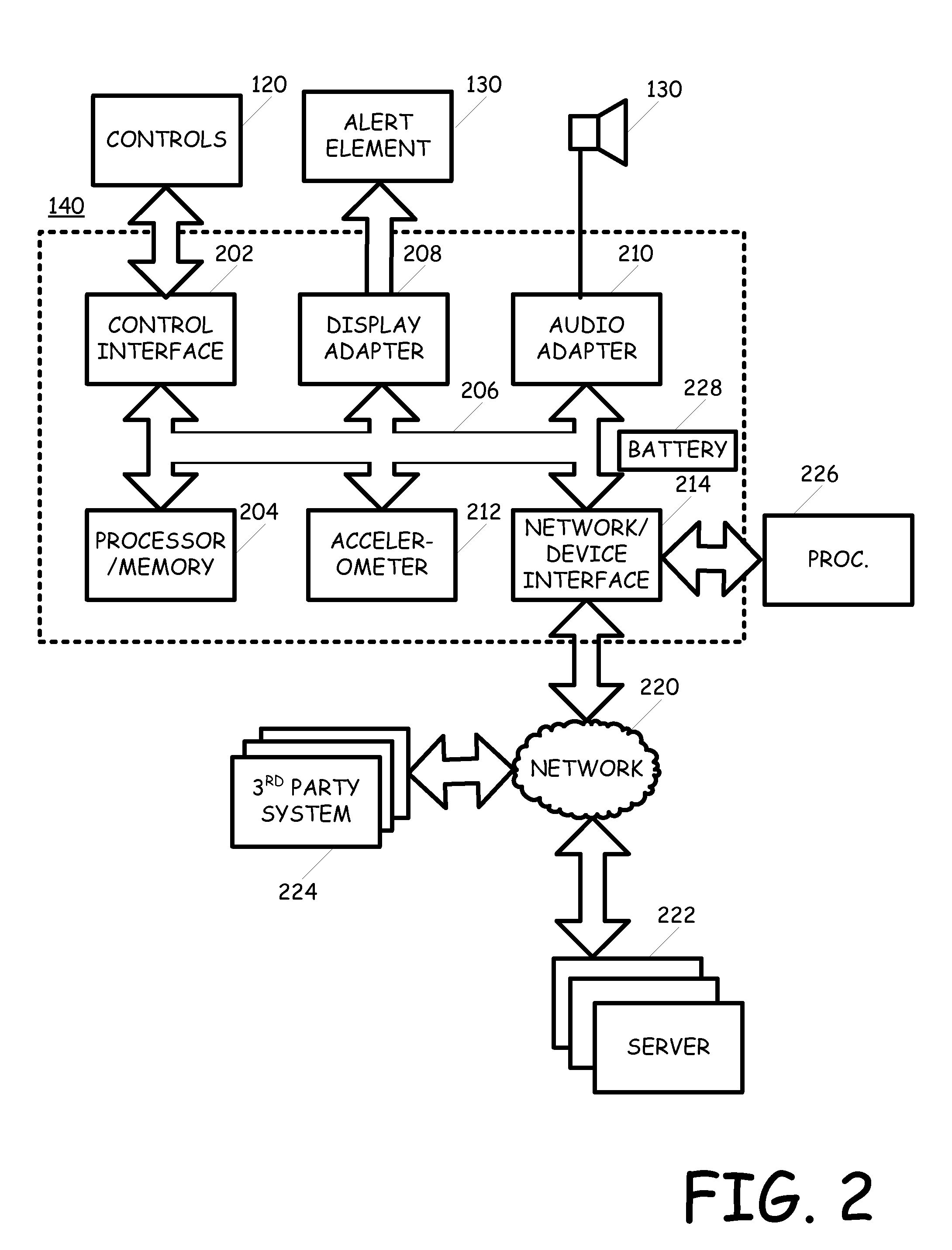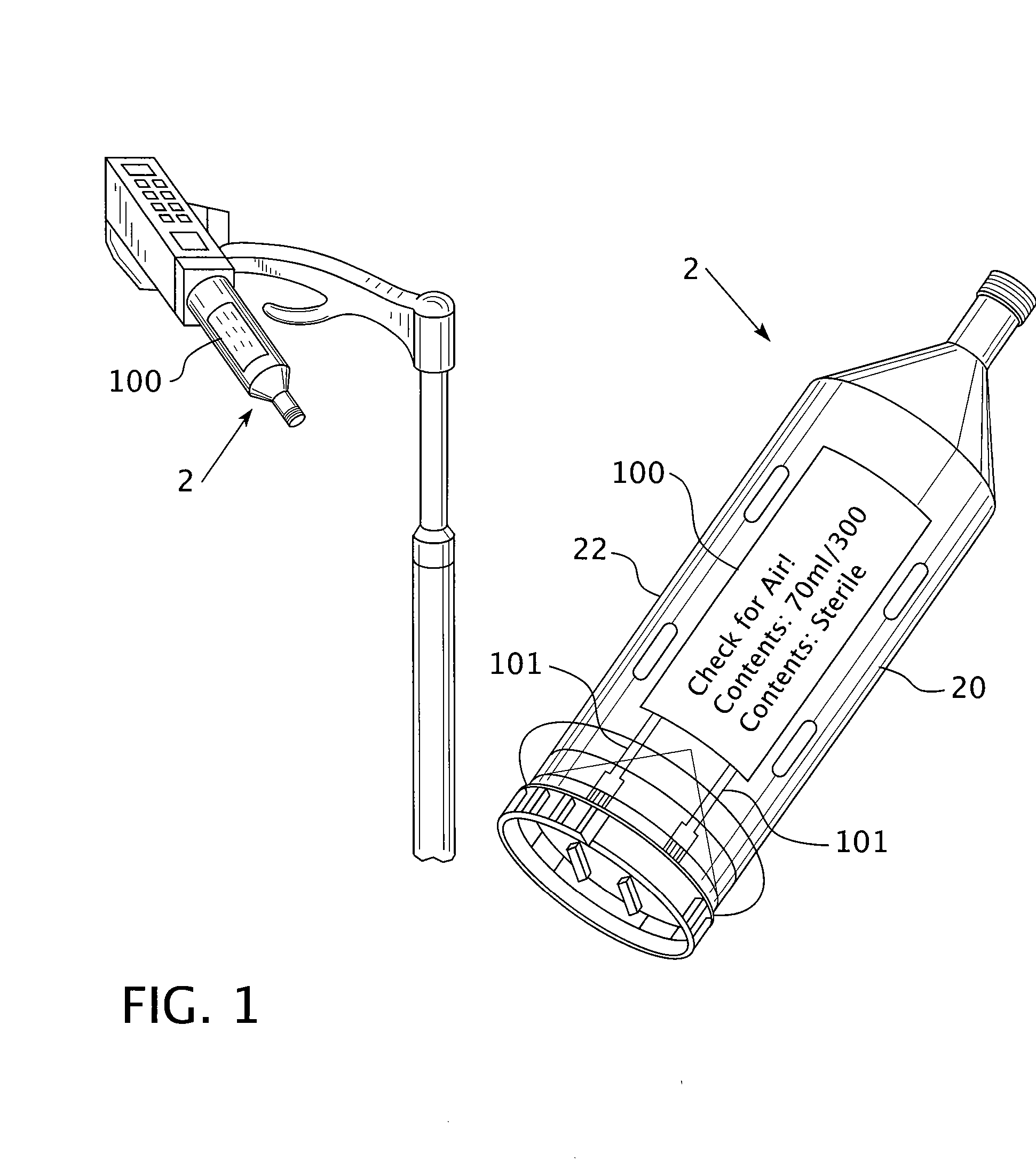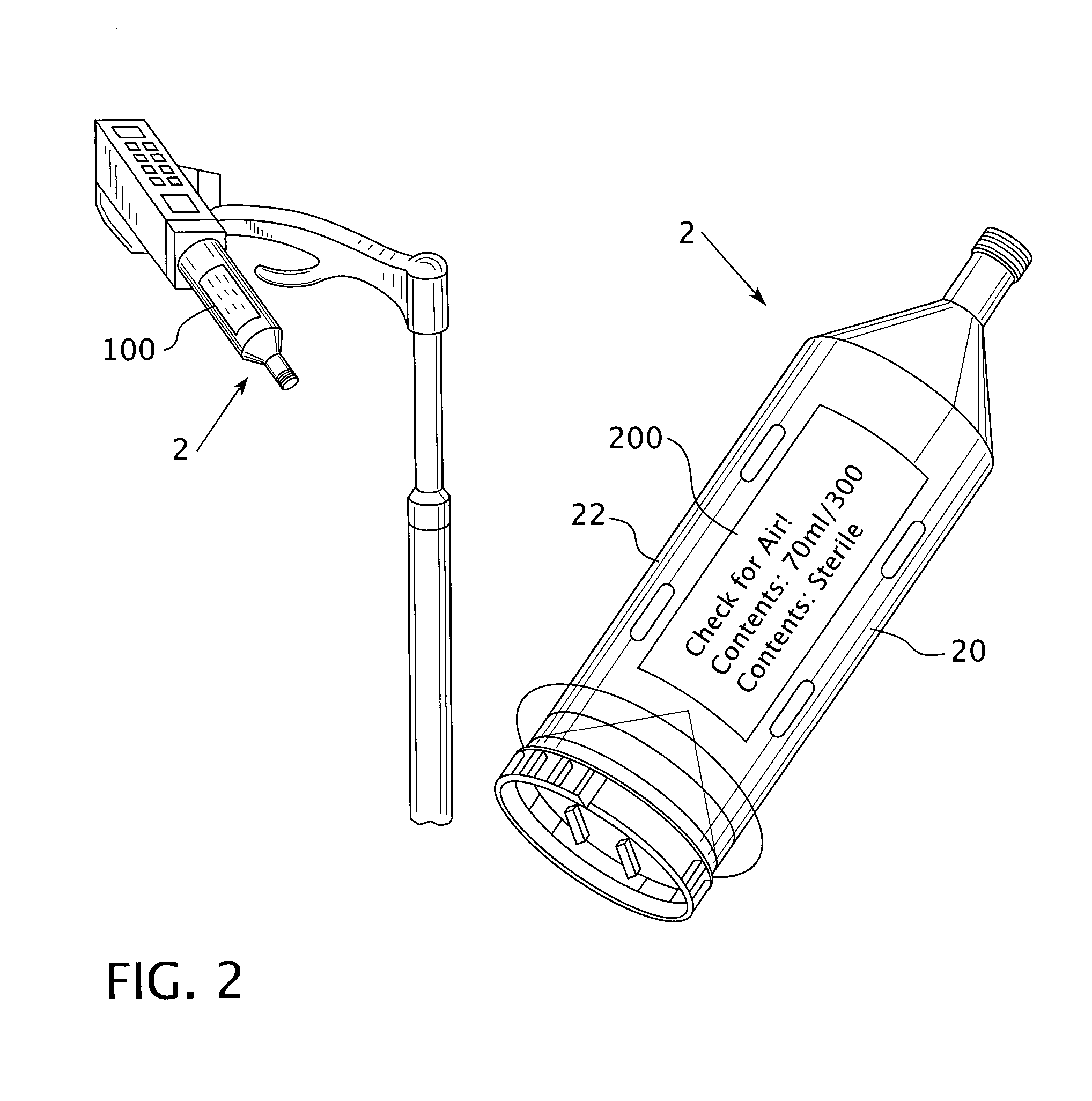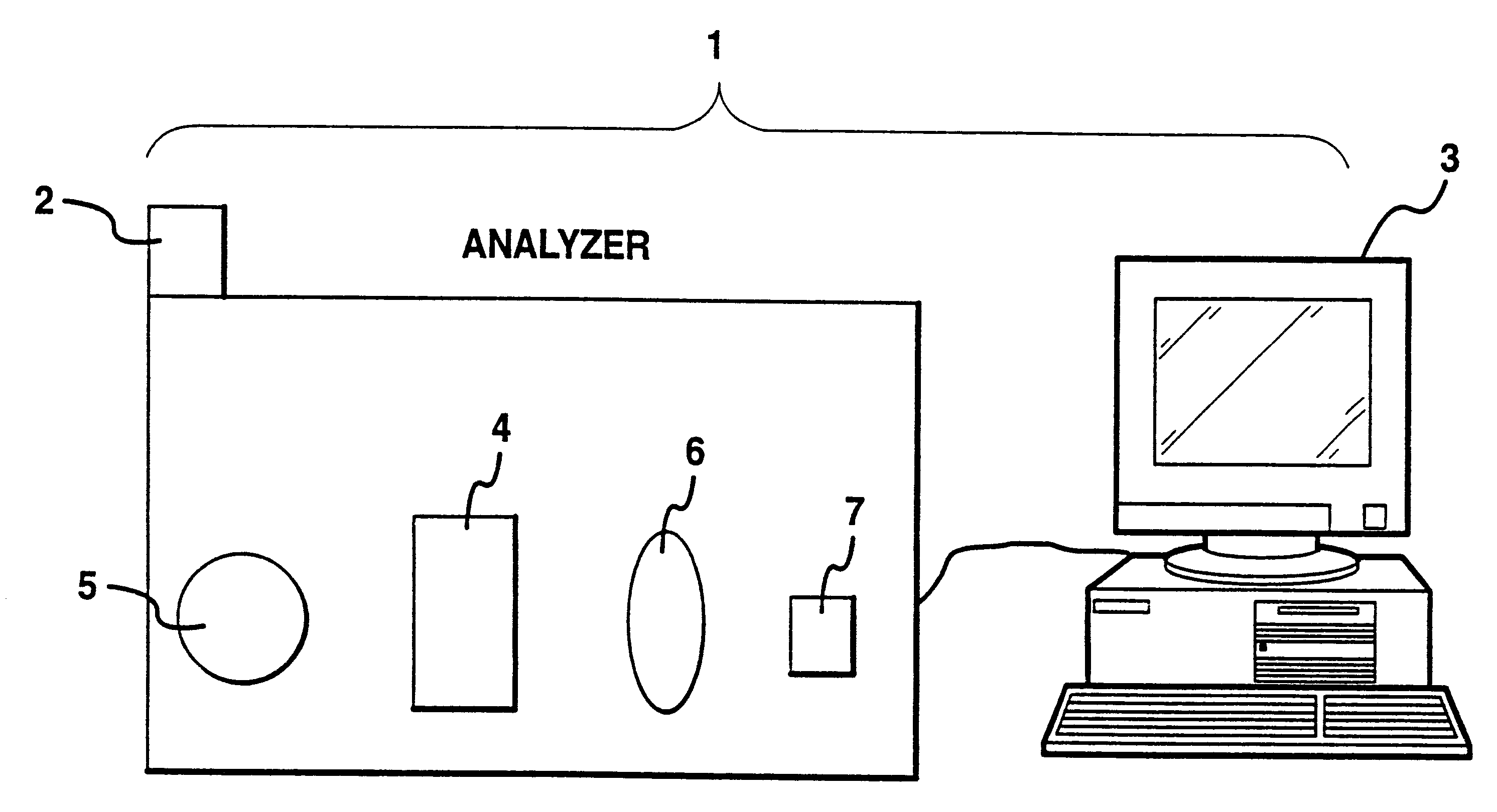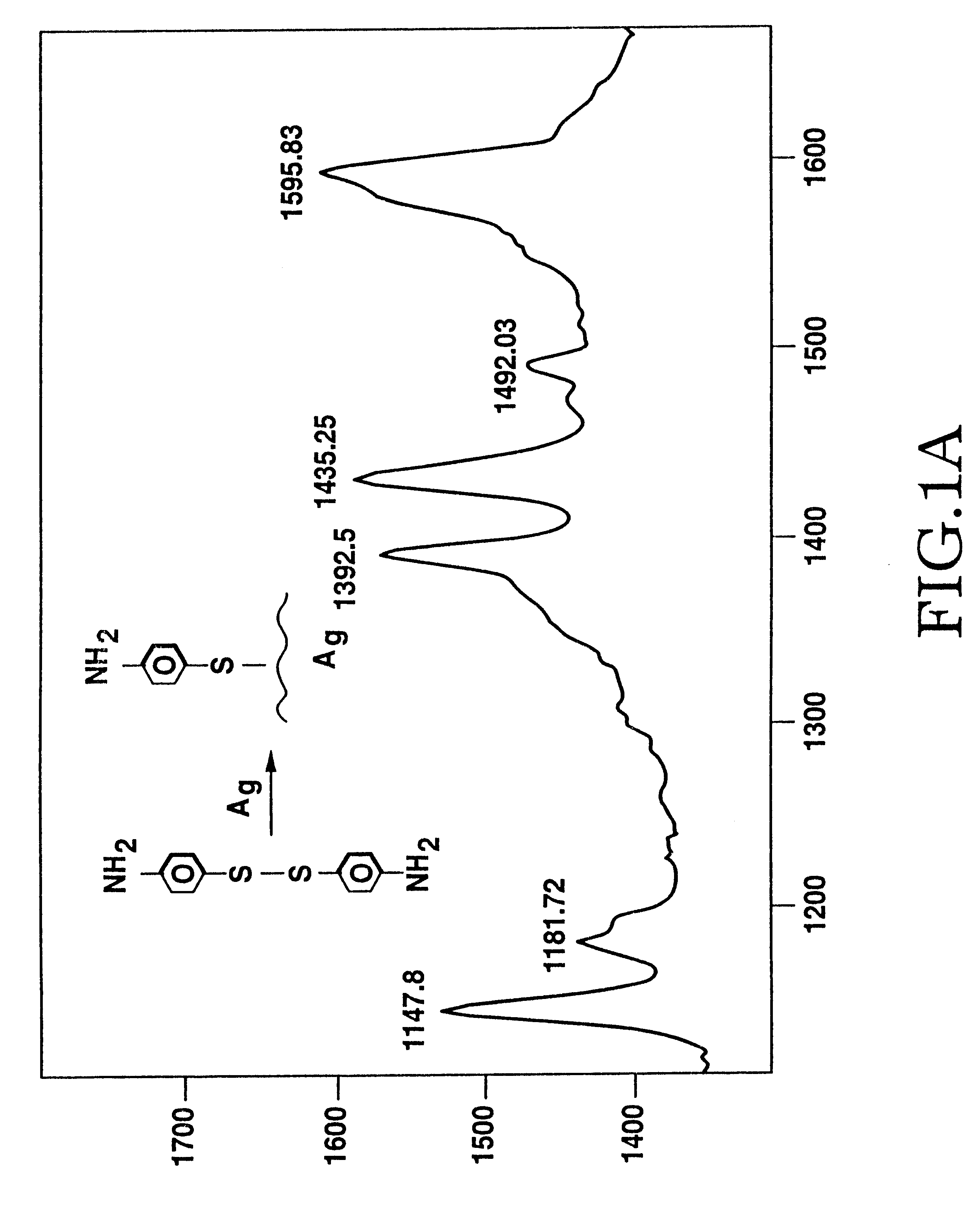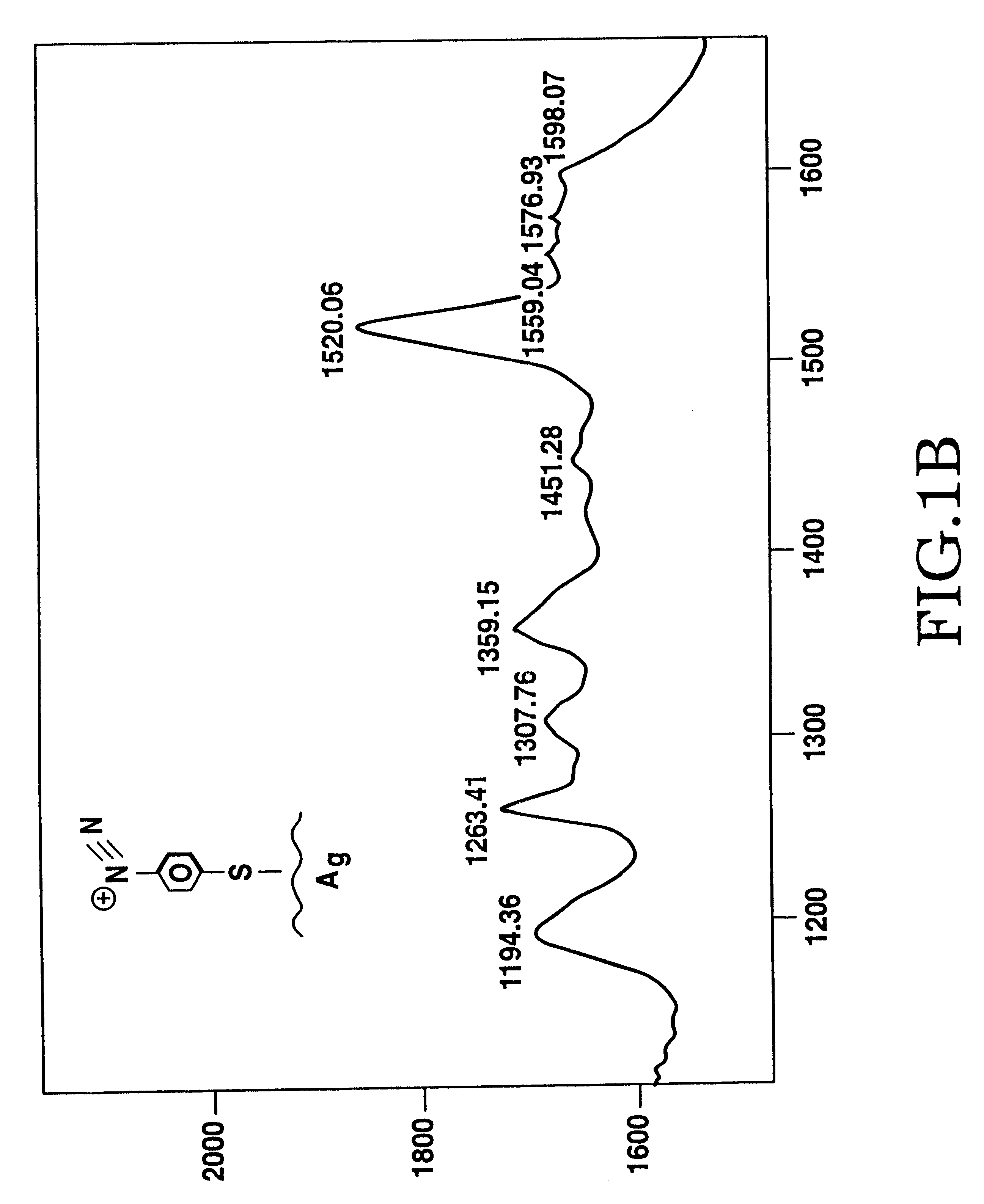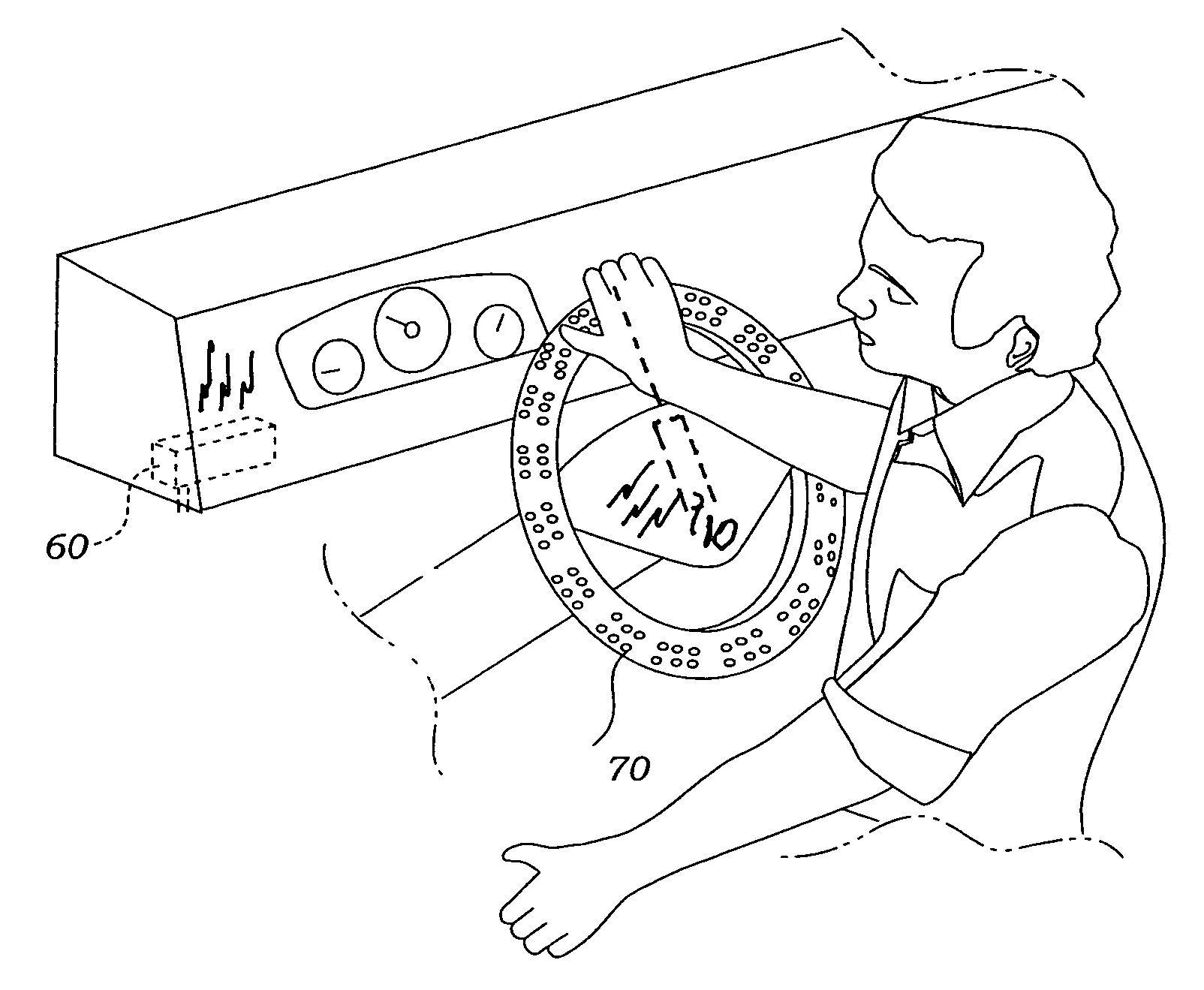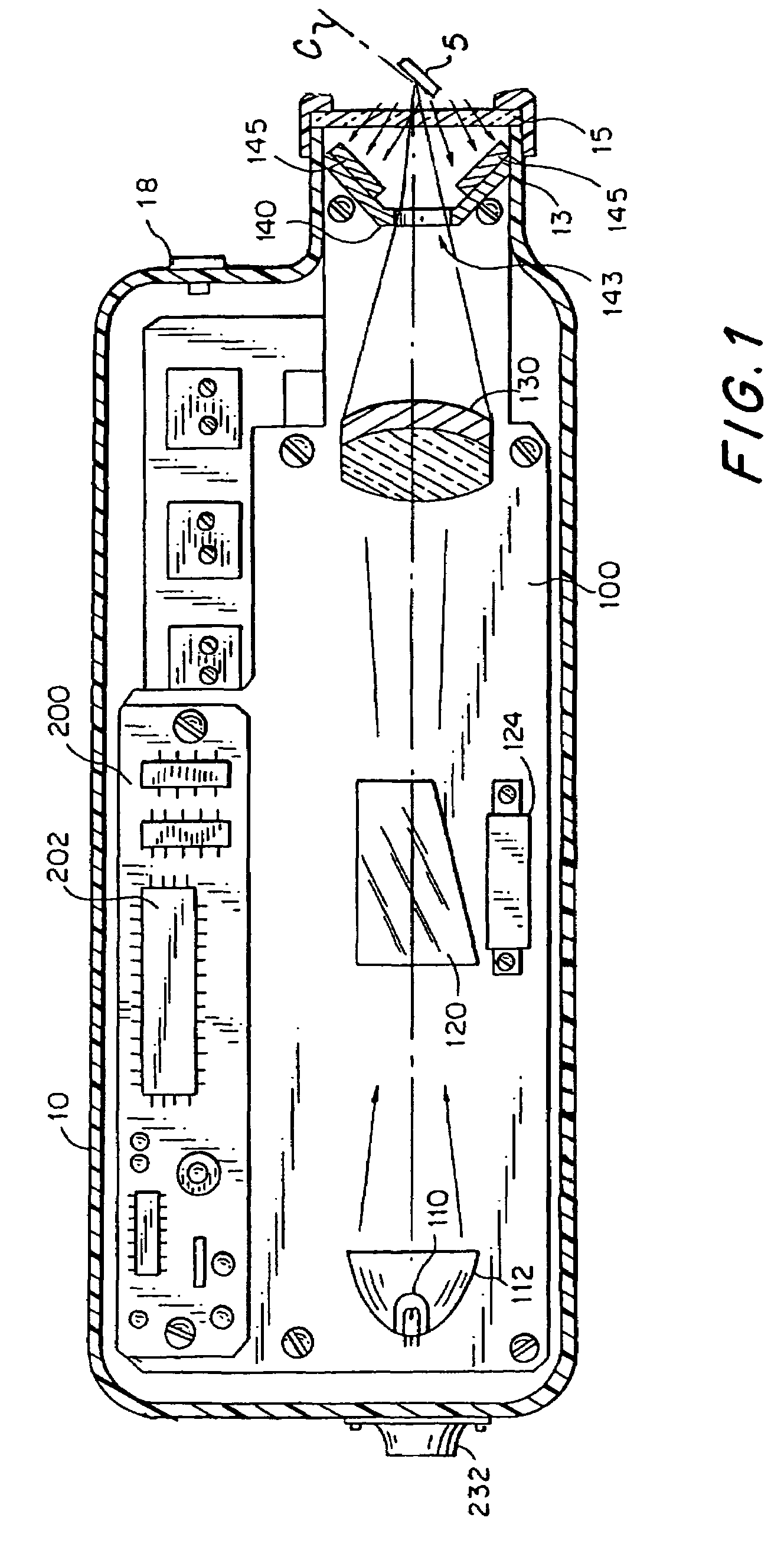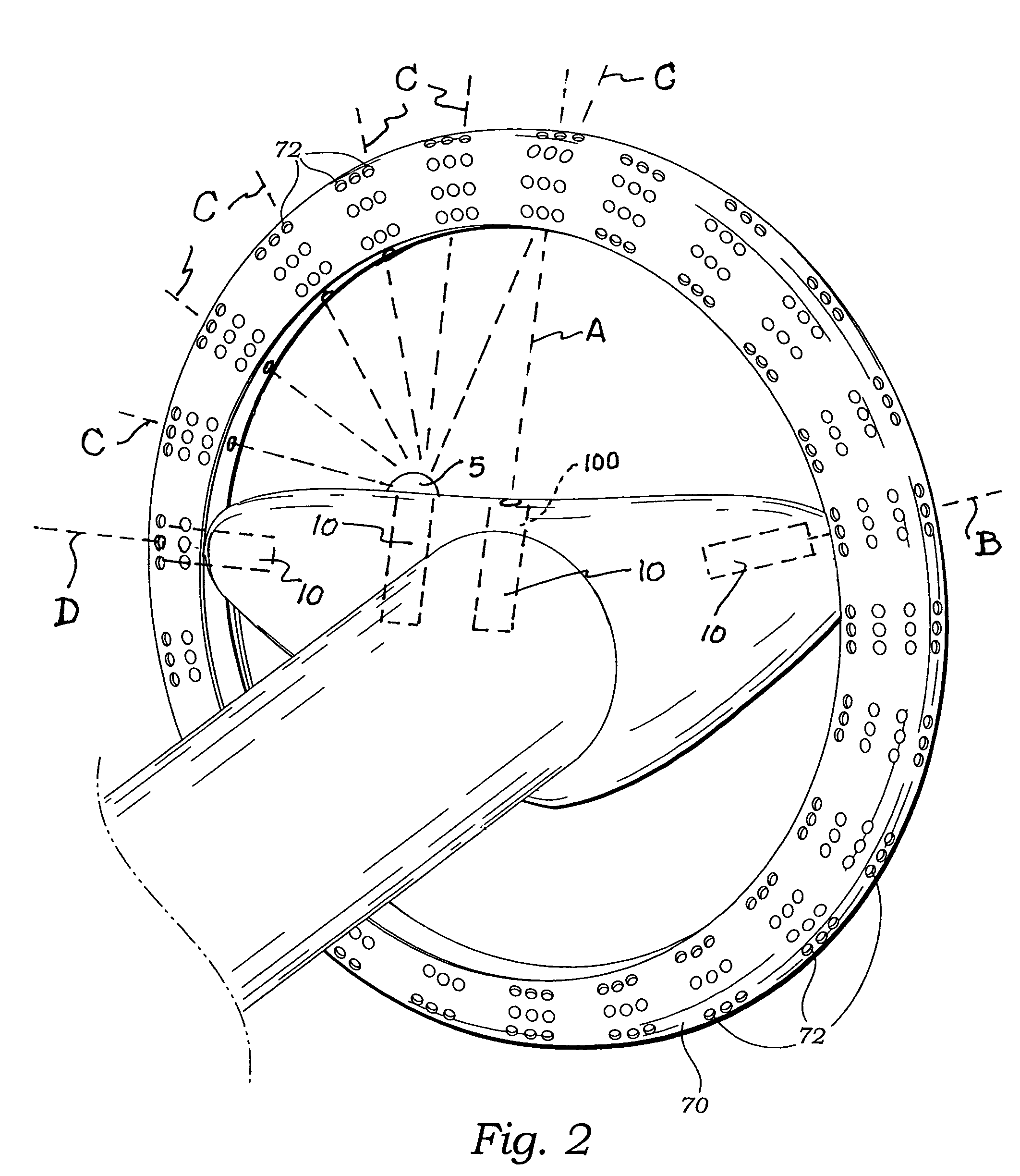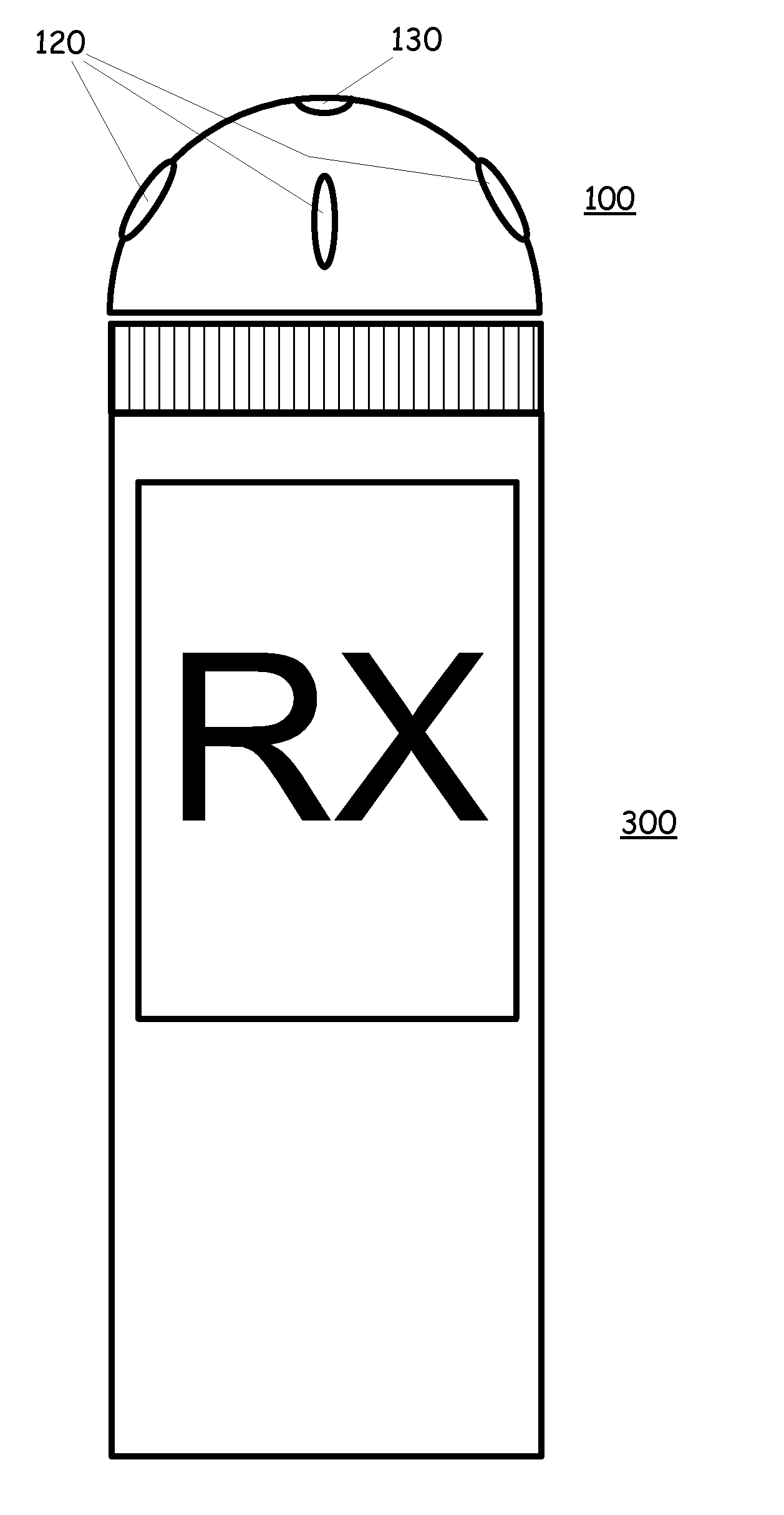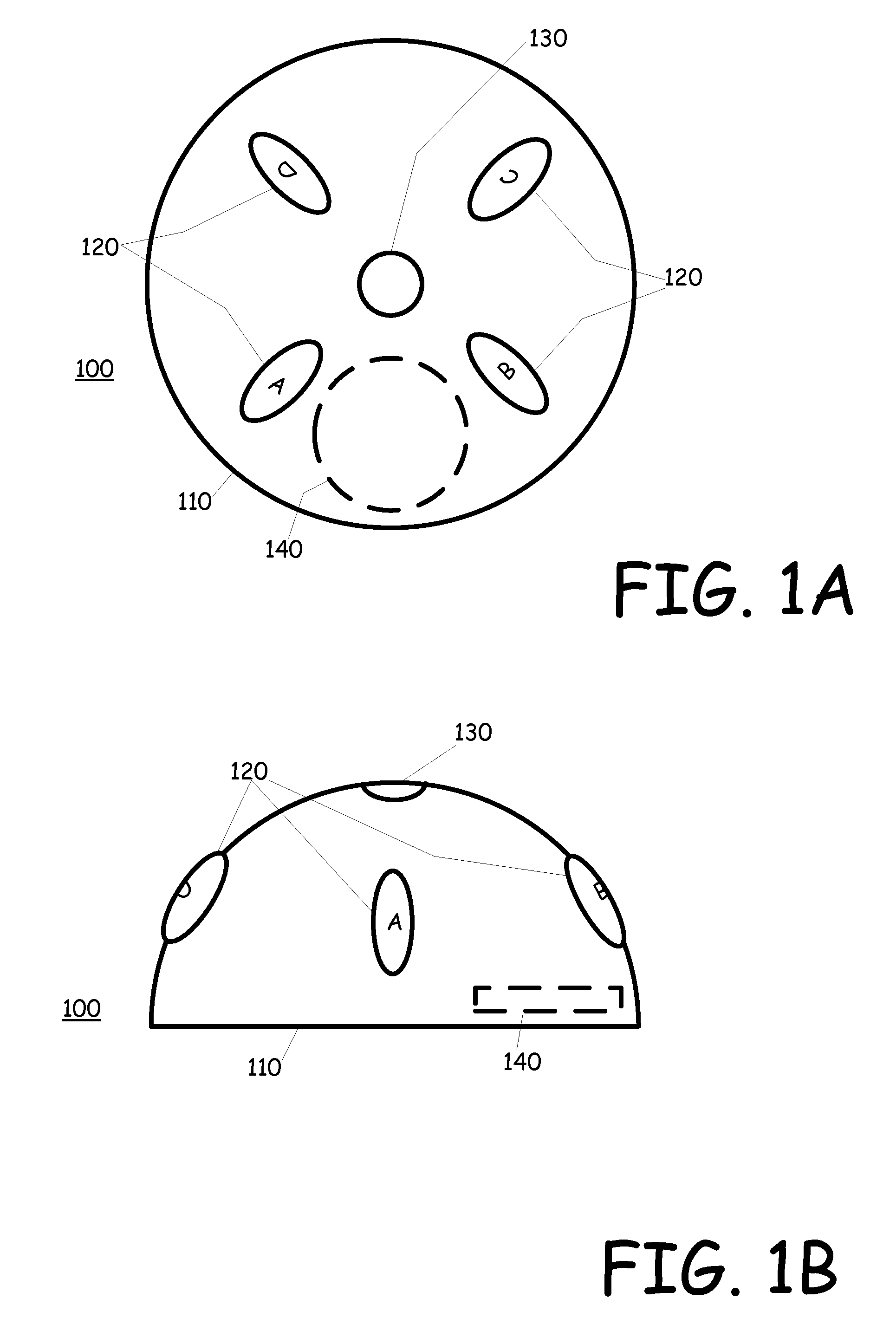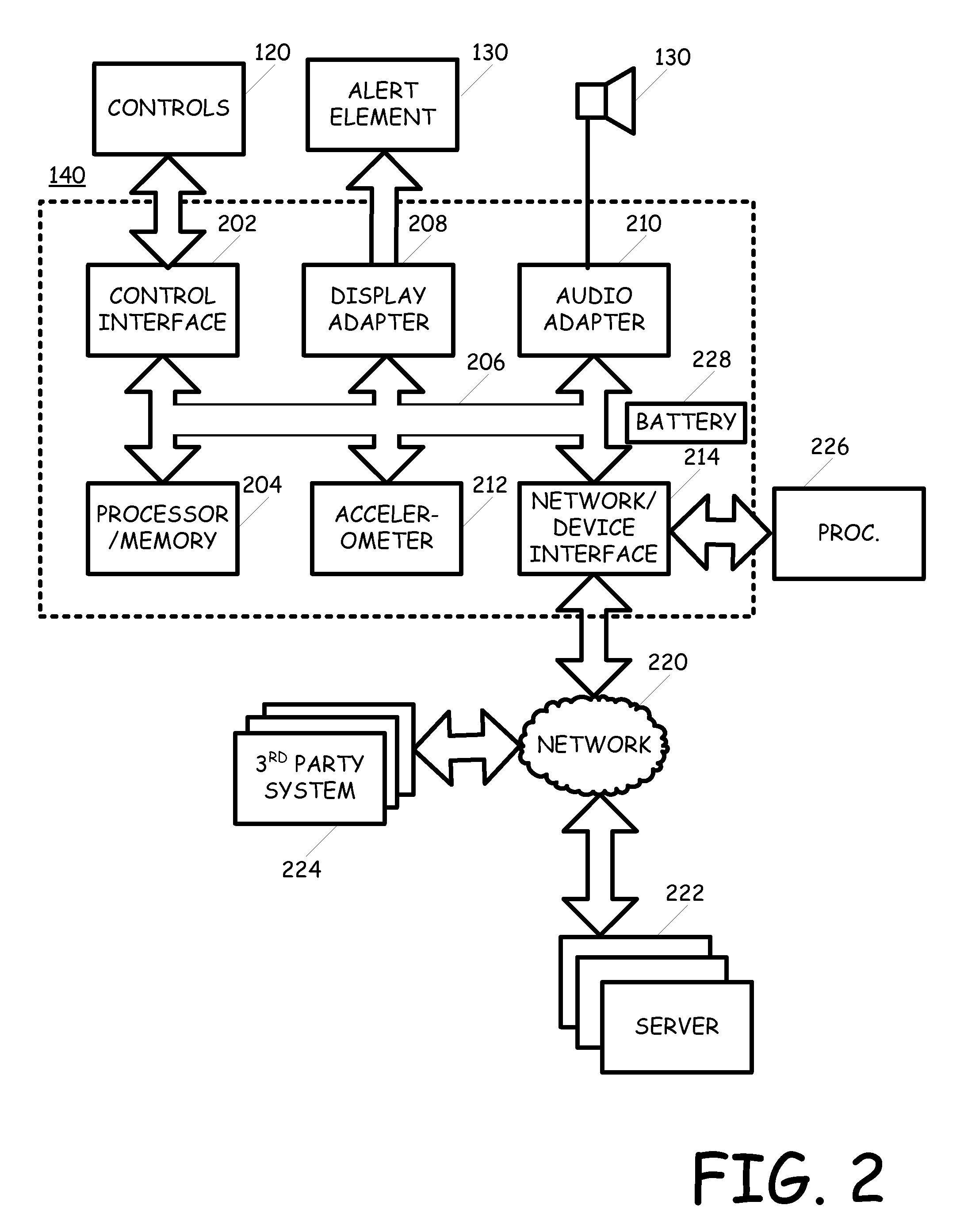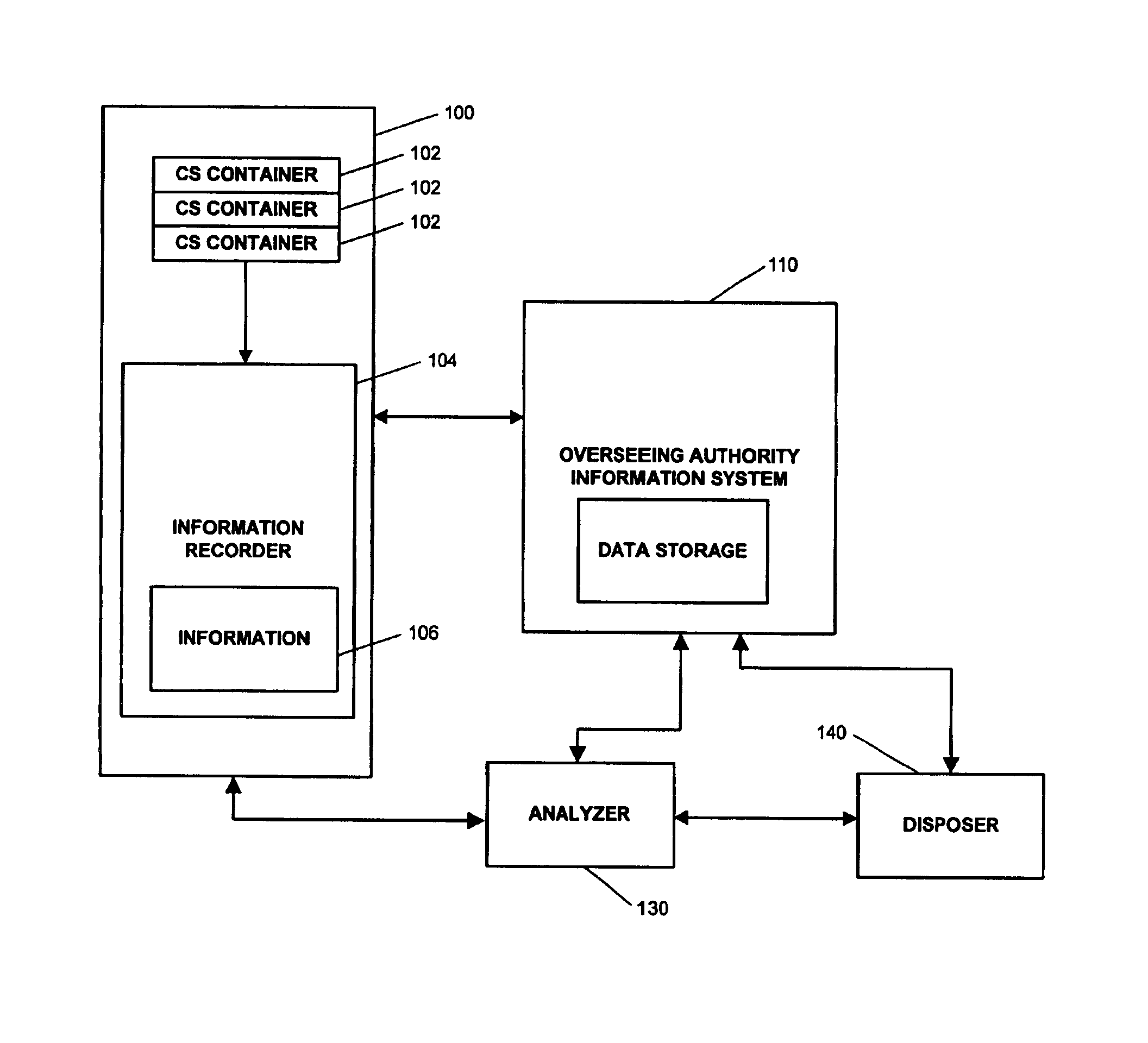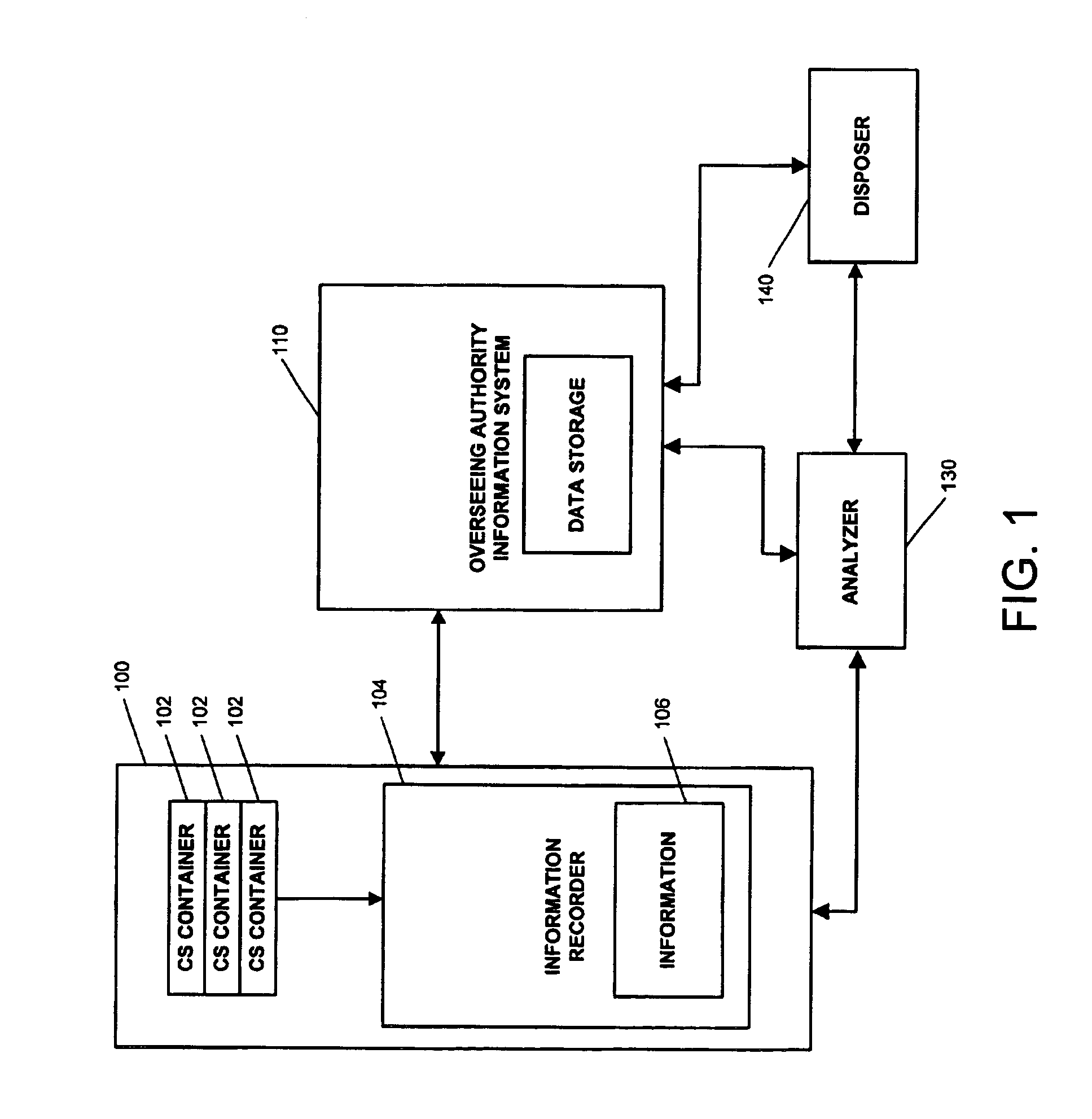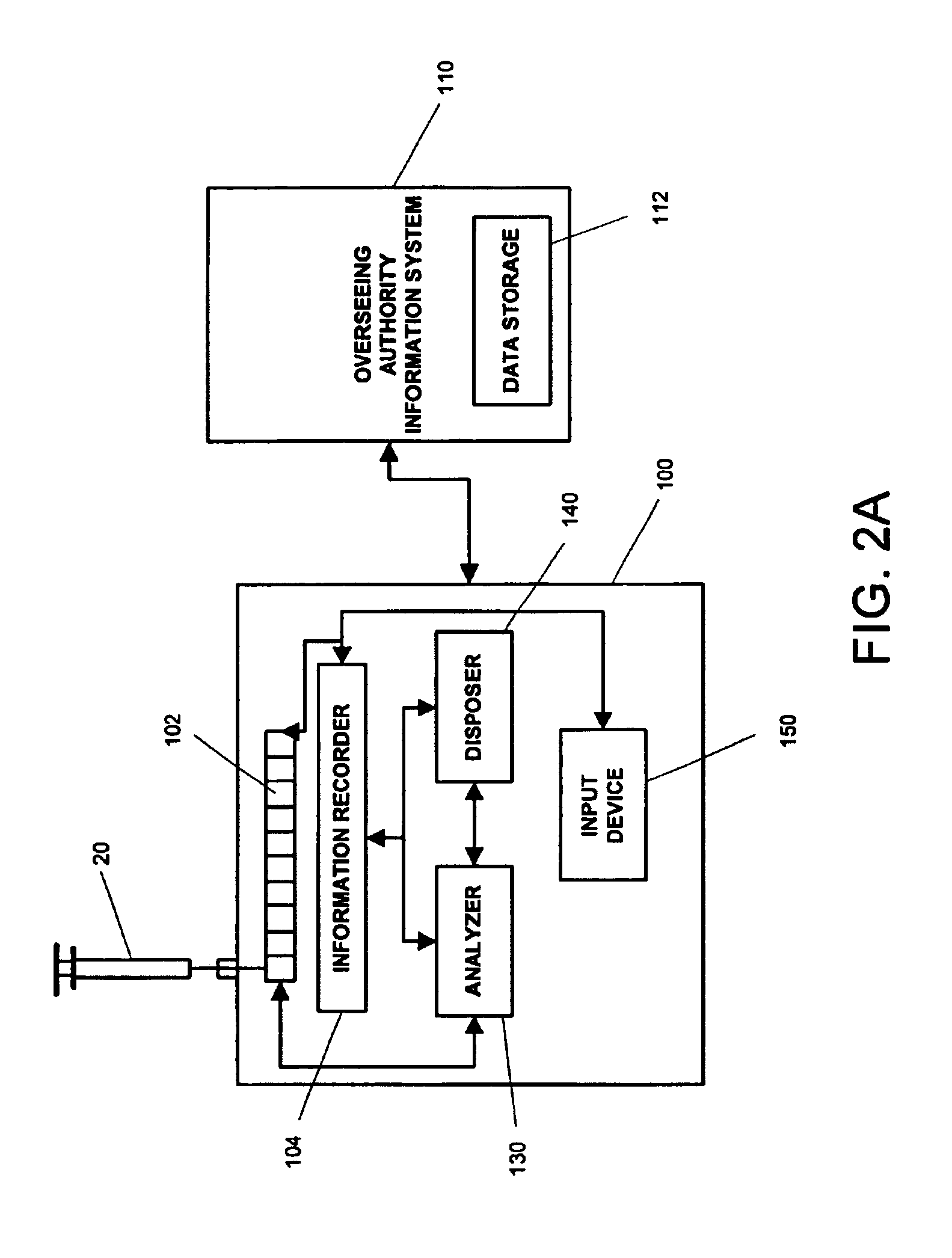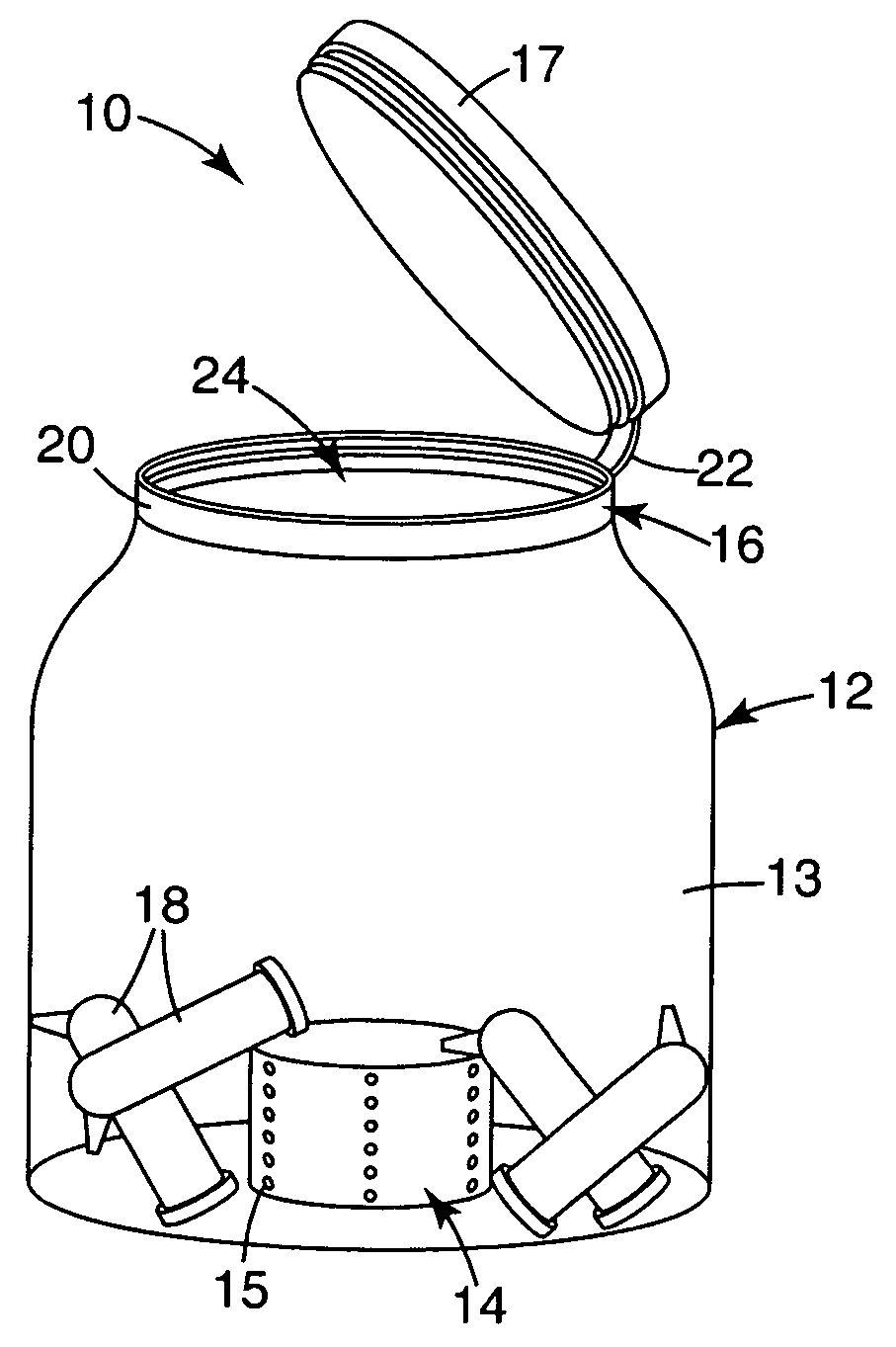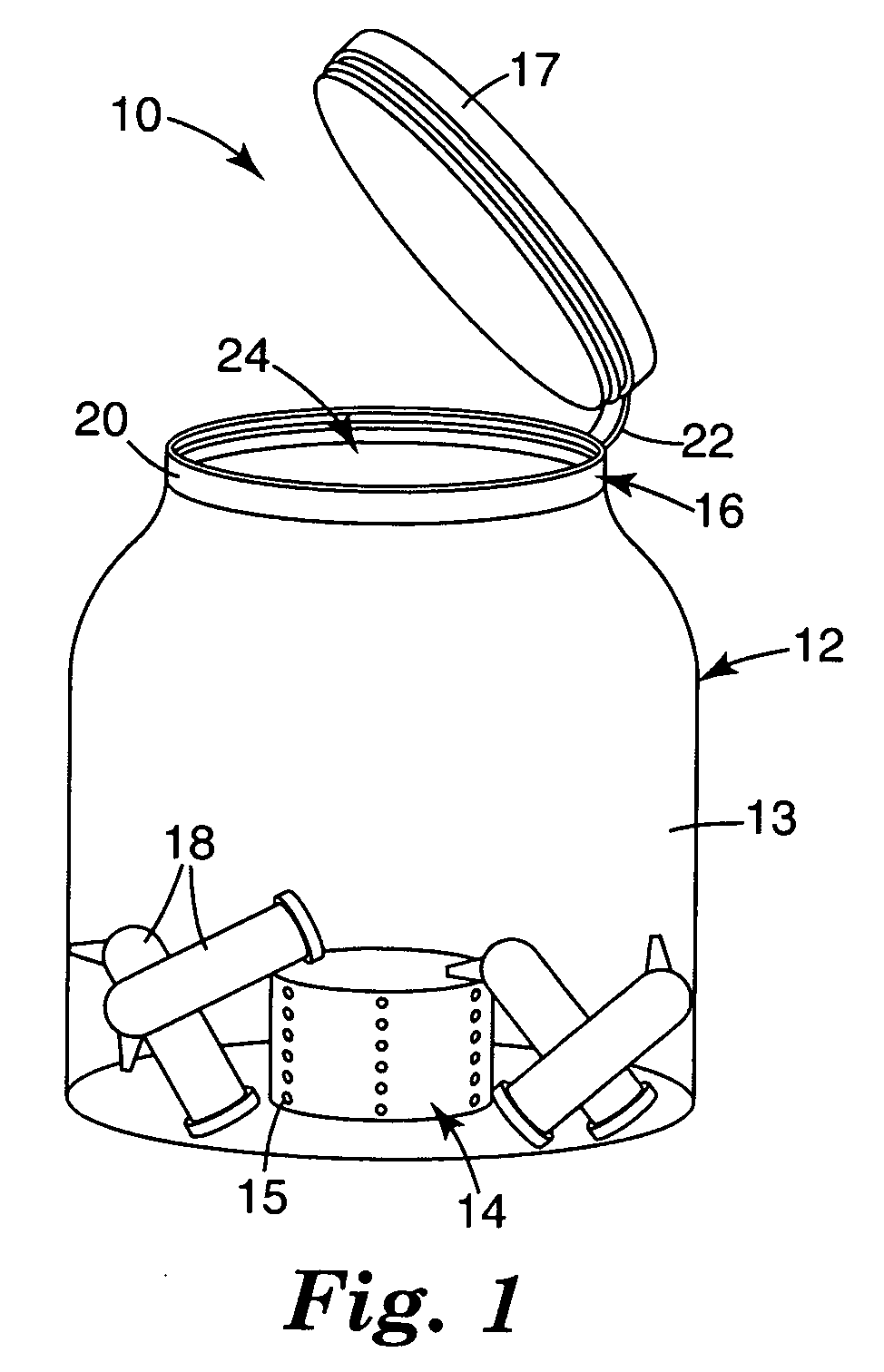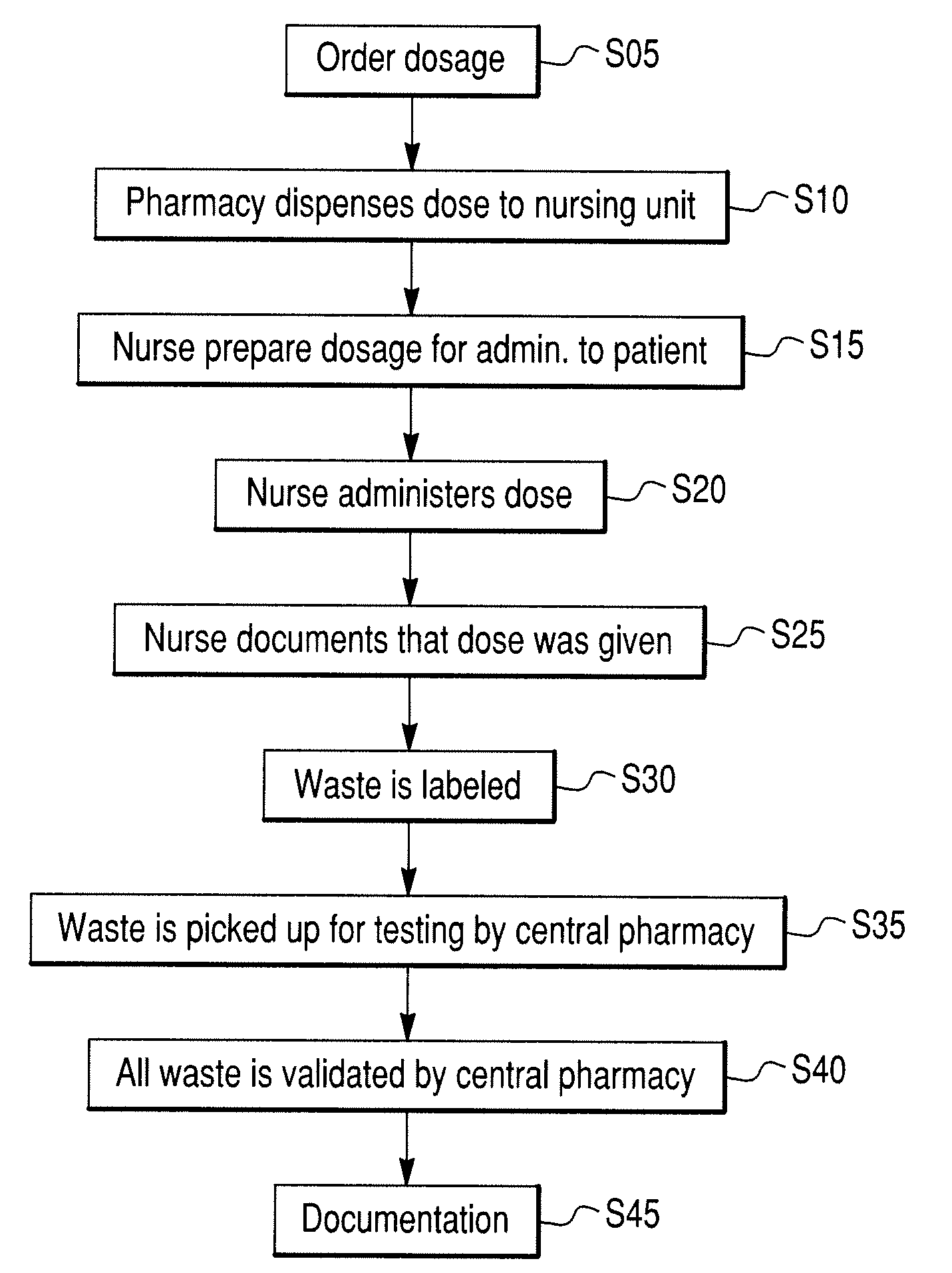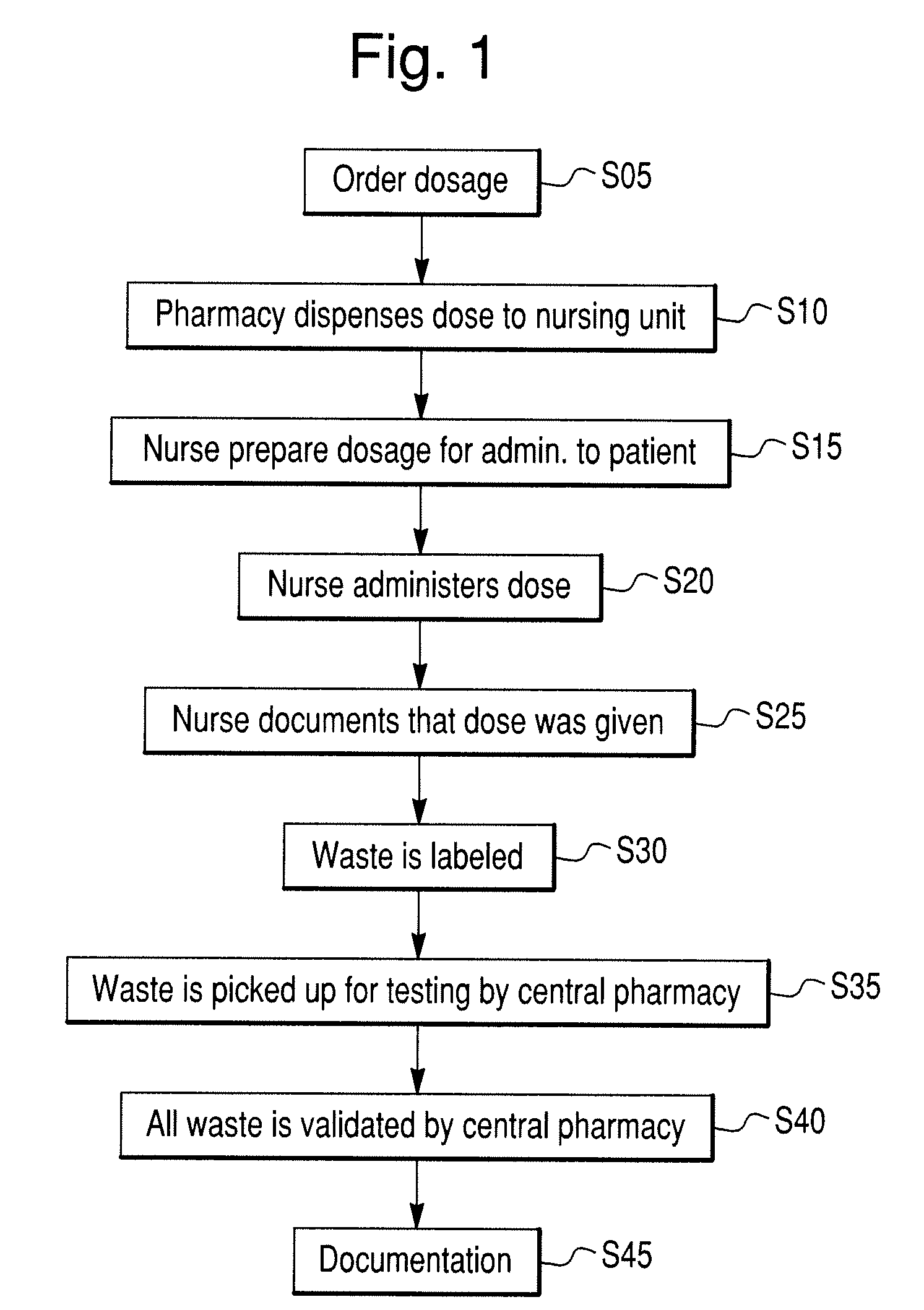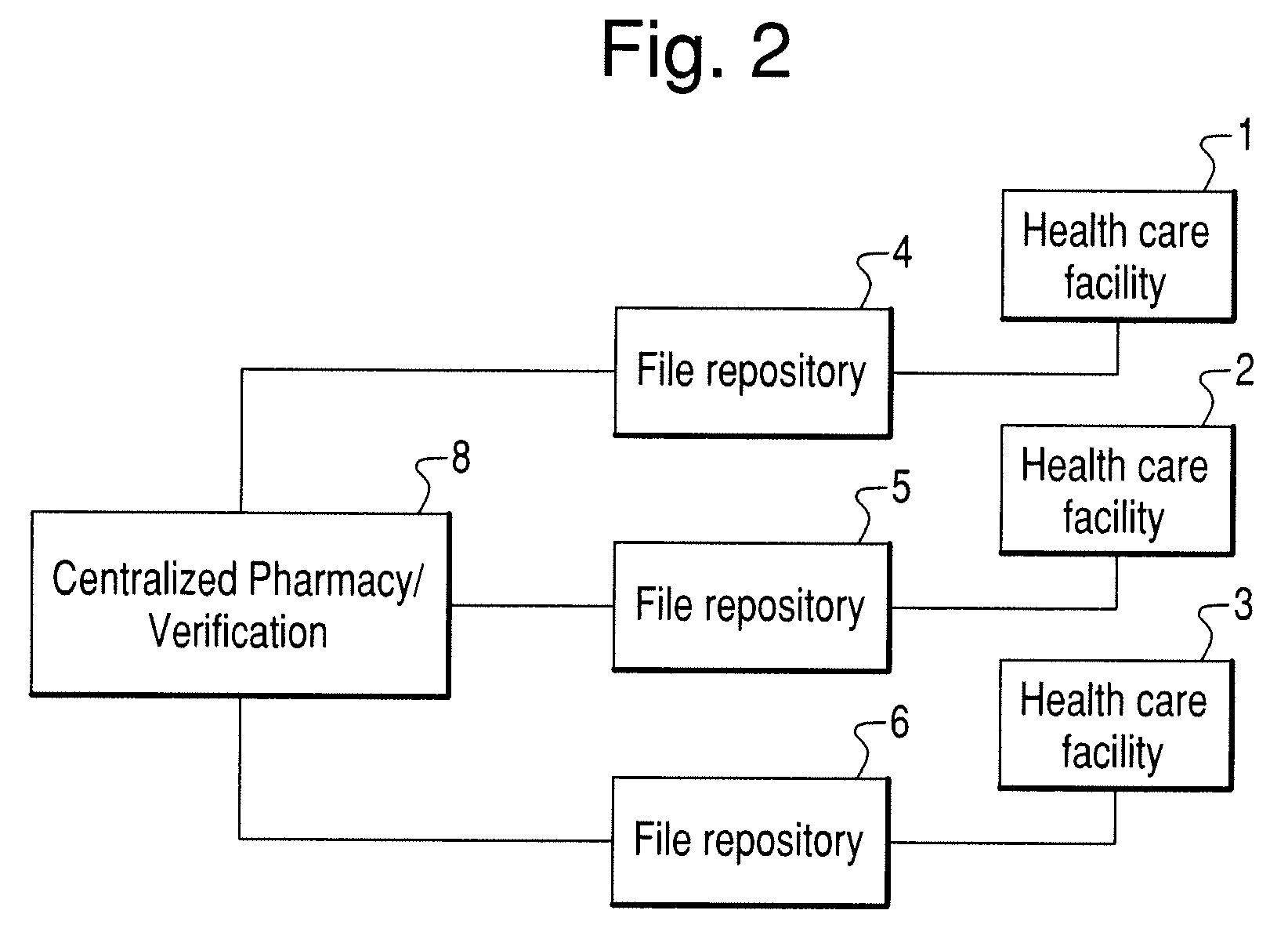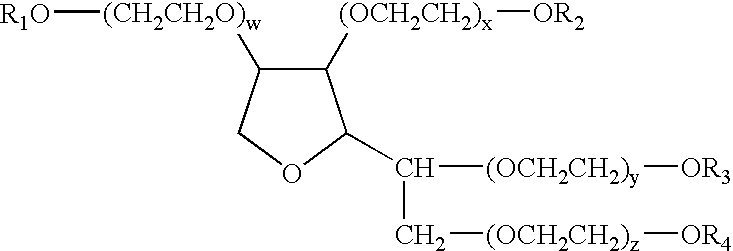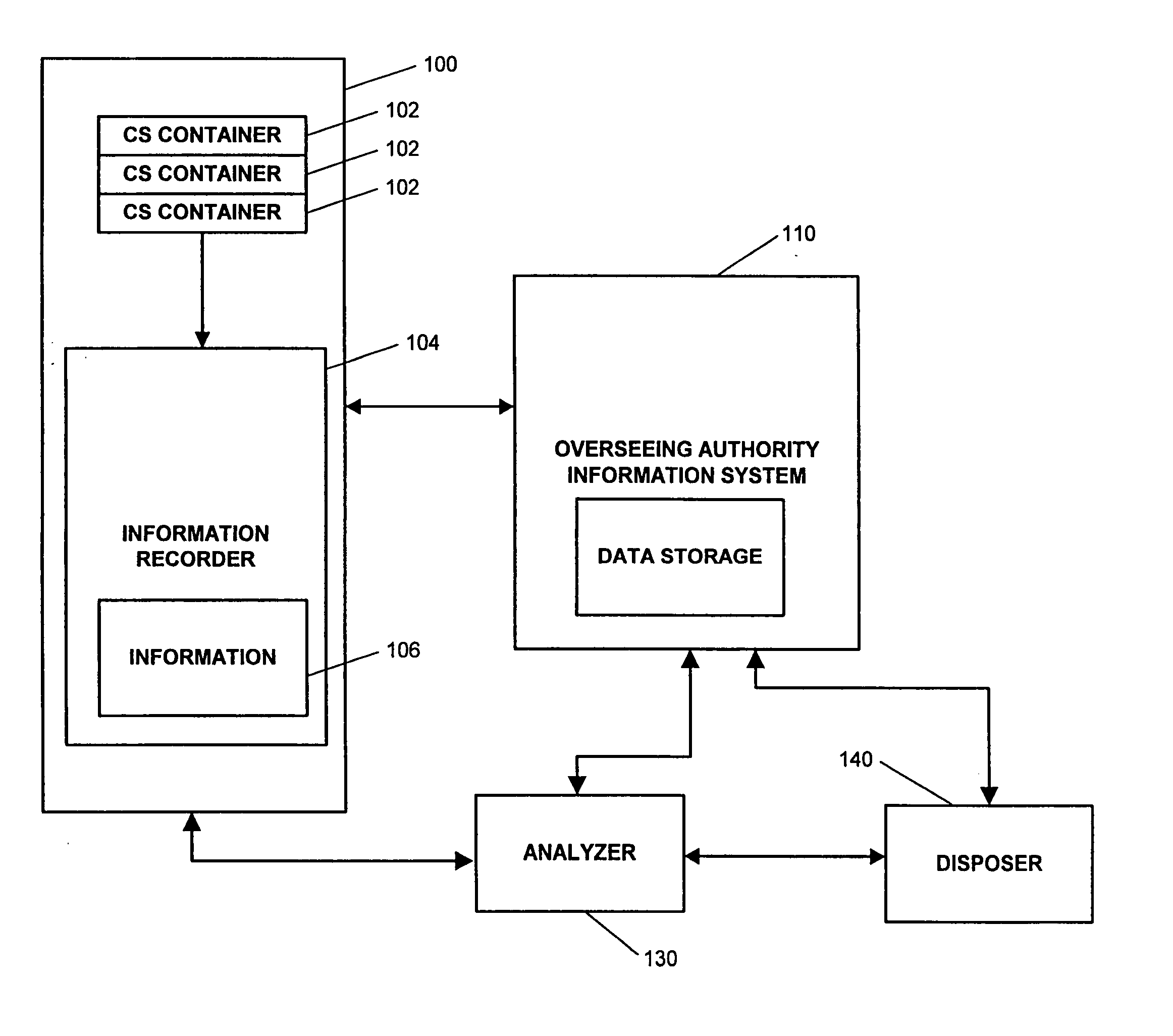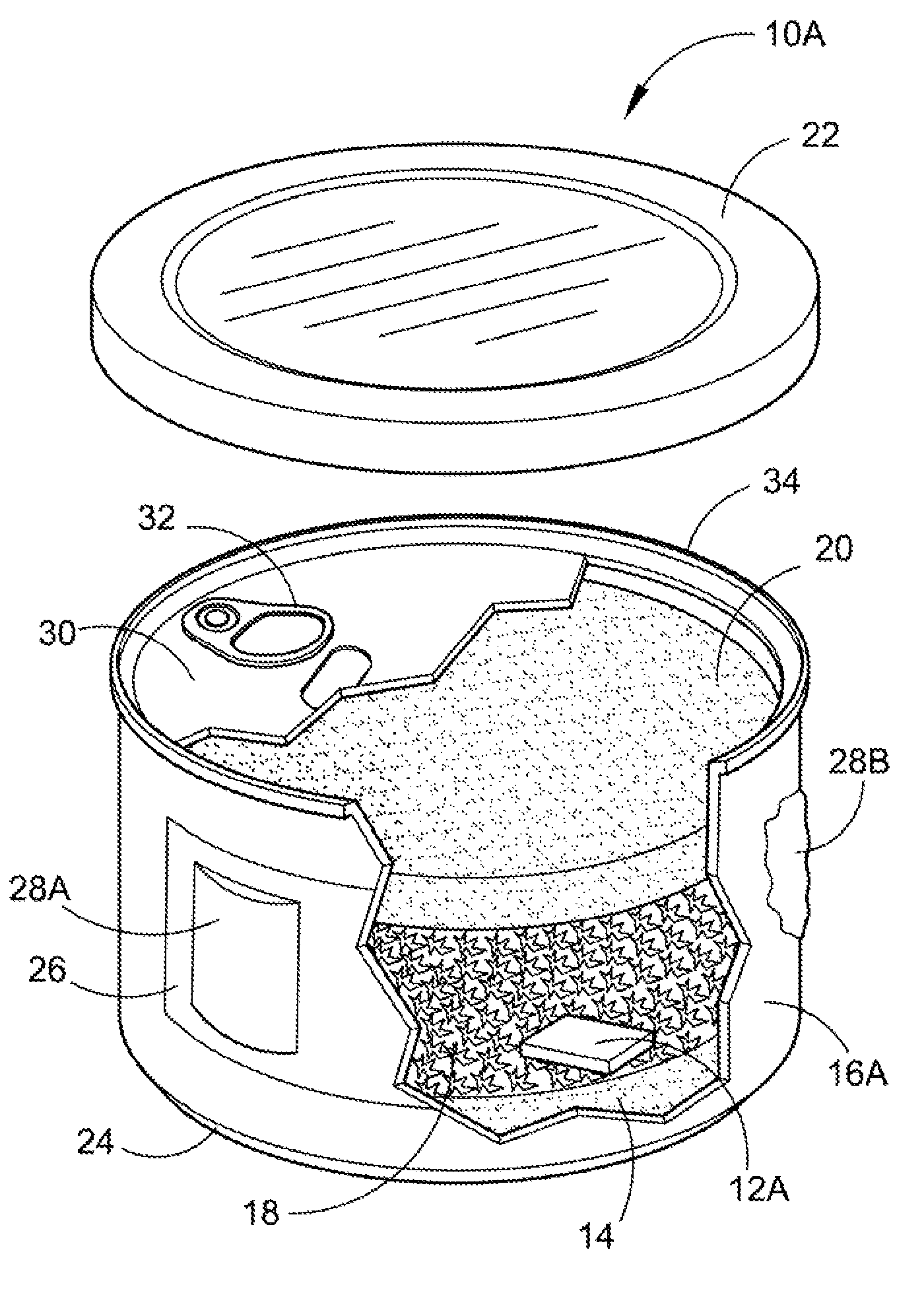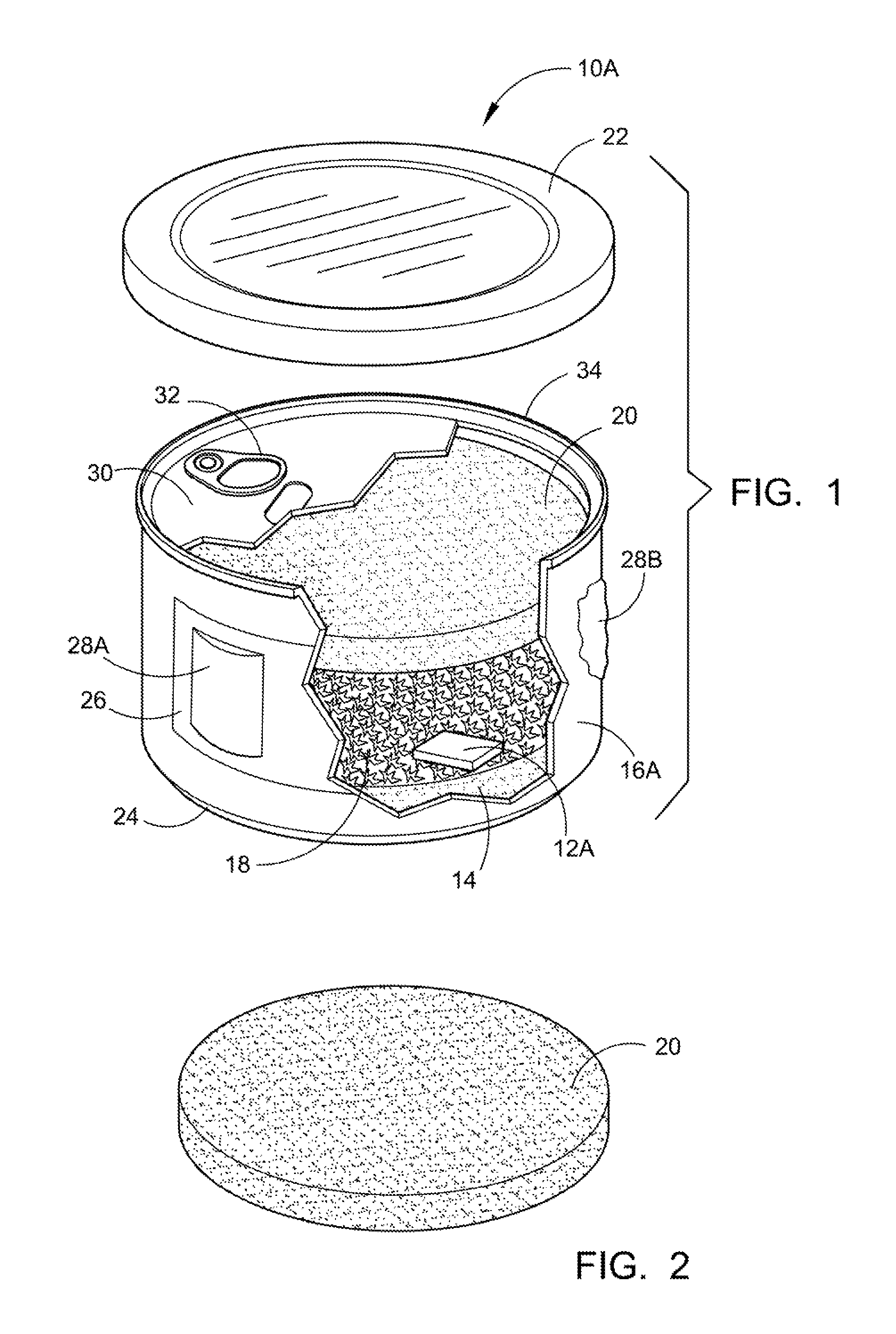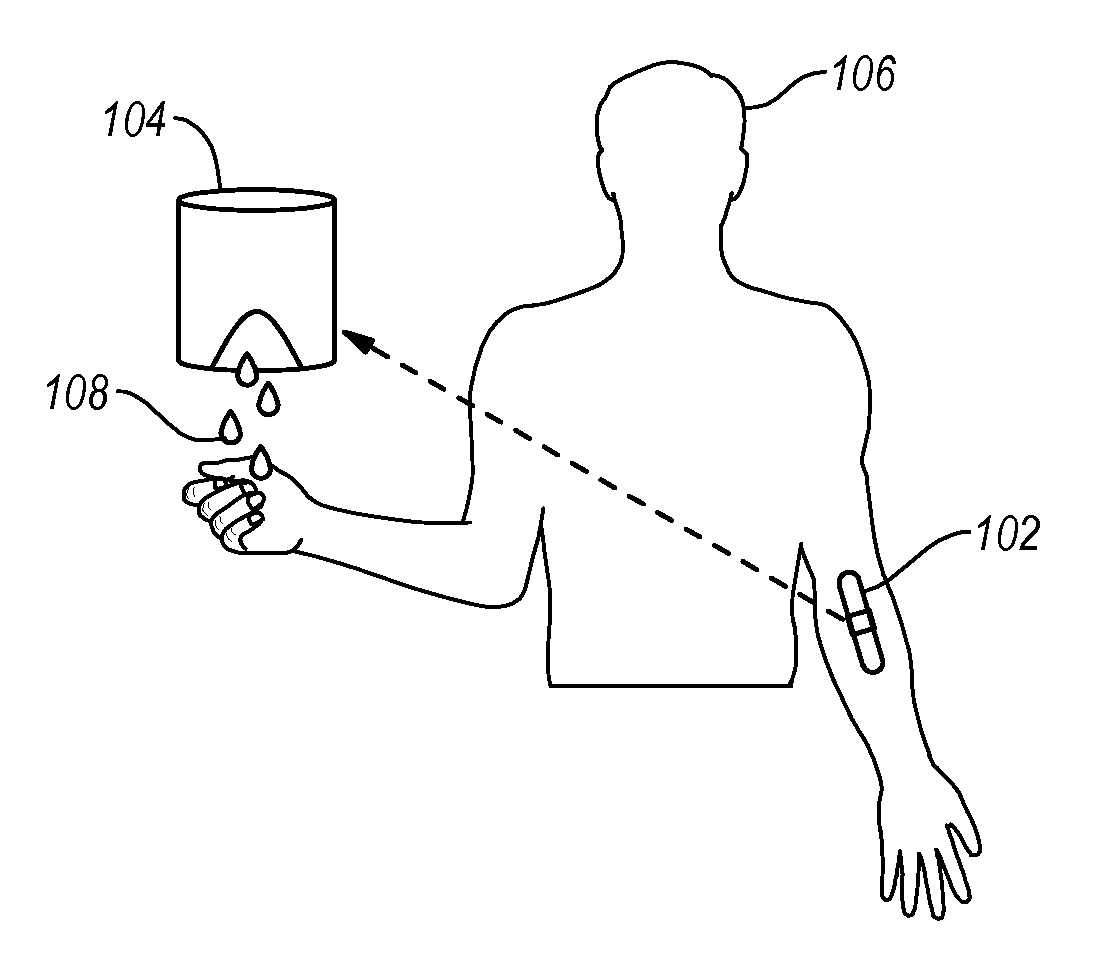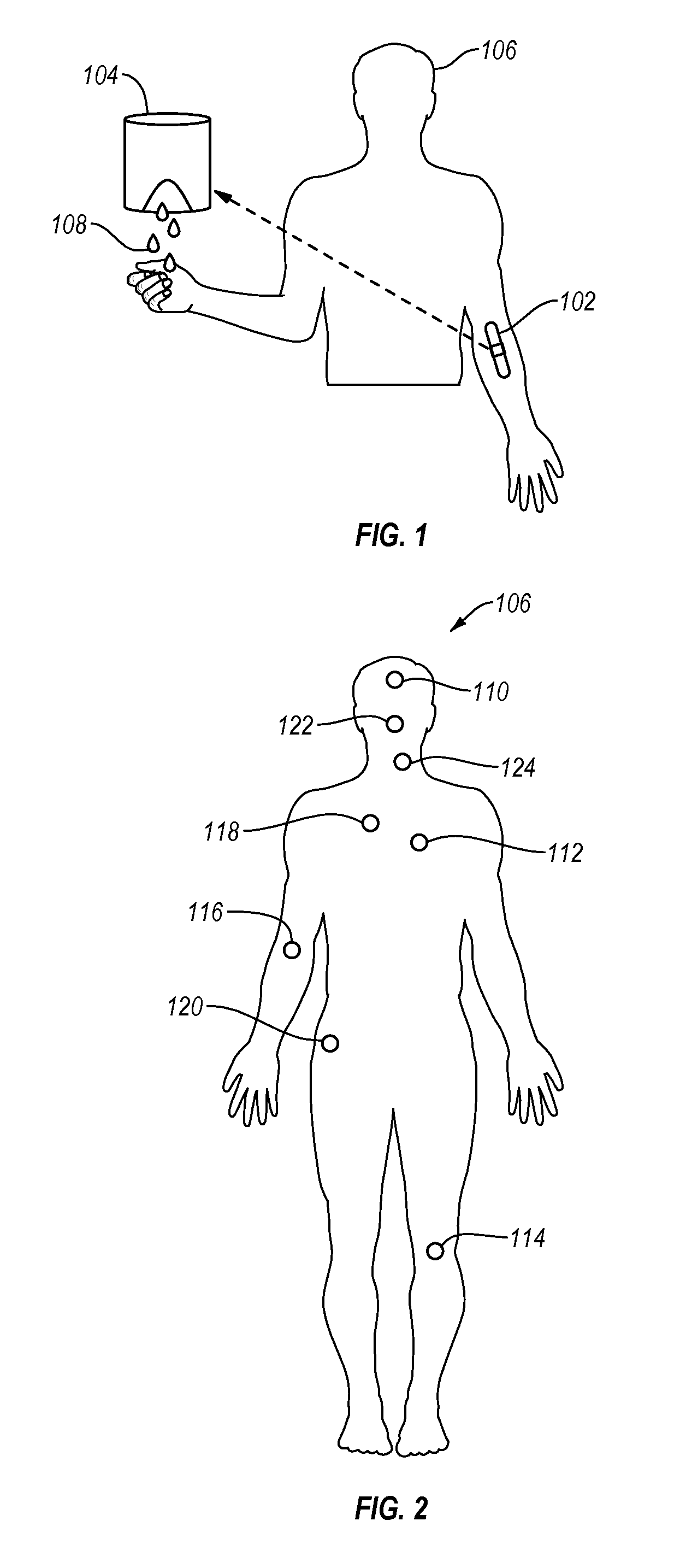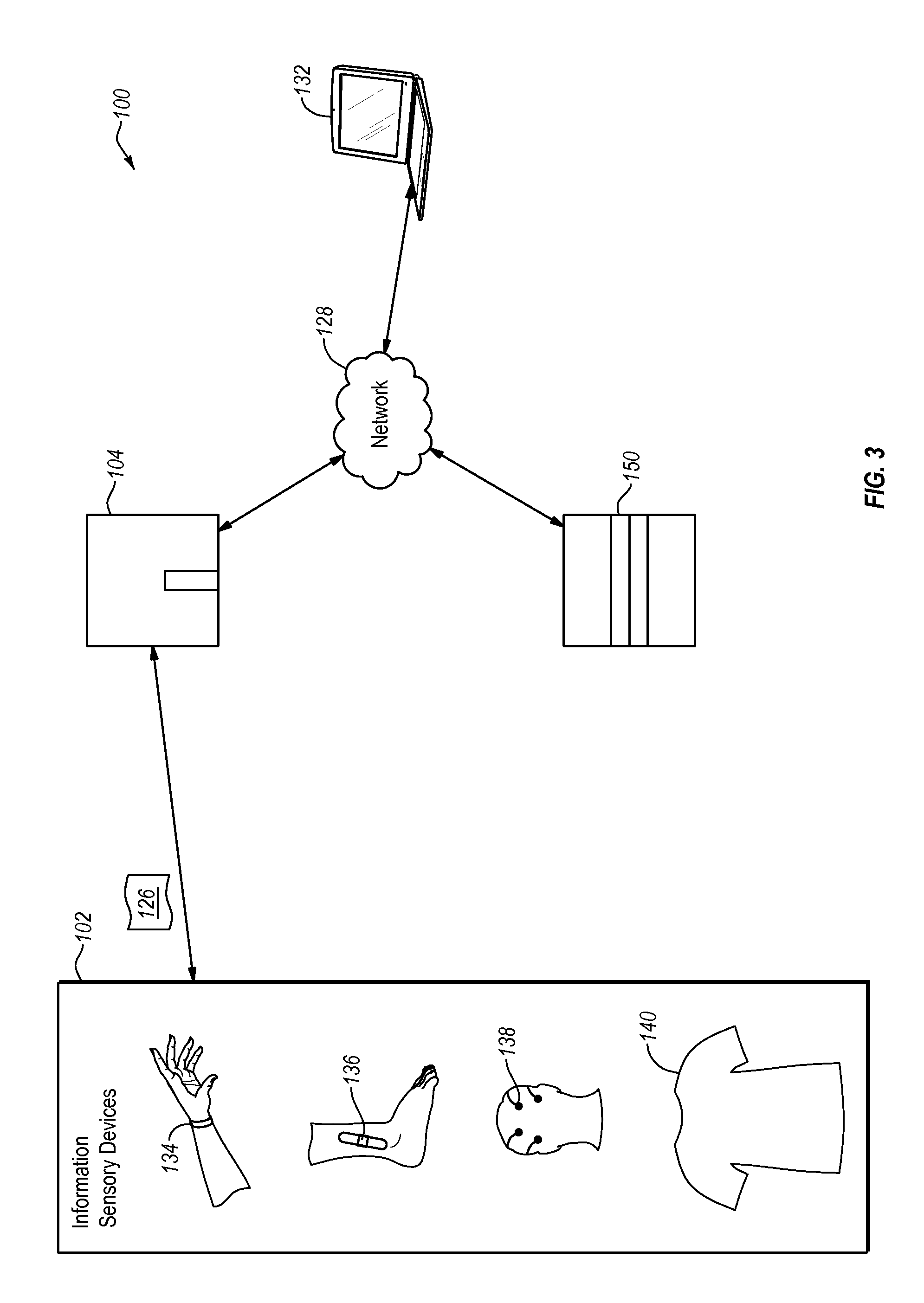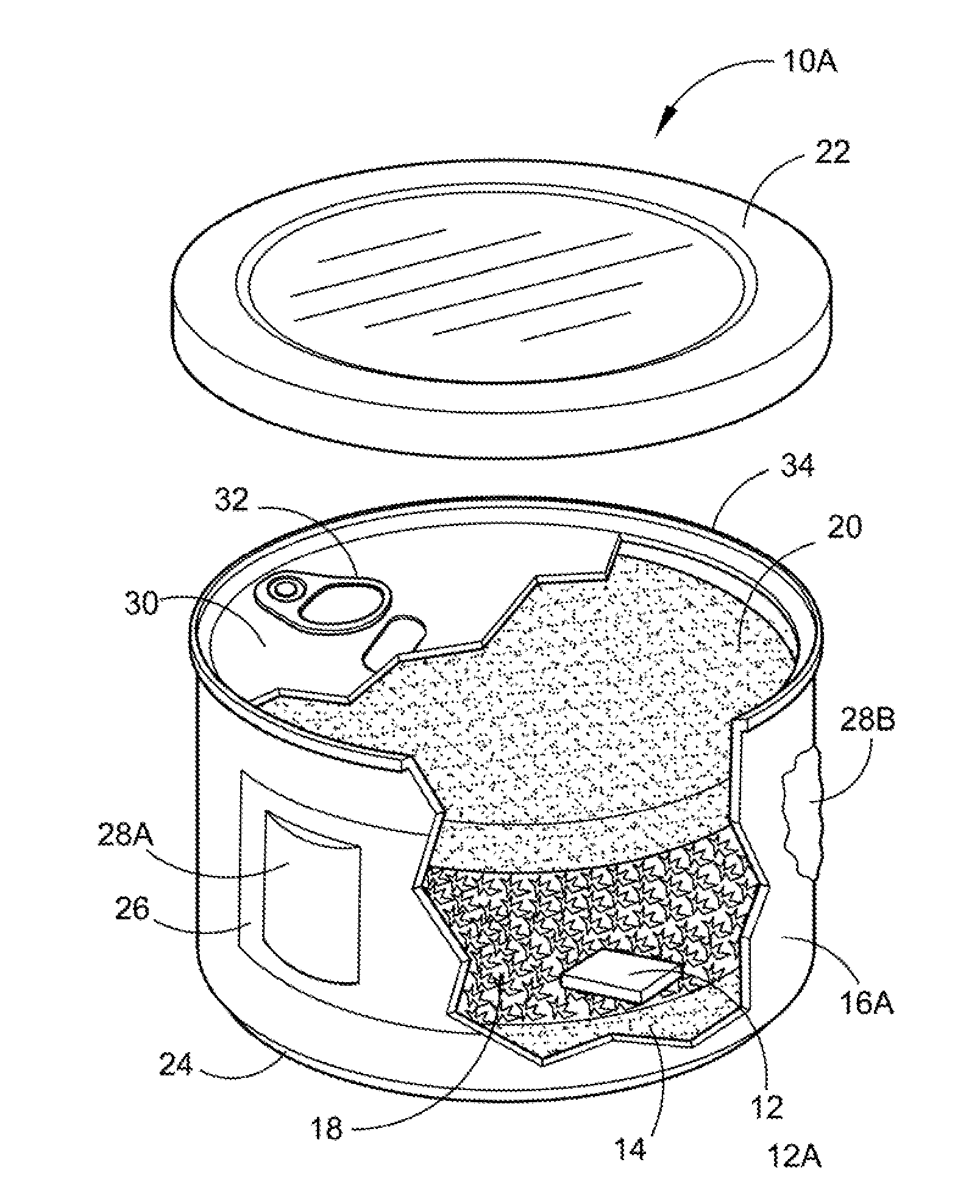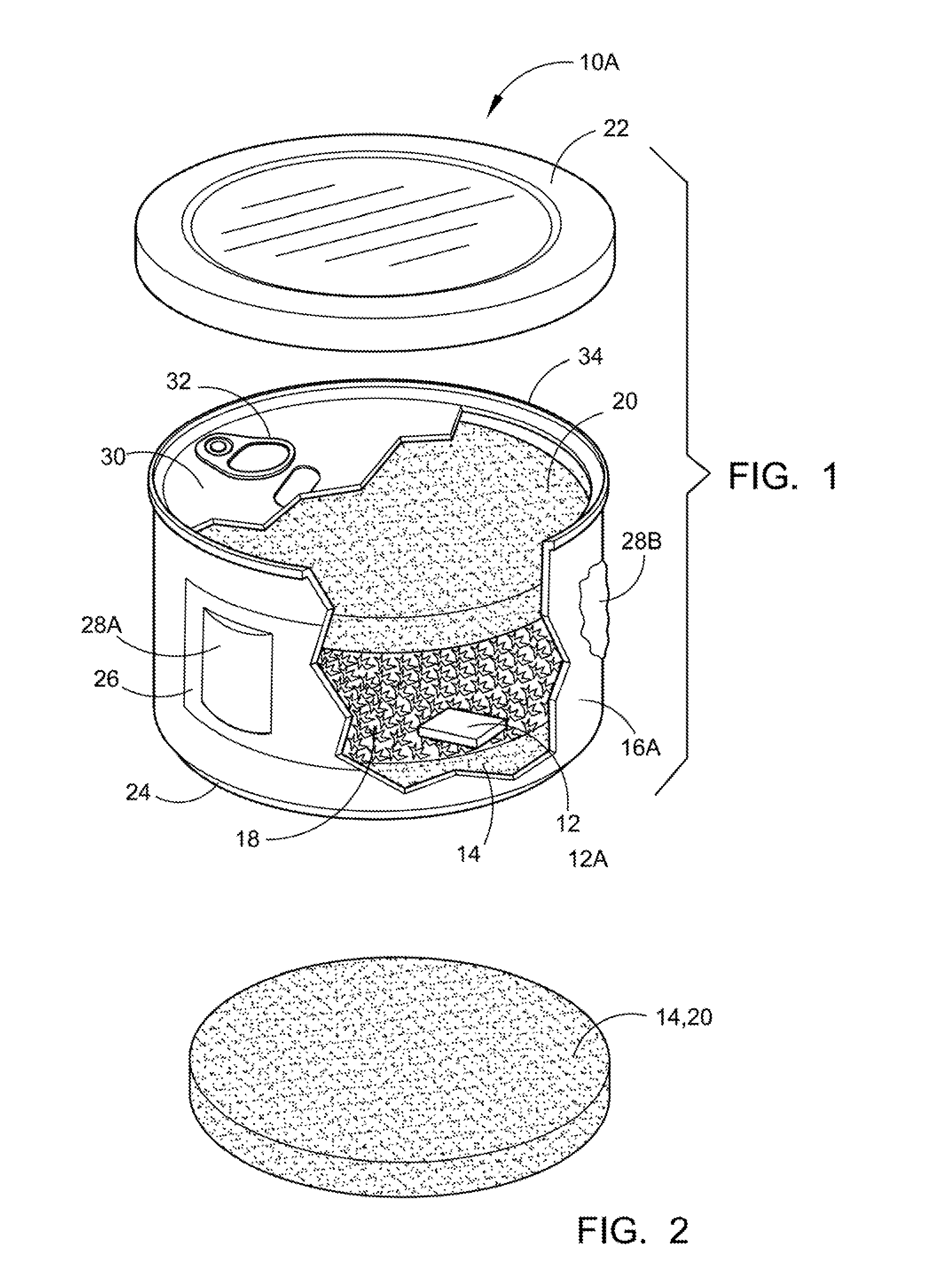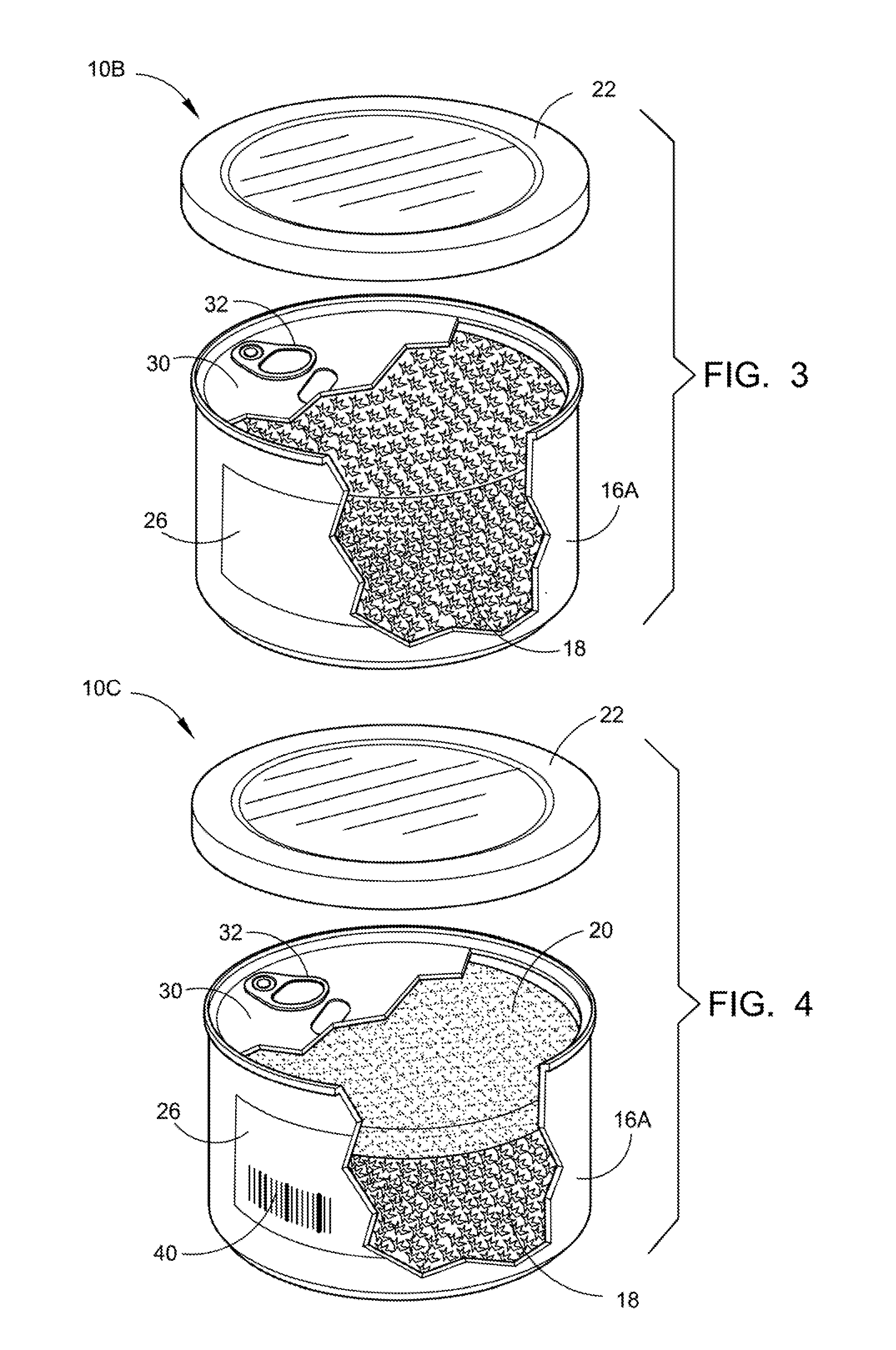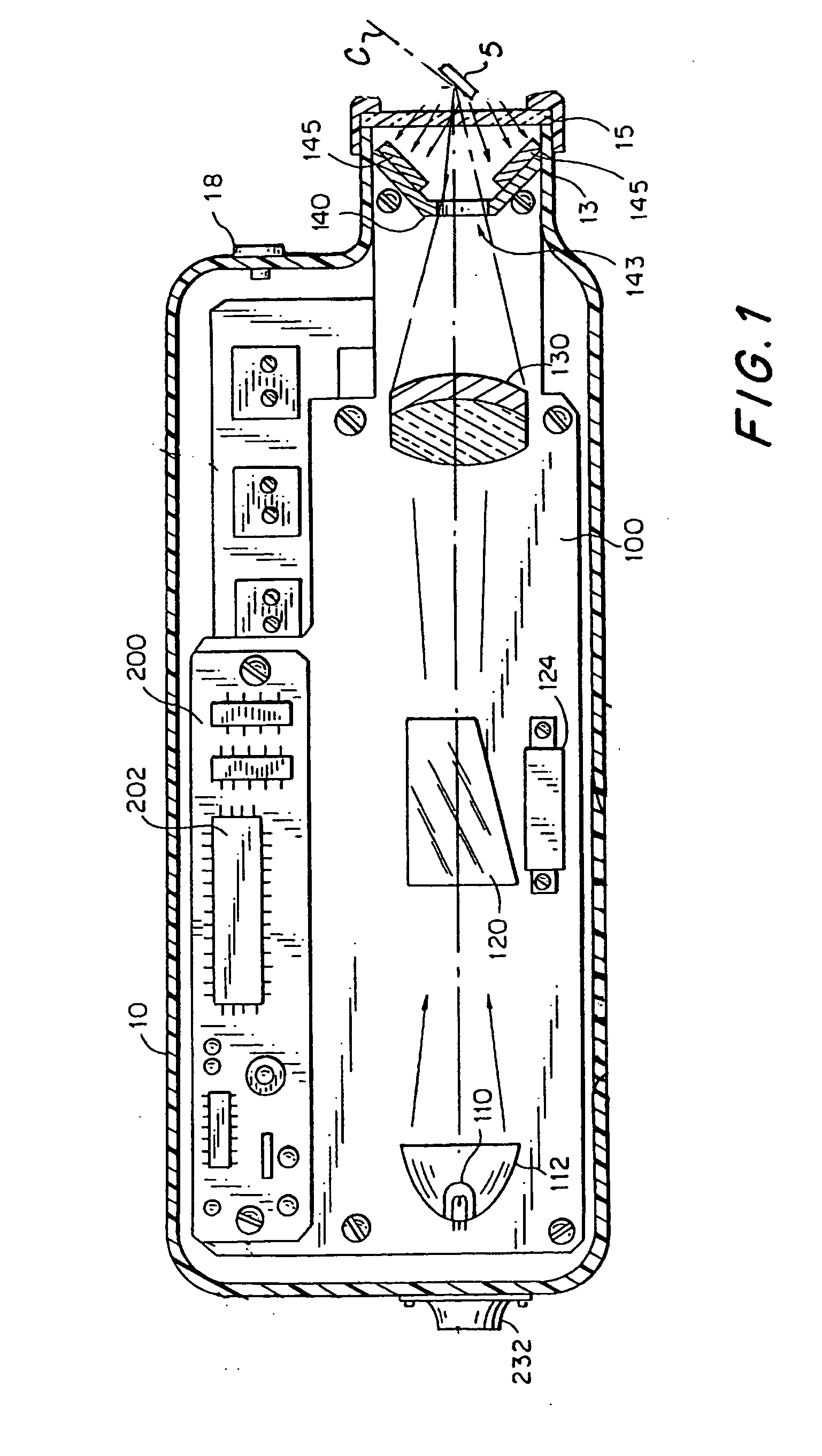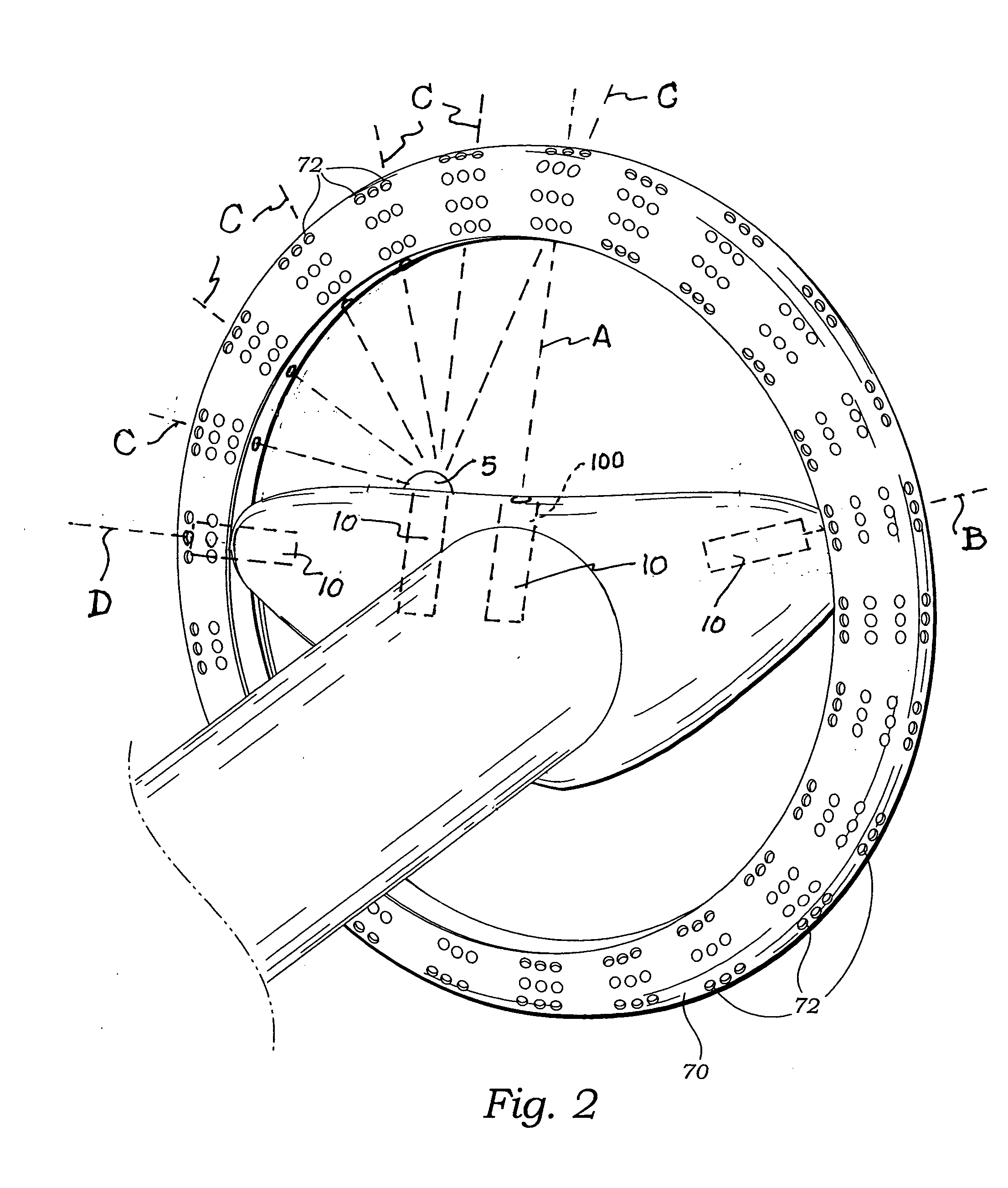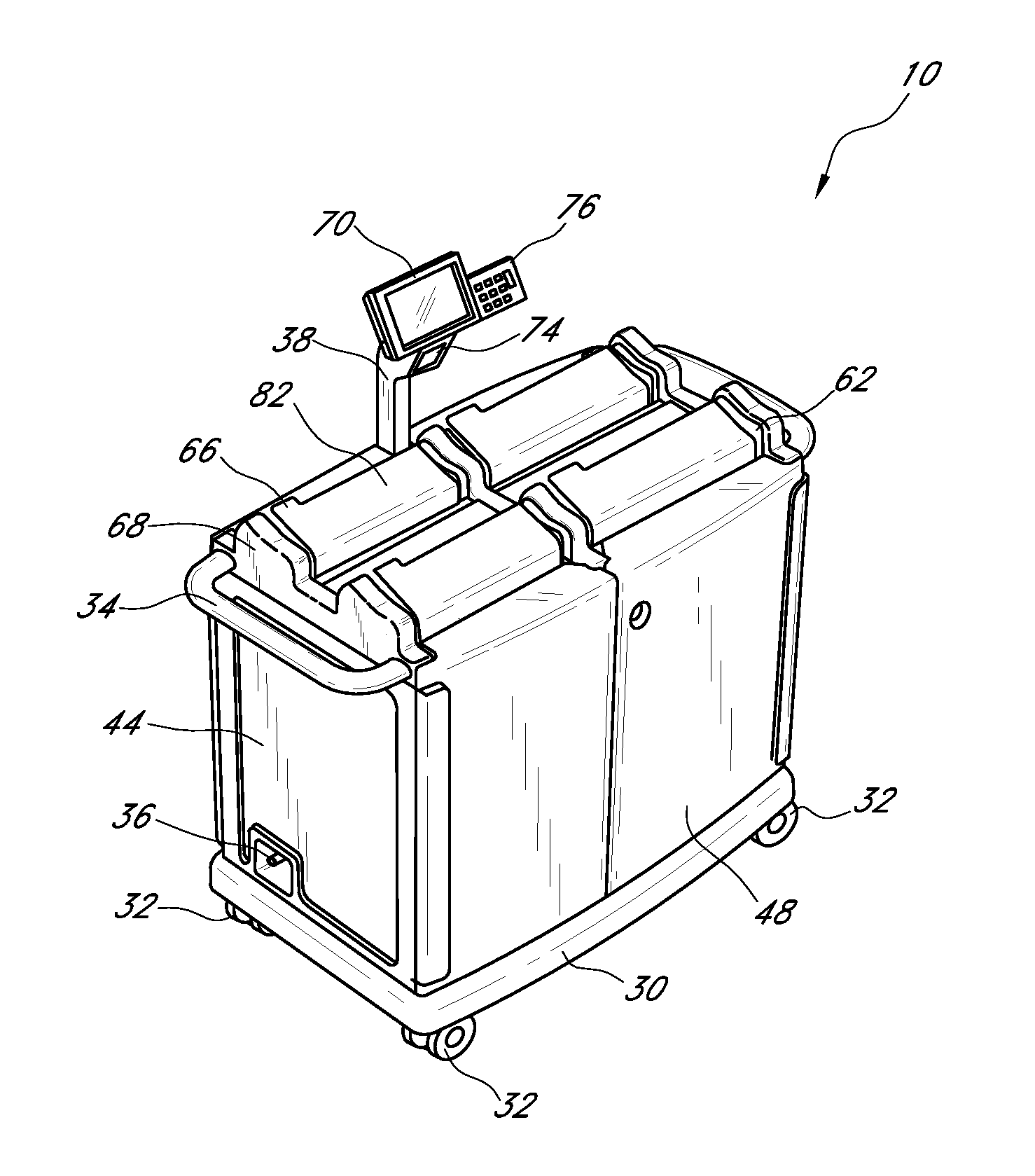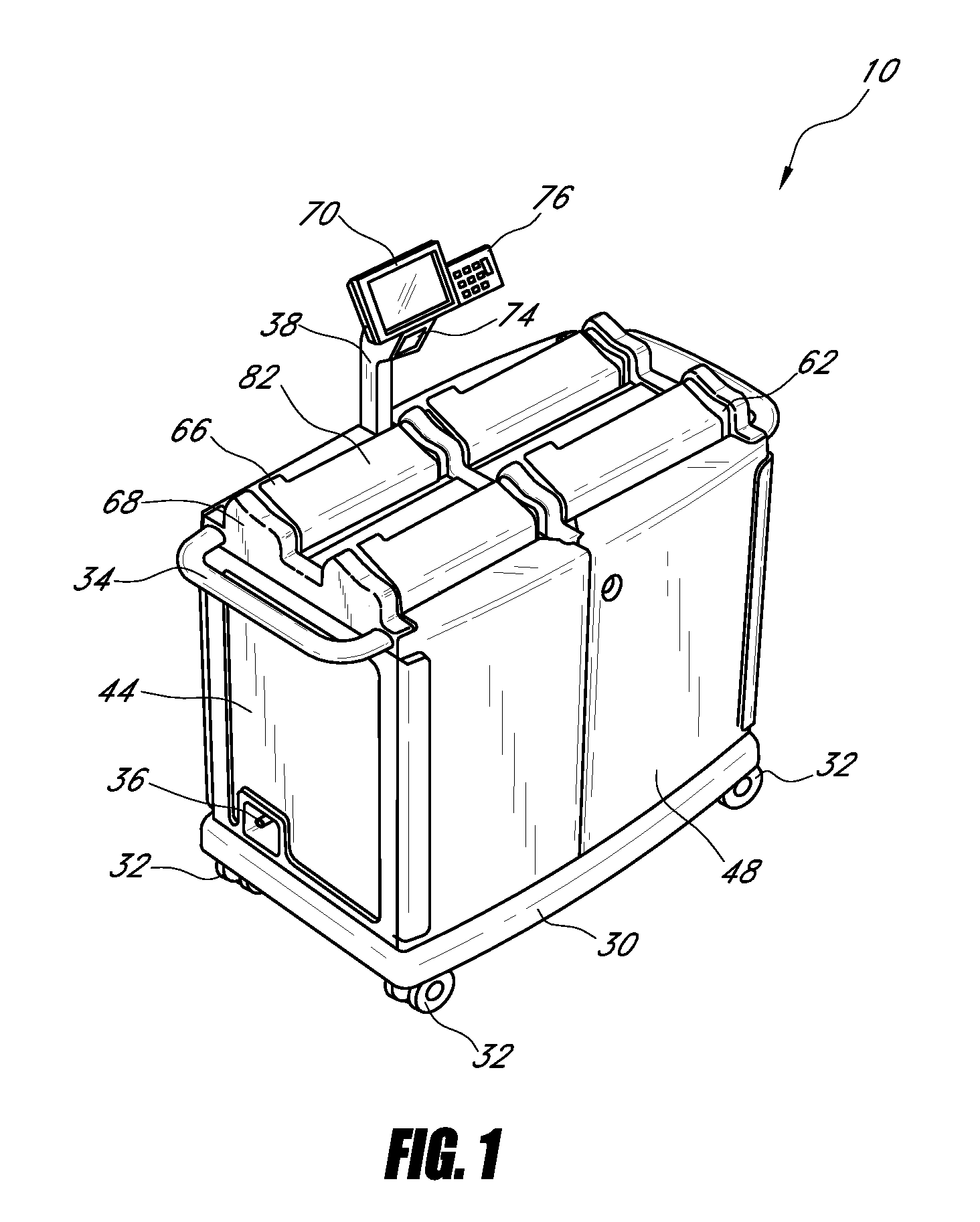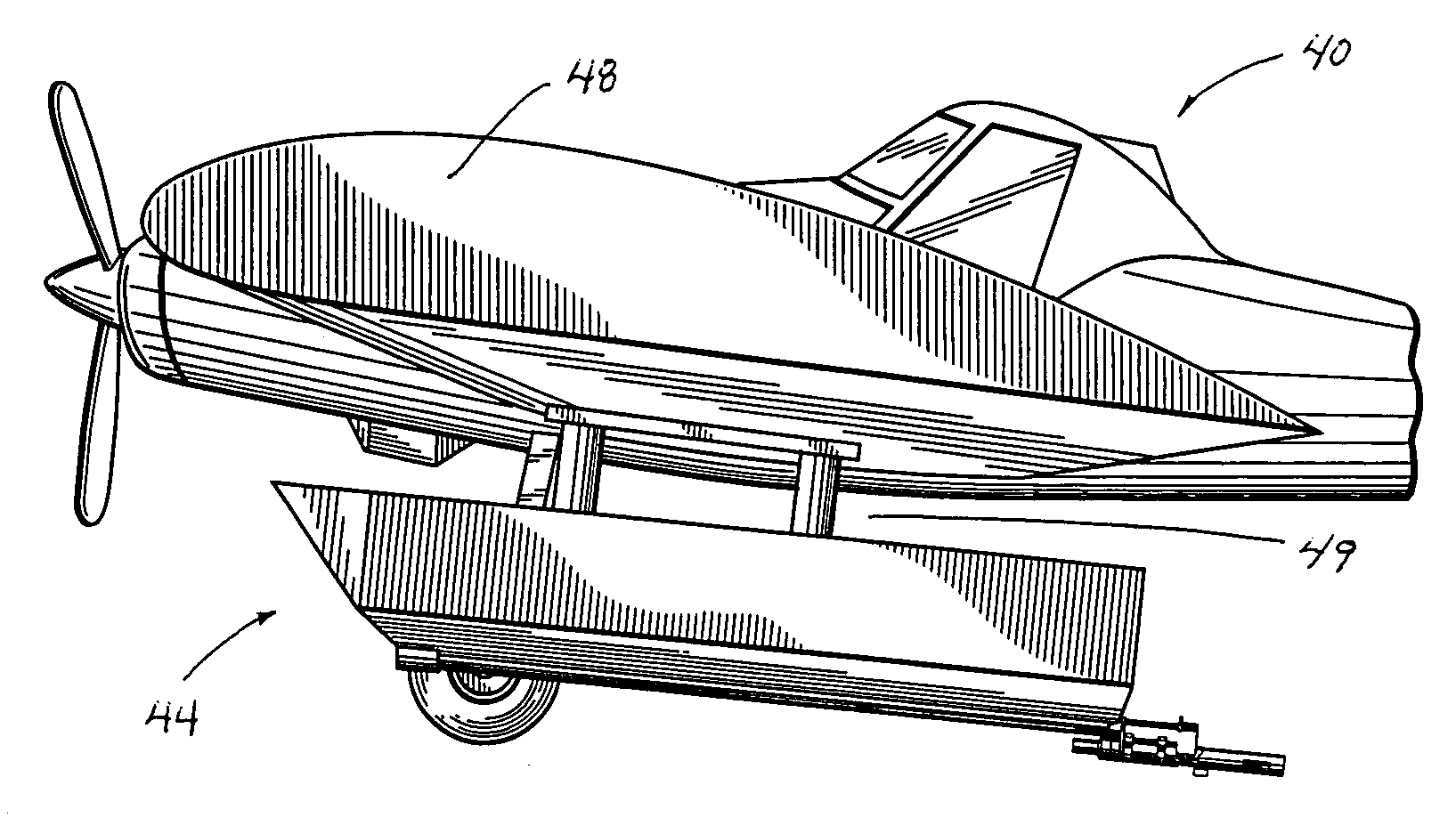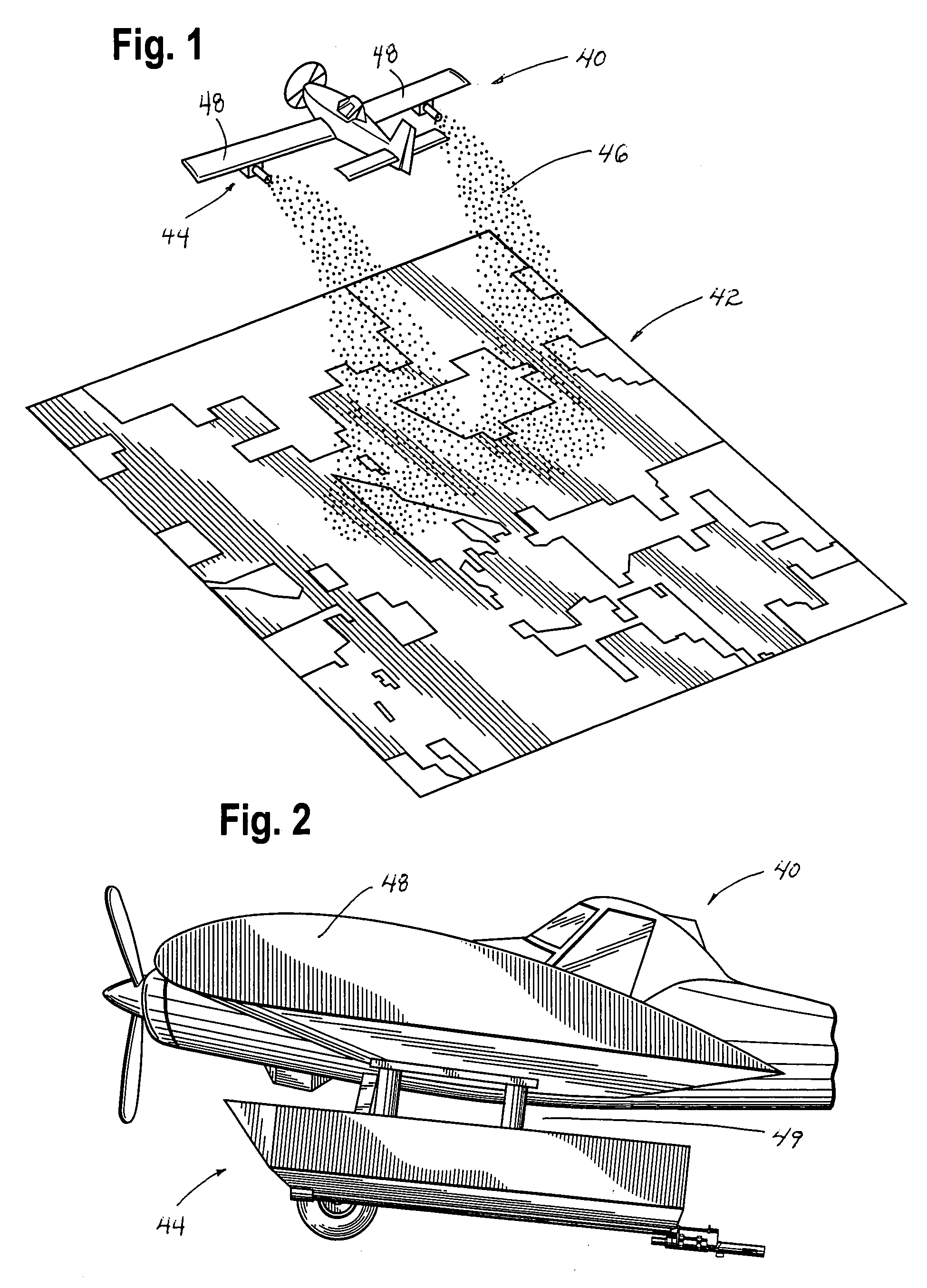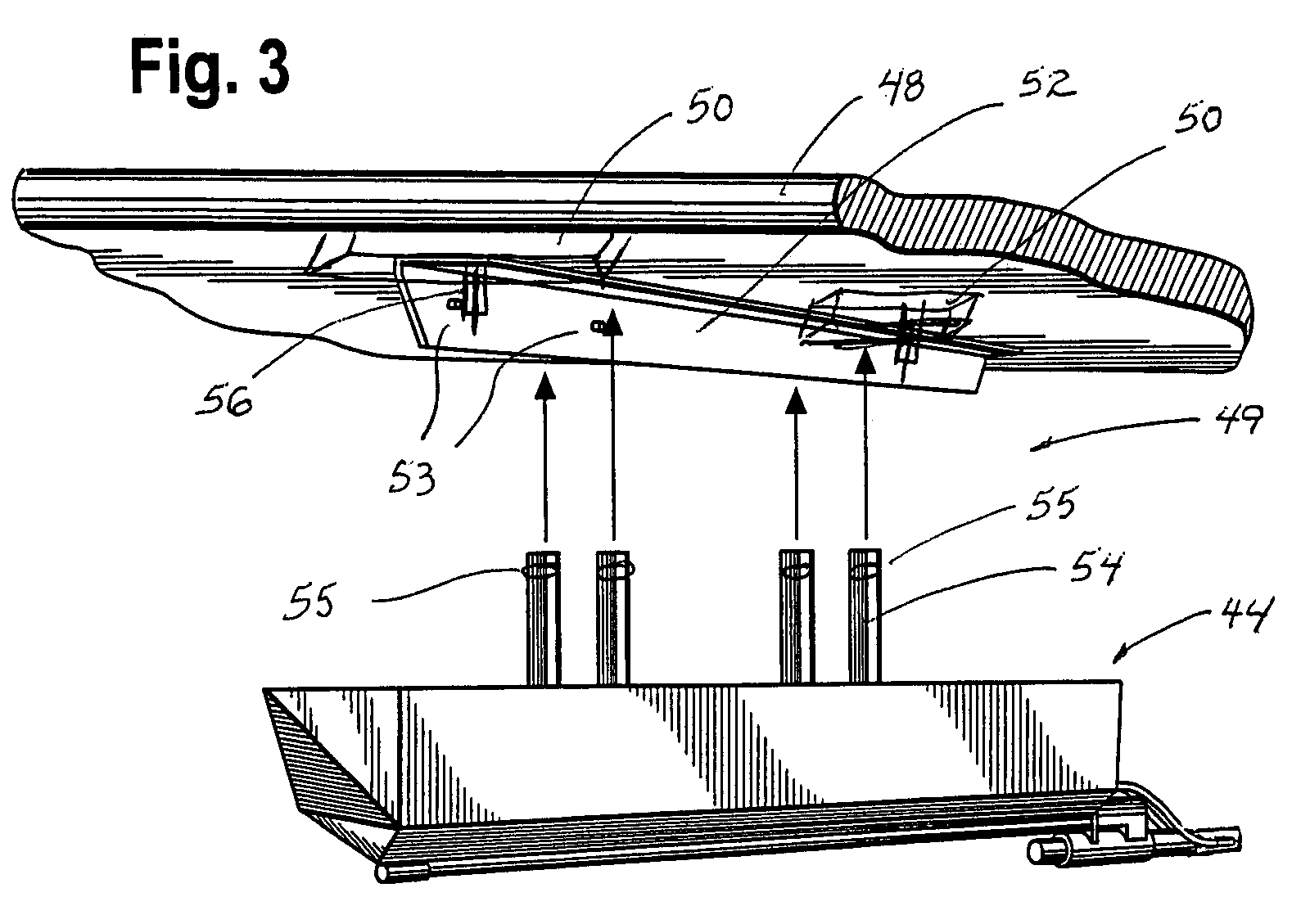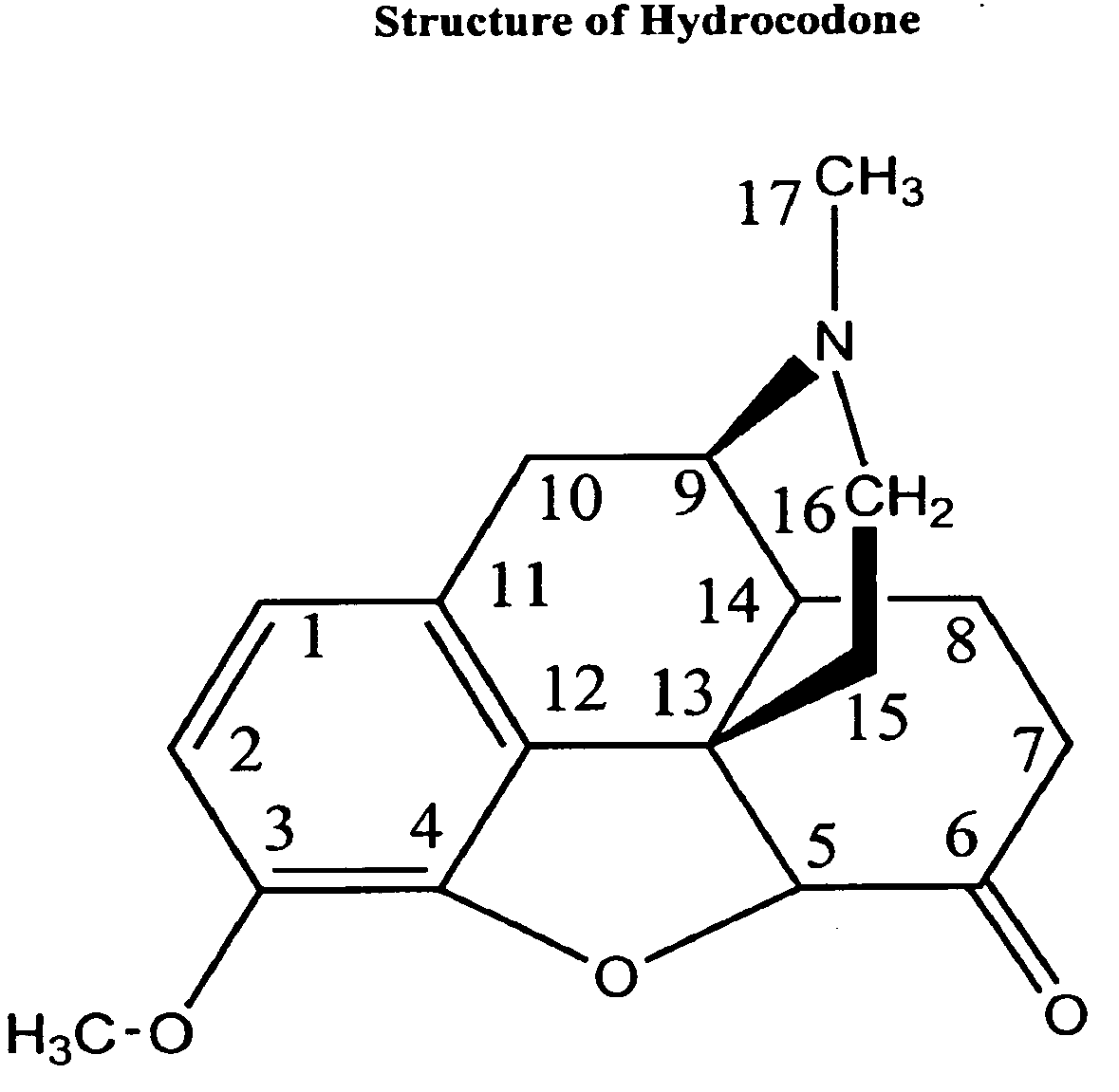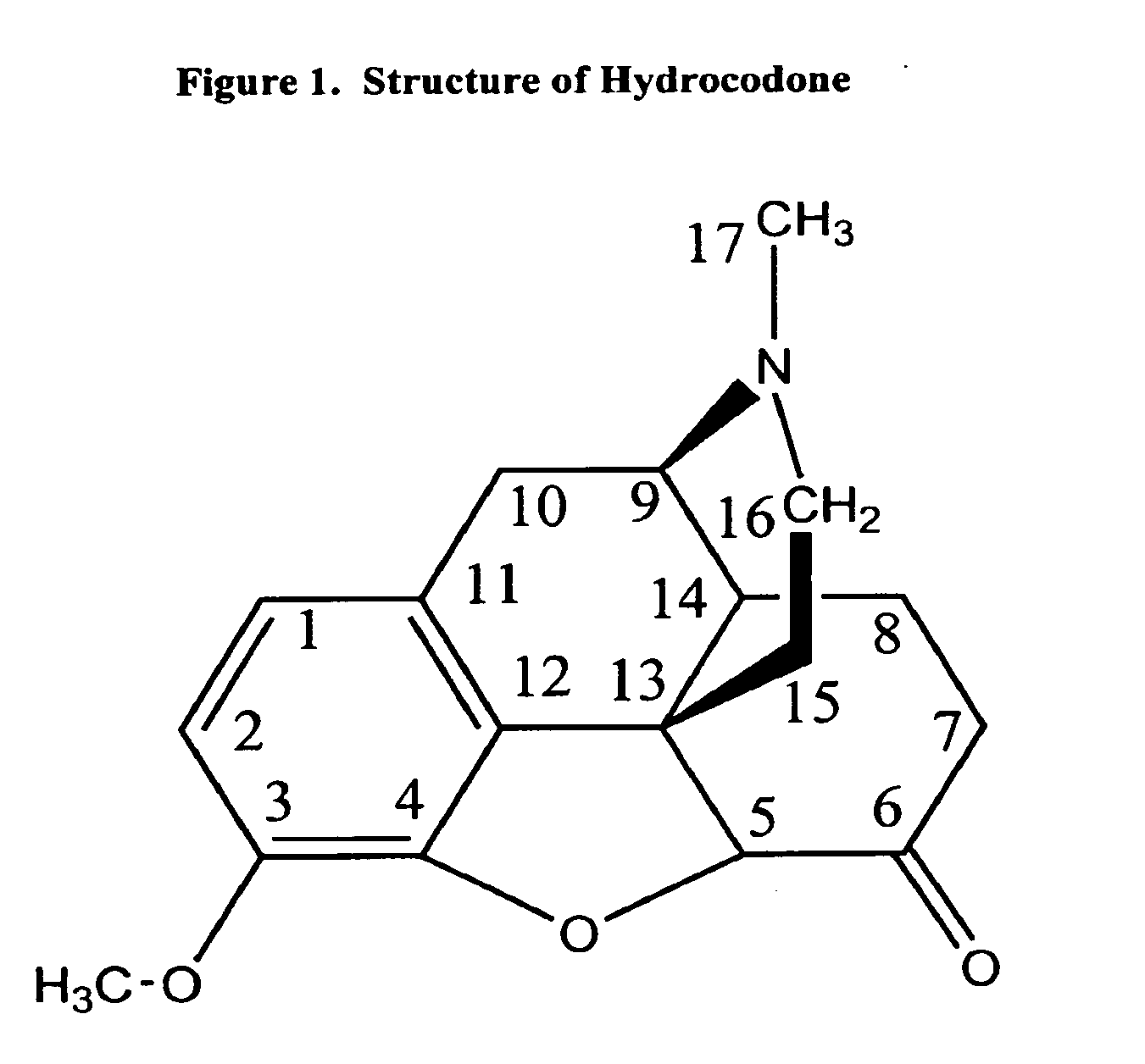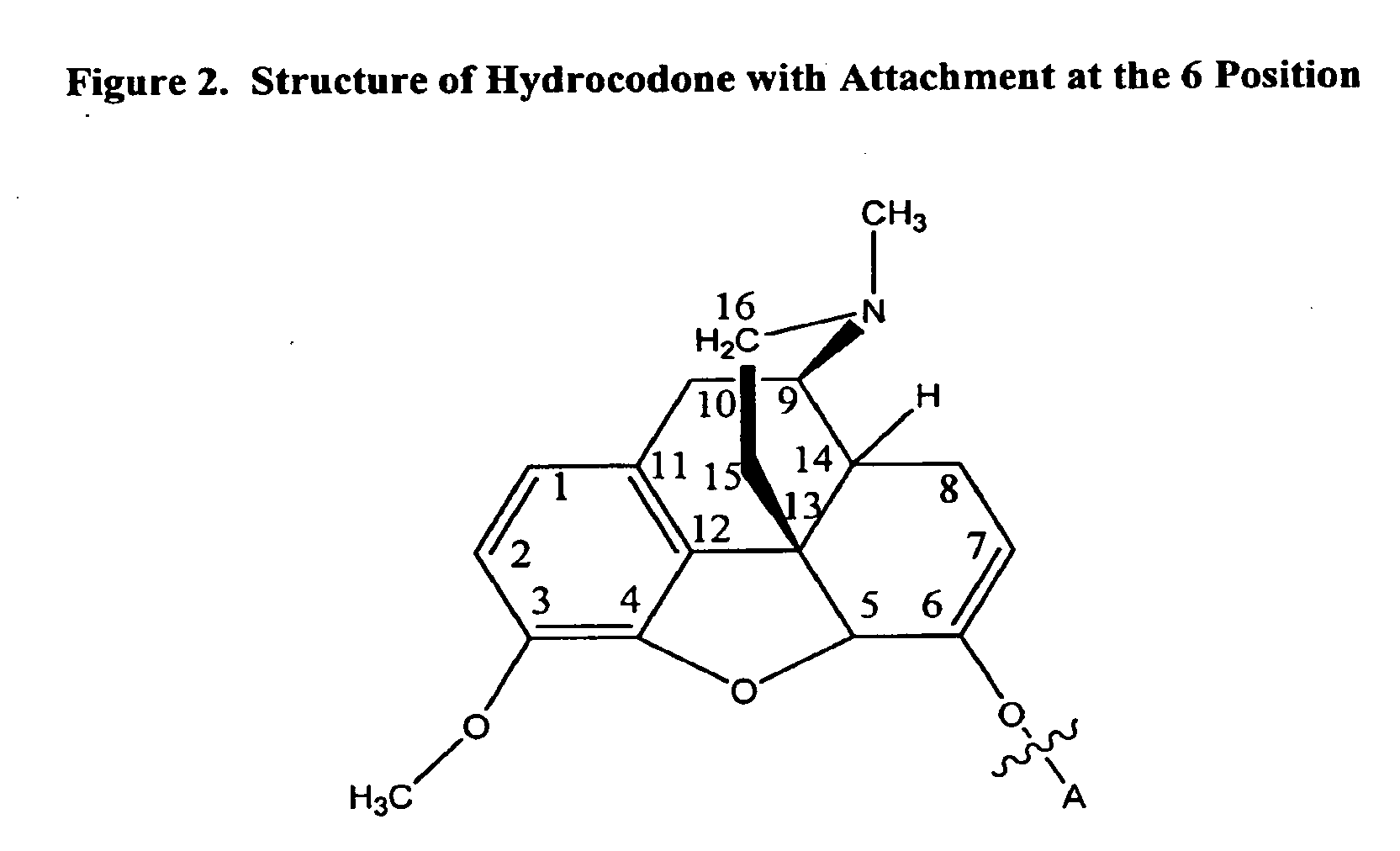Patents
Literature
Hiro is an intelligent assistant for R&D personnel, combined with Patent DNA, to facilitate innovative research.
209 results about "Controlled substance" patented technology
Efficacy Topic
Property
Owner
Technical Advancement
Application Domain
Technology Topic
Technology Field Word
Patent Country/Region
Patent Type
Patent Status
Application Year
Inventor
A controlled substance is generally a drug or chemical whose manufacture, possession, or use is regulated by a government, such as illicitly used drugs or prescription medications that are designated by law. Some treaties, notably the Single Convention on Narcotic Drugs, the Convention on Psychotropic Substances, and the United Nations Convention Against Illicit Traffic in Narcotic Drugs and Psychotropic Substances provide internationally agreed upon "schedules" of controlled substances, which have been incorporated into national laws, however national laws usually significantly expand on these international convention.
Systems and methods for a vaporization device and product usage control and documentation
Owner:CANOPY GROWTH CORP
Apparatus and methods for controlled substance delivery from implanted prostheses
InactiveUS20020082685A1Improve drug delivery efficiencyReduce lossesStentsSurgeryPercent Diameter StenosisControl substances
The present invention provides improved devices and methods for inhibiting restenosis and hyperplasia after intravascular intervention. In particular, the present invention provides luminal prostheses which allow for programmed and controlled substance delivery with increased efficacy to selected locations within a patient's vasculature to inhibit restenosis. The luminal delivery prosthesis comprises a scaffold which is implantable within a body lumen and means on the scaffold for releasing a substance from the scaffold. The substance is released over a predetermined time pattern comprising an initial phase wherein the substance delivery rate is below a threshold level and a subsequent phase wherein the substance delivery rate is above a threshold level.
Owner:ALTAI MEDICAL TECH
Method of individually tracking and identifying a drug delivery device
InactiveUS6851615B2Reduce generationDecrease the inclinationVisual presentationRecord carriers used with machinesUnique identifierBarcode
A method of and system for identifying an individual drug delivery device and tracing its ownership. An individual drug delivery device, such as a patch, is coded with a unique identifier. Such coding is performed by using a bar code or by storing the identifier in a memory device in the drug delivery device. A database contains a record of the identifier, representing the drug delivery device. The identifier is read upon a transfer of the drug delivery device and the database is updated to include information such as the date of the transfer, the identity of the transferee and the prescribing physician. The ability to retrieve such information regarding specific drug delivery devices can result in the prevention of abuse of controlled substances contained therein.
Owner:NOVEN PHARMA
Automated vending of products containing controlled substances
ActiveUS7783379B2Efficient and widespread enforcementReduced resourceCoin-freed apparatus detailsCommercePseudoephedrineControl substances
The present invention provides for devices and methods for vending regulated products, particularly controlled substances, including those containing pseudoephedrine. The present invention allows for the identification of consumers through reliable log-in-procedures, allows the consumer to select items, validates whether the purchase request complies with regulations, to facilitate the delivery of the requested product to a consumer. Other embodiments include a vending machine that is placed into a retail environment in which software enforces validation of the purchasers' identities, limits the amount of pseudoephedrine for each purchaser within the regulations of local, state and federal agencies.This invention reduces the resources which must be expended in retail locations to comply with regulatory agencies, to implement effective counter measures against illegal purchases of regulated and controlled substances, and to ensure the effective limitation of these substances within reasonable limits required for normal consumption.
Owner:ASTERES
System for delivery and monitoring of administration of controlled substances
A system is provided for delivery and monitoring the administration of controlled substances which includes one or more databases including a national database of controlled substance users, a database including physician / pharmacy information, a controlled substance delivery device and a docking station for use together with a network and software for communication between the various components of the system.
Owner:ACEIRX PHARM INC
Systems and methods for a vaporization device and product usage control and documentation
InactiveUS20160211693A1Circuit monitoring/indicationAlternative medicinesHealth riskDocumentation procedure
Owner:CANOPY GROWTH CORP
Highly Efficient Plamonic Devices, Molecule Detection Systems, and Methods of Making the Same
InactiveUS20120081703A1Function increaseAltering surface roughnessRadiation pyrometryMaterial analysis by optical meansGenomic sequencingAnalyte
Owner:NANT HLDG IP LLC
Apparatus and methods for controlled substance delivery from implanted prostheses
The present invention provides improved stents and other prostheses for delivering substances to vascular and other luminal and intracorporeal environments. In particular, the present invention provides luminal prostheses which allow for a programmed and controlled substance delivery protocols for a variety of purposes. The prostheses comprise a scaffold which is implantable within a body lumen and a substance reservoir present over at least a portion of the scaffold. Usually, a rate-controlling element will be formed over the substance-containing reservoir to provide for a number of different substance release characteristics.
Owner:ALTAI MEDICAL TECH
Portable light generation and detection system
ActiveUS20080003664A1Bioreactor/fermenter combinationsPhotometry using reference valueControl substancesEngineering
A field deployable optical assembly for use in testing a light-responsive sample is disclosed. The assembly includes a microfluidic device, a first optical package, and a second optical package. The first optical package includes a light emitting diode (LED), a first optical device, and a first light-path control, the first optical package configured to guide and focus light from the LED onto the sample. The microfluidic device includes a tethered control substance. In response to a substance within the sample being associated with, and attaching to, the tethered control, the sample emits light. The second optical package includes a photo sensor, a second optical device, and a second light-path control, the second optical package configured to guide and focus the light emitted from the sample onto the photo sensor.
Owner:BL TECH INC
Nutrition slow-release type biofiller for water treatment and its preparation method
InactiveCN100999361AIncrease roughnessIncrease specific surface areaSustainable biological treatmentWater/sewage treatment by substance additionPlastic injection moldingInjection molding machine
This invention discloses a nourishing slow-released type organic bulking agent for processing water and its preparation. This bulking agent includes 60-100 parts of high polymer basis material, 1-15 parts of nutrient substance, 1-10 parts of slow-releasing control substance, and 1-10 parts of dispersing lubricant. When prepare, lubricate slow-releasing control substance with 0.5-3 parts of dispersing lubricant; lubricate high polymer basis material with remaining dispersing lubricant, add in stirring machine, mix with above mixture, mix uniformly, transfer mixture into stirring dipper of plastic injection molding machine, extrude and form by bulking agent tooting. Organic bulking agent prepared by this invention slow-releases nutrient substance that is required for microbes forming biofilm. It has characteristics of fast forming biofilm, more microbial biomass, and activity. It is especially suitable for oxygen degrading process of waste water that contains difficult degraded toxic pollutant.
Owner:SOUTH CHINA UNIV OF TECH
Vaporizer
ActiveUS20180098571A1Low experience requirementEasy to cleanTobacco pipesTobacco devicesFlavorInhalation
Disclosed is a vaporizer with a heating element located on a side opposite the mouthpiece. The heating element can heat an herbal product that is located away from the vaporizer and not within a canister that may require multiple heatings of the same product, producing a burnt flavor. The heating element can be in the shape of a coiled straw-like structure or otherwise incorporate a tubular passageway to provide better air flow during inhalation. The air flow tip and the tube can also be a single piece to allow for easier cleaning and replacement, or removal of the air flow tip if the tip includes resin of a controlled substance.
Owner:ZIPLINE INNOVATIONS LLC
Automated Vending of Products Containing Controlled Substances
ActiveUS20080269947A1Efficient and widespread enforcementReduced resourceAcutation objectsCoin-freed apparatus detailsPseudoephedrineControl substances
The present invention provides for devices and methods for vending regulated products, particularly controlled substances, including those containing pseudoephedrine. The present invention allows for the identification of consumers through reliable log-in-procedures, allows the consumer to select items, validates whether the purchase request complies with regulations, to facilitate the delivery of the requested product to a consumer. Other embodiments include a vending machine that is placed into a retail environment in which software enforces validation of the purchasers' identities, limits the amount of pseudoephedrine for each purchaser within the regulations of local, state and federal agencies.This invention reduces the resources which must be expended in retail locations to comply with regulatory agencies, to implement effective counter measures against illegal purchases of regulated and controlled substances, and to ensure the effective limitation of these substances within reasonable limits required for normal consumption.
Owner:ASTERES
Methods and apparatus for molecular species detection, inspection and classification using ultraviolet to near infrared Enhanced Photoemission Spectroscopy
InactiveUS20080191137A1Reduce sensitivityHigh sensitivityEmission spectroscopyRadiation pyrometryControl substancesUltraviolet
The invention relates generally to the field of substance and material detection, inspection, and classification at wavelengths between approximately 200 nm and approximately 1800 nm. In particular, a handheld Enhanced Photoemission Spectroscopy (“EPS”) detection system with a high degree of specificity and accuracy, capable of use at small and substantial standoff distances (e.g., greater than 12 inches) is utilized to identify specific substances (e.g., controlled substances, illegal drugs and explosives, and other substances of which trace detection would be of benefit) and mixtures thereof in order to provide information to officials for identification purposes and assists in determinations related to the legality, hazardous nature and / or disposition decision of such substance(s).
Owner:CDEX
Activity monitor to alleviate controlled substance abuse
ActiveUS20110169635A1Provide activityDrug and medicationsDiagnostic recording/measuringSubstance abuserControl substances
An activity monitor which can be pre-programmed at the factory, the doctors office or the pharmacist, or that can be programmed by the user. The activity monitor is affixed to a medicine bottle or container and activity associated with the bottle or container, such as movement, opening, volume changes, etc. are monitored in view to the schedule. The activity monitor records and allows for the analysis of the recorded data to determine is there is a likelihood of substance abuse.
Owner:JOHNSON SAM
Devices, methods and applications for intelligent medical packaging
InactiveUS20070056871A1Easy to manufactureEnhanced information displayContainer decorationsLevel indicationsVisibilityCommunication interface
An intelligent package system for holding or delivering medical pharmaceuticals, controlled substances, or hazardous materials includes at least one integral active display, a controller and one or more of the following: a programmable memory; one or more sensors; a communication interface device; a power source; one or more user input devices; and an externally connected device in communication with the controller / display. The active display allows static as well as dynamic visual information to be presented, and may be printed or stamped directly onto the surface of the pharmaceutical container or packaging to provide for enhanced information display, access, and visibility.
Owner:MEDRAD INC.
Method and apparatus for detection of a controlled substance
InactiveUS6558956B1Many of techniqueRaise the ratioRadiation pyrometryRaman scatteringChemical reactionAnalyte
Techniques and devices for detecting and analyzing controlled substances and the like are discussed including highly reactive sensor molecules which are coated on a spectroscopic sample surface (4) and which may chemically react with a given analyte to form a covalently bonded adduct with spectral characteristics unique to the new adduct. The techniques provide the basis of a detection system with high sensitivity and high specificity in which the surface can even be washed to remove interfering or nonreactive compounds. The sensor molecules which comprise the coating (8) may have three major components: a central molecular scaffold ("CMS"), a "tether" terminated by a surface attachment group "SAG," and a reactive functional group "RFG" which may be highly reactive towards certain classes of molecules. One or more modifiers or modifier groups "Z" which may serve to increase or decrease the reactivity of the RFG towards target analytes, or to modify the spectral characteristics of the adduct may also be included. Some sensor molecules include diazonium compounds, activated acyls, and nitrosos.
Owner:WYOMING UNIV OF THE
Substance detection and alarm using a spectrometer built into a steering wheel assembly
InactiveUS7173536B2Radiation pyrometrySpectrum investigationReflectance spectroscopyControl substances
A spectrometer for infrared reflectance measurements of samples for identification of the sample materials is built into a steering wheel assembly. The spectrometer includes a window and optics on a bench adjacent the window, so that the optics will be aligned with the sample when the device is placed in optical alignment with or directly against the sample. The optics include a broad-band IR light source (ordinary lamp) shining onto an acousto-optic tunable filter (AOTF), which passes narrow-band IR light with a swept frequency; a lens focusing the IR through the window onto the sample; and a reflectance detector aligned with the window of the spectrometer to pick up reflected light. A computer, which may be mounted in the spectrometer, compares the detected reflectance spectrum with stored sample data spectra, and identifies the material or the components of the material and their proportions. When a control substance is detected an alarm signal is produced.
Owner:DUVAL LANDON
Activity monitor to alleviate controlled substance abuse
ActiveUS8284068B2Drug and medicationsDiagnostic recording/measuringSubstance abuserControl substances
An activity monitor which can be pre-programmed at the factory, the doctors office or the pharmacist, or that can be programmed by the user. The activity monitor is affixed to a medicine bottle or container and activity associated with the bottle or container, such as movement, opening, volume changes, etc. are monitored in view to the schedule. The activity monitor records and allows for the analysis of the recorded data to determine is there is a likelihood of substance abuse.
Owner:JOHNSON SAM
Controlled substance analysis, wastage disposal and documentation system, apparatus and method
InactiveUS6868344B1Avoid accessRaman scatteringColor/spectral properties measurementsPharmacyChemical composition
A method, system, and apparatus for the collection, analysis, and disposal of controlled substances are described. A collector receives an excess of controlled substance and stores the controlled substance so that unauthorized access is minimized. An analysis determines the chemical composition and concentration. The results of the analysis are reviewed and reconciled against information in an overseeing authority information system or against information provided by the depositor of the controlled substance or both. The controlled substance is disposed of once it has been confirmed that the substance deposited in the collector is the same substance claimed to be deposited and the same substance issued by the pharmacy or other qualified authorities.
Owner:VIGILANT DEVICES
Container assembly and method for humidity control
A container assembly has a material storage container defining a sealed chamber therein. A quantity of moisture-sensitive material is disposed in the chamber. The moisture-sensitive material has a desired range of moisture content. A hydrated humidity control substance is also disposed within the chamber, and the humidity control substance is in humidity-transferable communication with the chamber. The humidity control substance regulates a relative humidity within the chamber in order to maintain a moisture content of the moisture-sensitive material within the desired range of moisture content.
Owner:3M INNOVATIVE PROPERTIES CO
System and methods for detection and identification of chemical substances
InactiveUS20080319795A1Convenient verificationReduces risk of diversionData processing applicationsDrug and medicationsPharmacyControl substances
The invention provides a system and methods for centralized collection and verification of controlled substance / pharmaceutical waste. The invention provides a system and methods that replace the witness's co-signature with a process of centralized pharmacy controlled substance validation. In this process, the administering health care practitioner or nurse will give the medication to the patient and return the wasted portion of the dose to a secured storage area for a centralized pharmacy to pickup. The collected doses are then validated at the centralized pharmacy. Validation can include determining the composition, concentration, amount and type of drug.
Owner:CDEX
Non-crystalline saliva-soluble coatings for elastomeric monofilament dental tapes
InactiveUS20050226820A1Substantivity of coatings onto flexible surfacesResistance to crackingCosmetic preparationsToilet preparationsMedicineControl substances
Owner:WHITEHILL ORAL TECH
Controlled substance analysis, wastage disposal and documentation system, apparatus and method
InactiveUS20050165559A1Avoid accessDrug and medicationsComputer-assisted medicine prescription/deliveryPharmacyChemical composition
A method, system, and apparatus for the collection, analysis, and disposal of controlled substances are described. A collector receives an excess of controlled substance and stores the controlled substance so that unauthorized access is minimized. An analysis determines the chemical composition and concentration. The results of the analysis are reviewed and reconciled against information in an overseeing authority information system or against information provided by the depositor of the controlled substance or both. The controlled substance is disposed of once it has been confirmed that the substance deposited in the collector is the same substance claimed to be deposited and the same substance issued by the pharmacy or other qualified authorities.
Owner:VIGILANT DEVICES
Storage preservation and transport for a controlled substance
The present application provides a unique process of canning a controlled substance where the cans are hermetically sealed and clearly identified in a number of different ways. The process will begin by inserting a packing and dehumidifying agent, preferably a formed rice cake. The controlled substance is then inserted. In some cases the rice cakes will be eliminated or just a single rice cake will be used on the top or the bottom. If the process of storing the controlled substance in an inert atmosphere is desired, the oxygen in the container is replaced with gaseous nitrogen. After the container has been sealed in the conventional pop-top canning procedure; an identifying scent substance is permanently adhered to the can or label. An internal or external microchip could be used to detect, track and trace the container filled with a controlled substance.
Owner:N2 PACKAGING SYST LLC
Systems, methods, and devices for dispensing one or more substances
ActiveUS20150259110A1Power operated devicesDrug and medicationsControlled releaseBiological feedback
A secure dispensing device uses biofeedback to control release of a controlled substance. The secure dispensing device includes a housing with an access compartment that holds a controlled substance, the controlled substance including a first amount of the controlled substance to be dispensed according to one or more initial dispensation parameters; a controller that receives prescription bioinformation about a user and processes the prescription bioinformation to determine an adjusted dispensation parameter for the controlled substance to be dispensed, the initial dispensation parameter and the adjusted dispensation parameter of the controlled substance to be dispensed being different; a regulator that releases the controlled substance from within the housing; and an exit path with an opening that is sized for the controlled substance to be released outside of the access compartment.
Owner:ZOLO SOLUTIONS
Container for the storage, preservation, identification, tracking and transport of a federally controlled substance
The present application provides a container for storage, preservation, identification, tracking and transport of a federally controlled substance comprising: (a) a one or more piece airtight container having an exterior surface and an interior surface, an upper portion and a lower portion, configured for containing a federally controlled substance; (b) an inner coating liner lining said interior surface of said airtight container; (c) a one piece tamper resistant easy open lid affixed to said upper portion of said airtight container; and (d) identifying indicia located on the exterior surface for identifying the contained federally controlled substance contents within said container; wherein said airtight container configured for containing a federally controlled substance, has the atmosphere evacuated and the container filled with an inert gas before the airtight container is hermetically sealed, containing a federally controlled substance inside.
Owner:N2 PACKAGING SYST LLC
Substance detection and alarm using a spectrometer built into a steering wheel assembly
A spectrometer for infrared reflectance measurements of samples for identification of the sample materials is built into a steering wheel assembly. The spectrometer includes a window and optics on a bench adjacent the window, so that the optics will be aligned with the sample when the device is placed in optical alignment with or directly against the sample. The optics include a broad-band IR light source (ordinary lamp) shining onto an acousto-optic tunable filter (AOTF), which passes narrow-band IR light with a swept frequency; a lens focusing the IR through the window onto the sample; and a reflectance detector aligned with the window of the spectrometer to pick up reflected light. A computer, which may be mounted in the spectrometer, compares the detected reflectance spectrum with stored sample data spectra, and identifies the material or the components of the material and their proportions. When a control substance is detected an alarm signal is produced.
Owner:DUVAL LANDON
Systems and methods for disposing narcotic and other regulated waste
InactiveUS20130325727A1Efficiently and effectively track and sortAvoid mixingSustainable waste treatmentSurgical furnitureMedical wasteControl substances
A system for disposing of medical waste is generally configured to sort waste items into a plurality of containers according to applicable rules and regulations governing the handling and / or disposal of such items. In some embodiments, a system comprises sorting stations each of which houses a number of disposable containers. Each station can identify an item of waste, determine the most appropriate container for the item, and facilitate disposal of the item in the appropriate container. In some embodiments, a container or receptacle is configured to receive waste that comprises a controlled substance (e.g., a narcotic, other CII pharmaceutical waste, etc.). Such controlled waste can be discarded into the container or receptacle directly or indirectly (e.g., by placing the waste in a cup or other enclosure).
Owner:CAREFUSION 303 INC
Aerial application dispersal system
An aerial application dispersal system that comprises an aerial vehicle and an aerial dispersal unit. The aerial dispersal unit provides an insect control substance, a flake auger, and a motor to drive the flake auger for transporting the insect control substance to a dispensing chamber. The aerial dispersal unit also provides a glue substance, a pump, and a motor to drive the pump for transporting the glue substance from a storage container to the dispensing chamber for mixing with the insect control substance. The dispensing chamber is provided with a motor for forcing the insect control substance mixed with the glue substance out an exit portal for disbursement over the designated area. A control box, control switches, global positioning satellite system, and dispersal unit operator interface are also provided for automatically regulating the mixing and dispensing rate of the insect control substance and glue substance in relation to the ground speed of the aerial vehicle for maintaining a constant, uniform disbursement of a bonded substance over a designated area.
Owner:PETERSEN SCOTT
Compositions and methods for enhancing analgesic potency of covalently bound-compounds, attenuating its adverse side effects, and preventing their abuse
InactiveUS20100144645A1Lower potentialAmenable to synthesizing conjugatesBiocideNervous disorderChemical MoietyOpioid antagonist
The invention generally relates to compositions and methods with covalently bound compounds, such as controlled substances covalently attached to a chemical moiety, and opioid antagonists or covalently bound opioid antagonists to enhance analgesic potency and / or attenuate one or more adverse effects of covalently bound compounds, including adverse side effect(s) in humans such as nausea, vomiting, dizziness, headache, sedation (somnolence), physical dependence or pruritis. This invention relates to compositions and methods for selectively enhancing the analgesic potency of a covalently bound compound and simultaneously attenuating anti-analgesia, hyperalgesia, hyperexcitability, physical dependence and / or tolerance effects associated with the administration of a covalently bound compound. The methods of the invention comprise administering to a subject an analgesic or sub-analgesic amount of a covalently bound compound and an amount of excitatory opioid receptor antagonist such as naltrexone or nalmefene effective to enhance the analgesic potency of a covalently bound compound and attenuate the anti-analgesia, hyperalgesia, hyperexcitability, physical dependence and / or tolerance effects of covalently bound compound. The invention also relates to the addition of covalently-bound opioid antagonists to the compositions containing covalently bound compounds such that if the compositions are subjected to manipulation by illicit chemists, the opioid antagonist is released effectively reducing or eliminating the euphoric effect of the covalently bound compounds.
Owner:SHIRE PLC
Features
- R&D
- Intellectual Property
- Life Sciences
- Materials
- Tech Scout
Why Patsnap Eureka
- Unparalleled Data Quality
- Higher Quality Content
- 60% Fewer Hallucinations
Social media
Patsnap Eureka Blog
Learn More Browse by: Latest US Patents, China's latest patents, Technical Efficacy Thesaurus, Application Domain, Technology Topic, Popular Technical Reports.
© 2025 PatSnap. All rights reserved.Legal|Privacy policy|Modern Slavery Act Transparency Statement|Sitemap|About US| Contact US: help@patsnap.com
